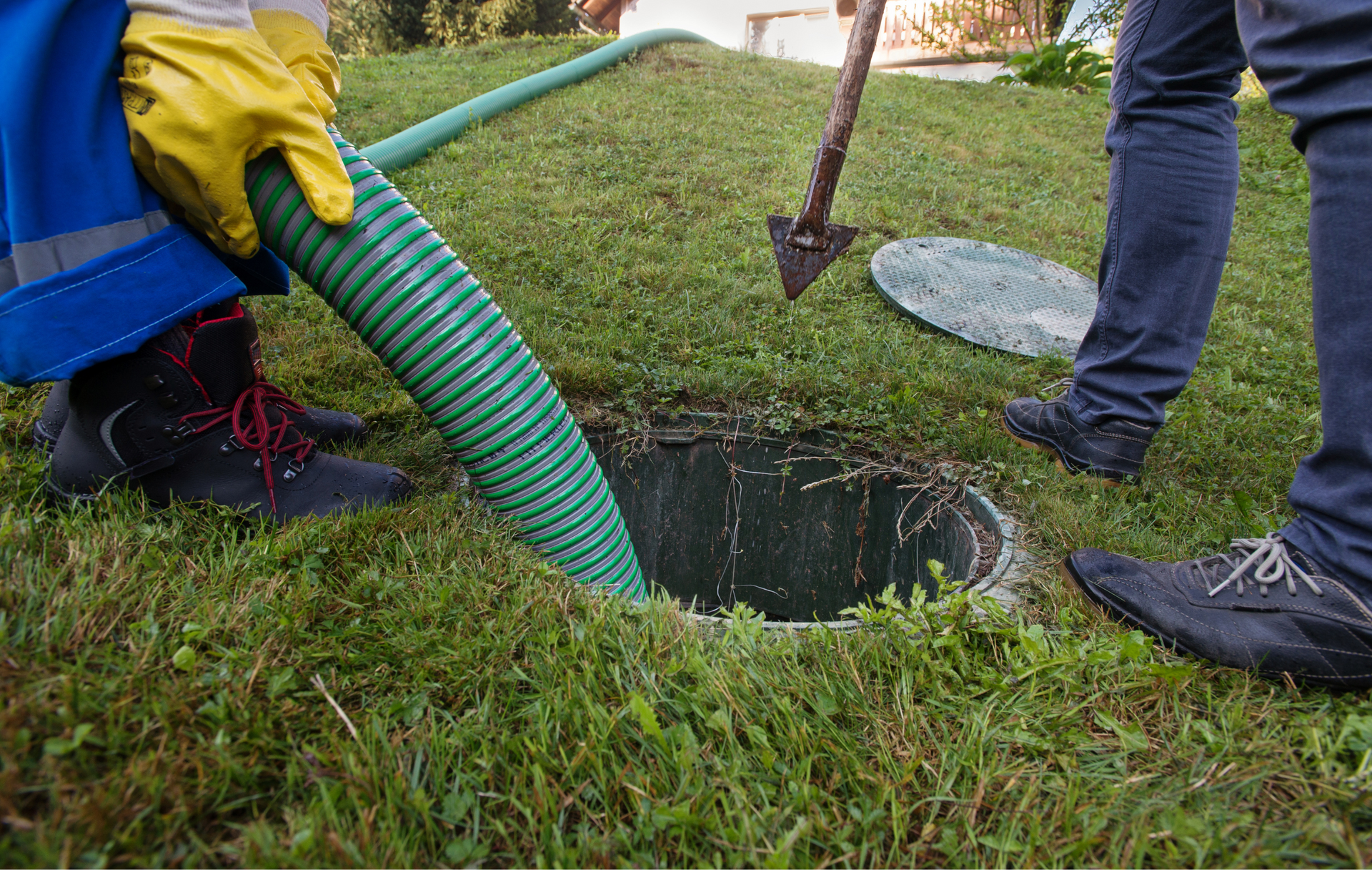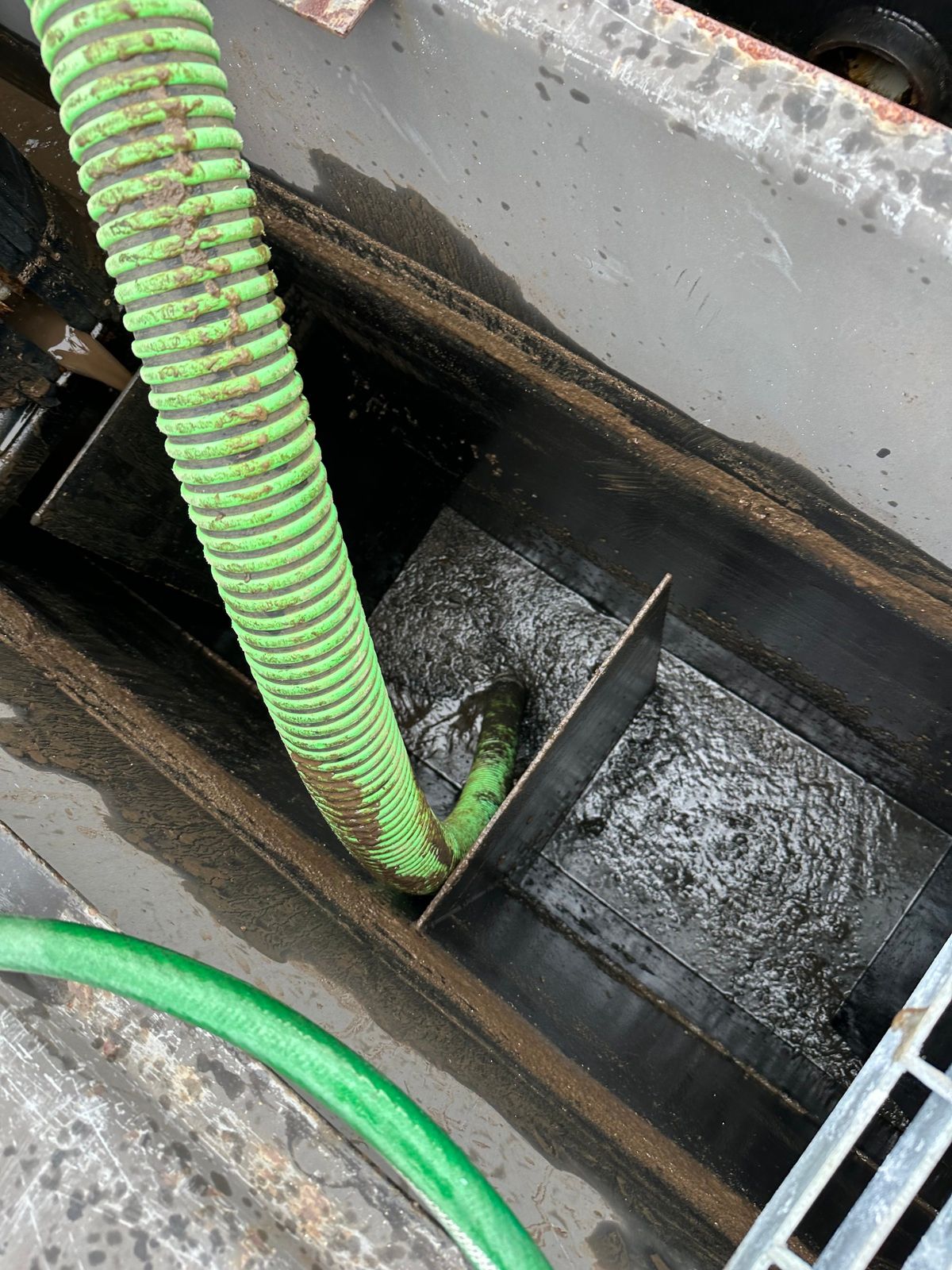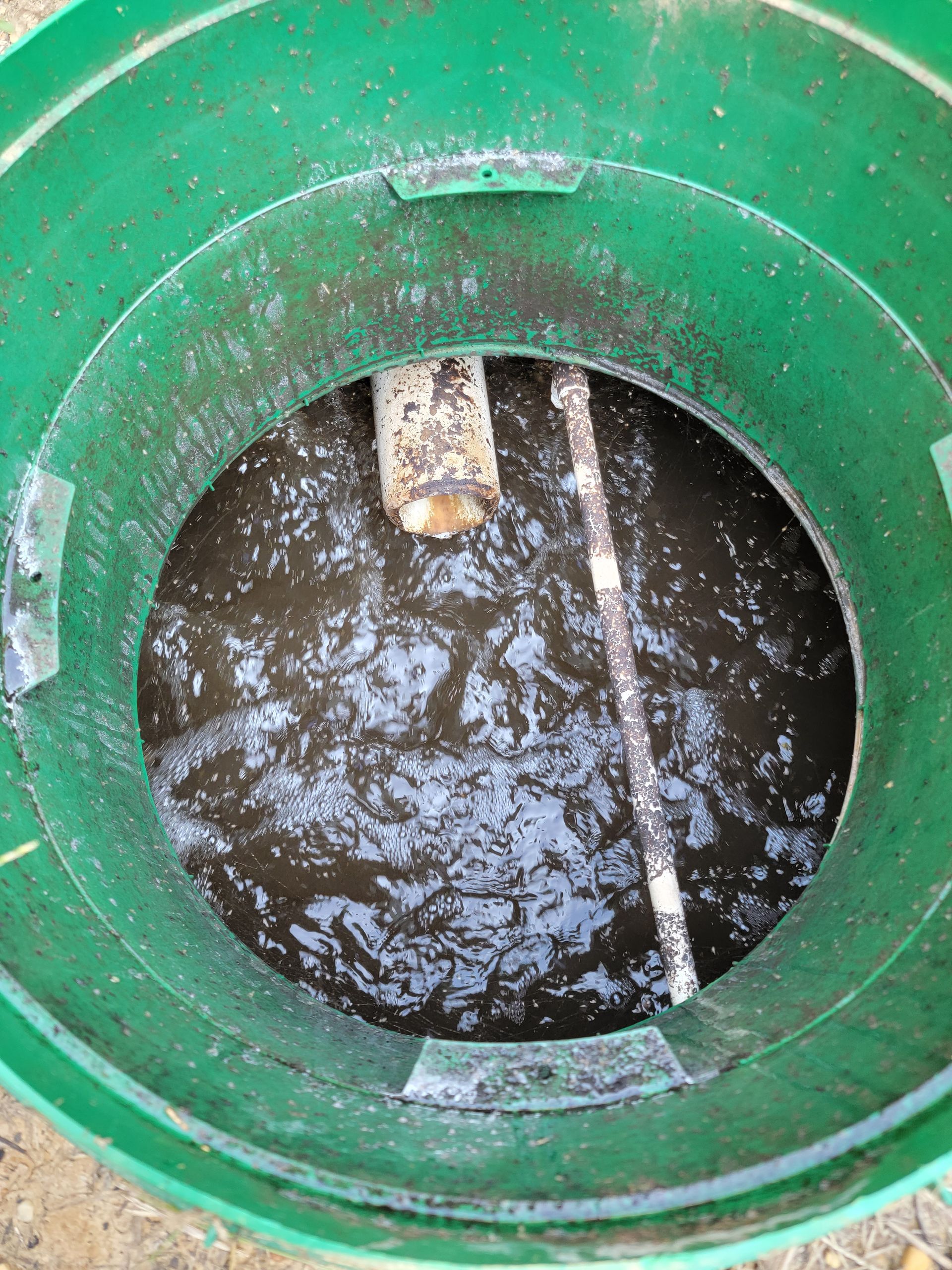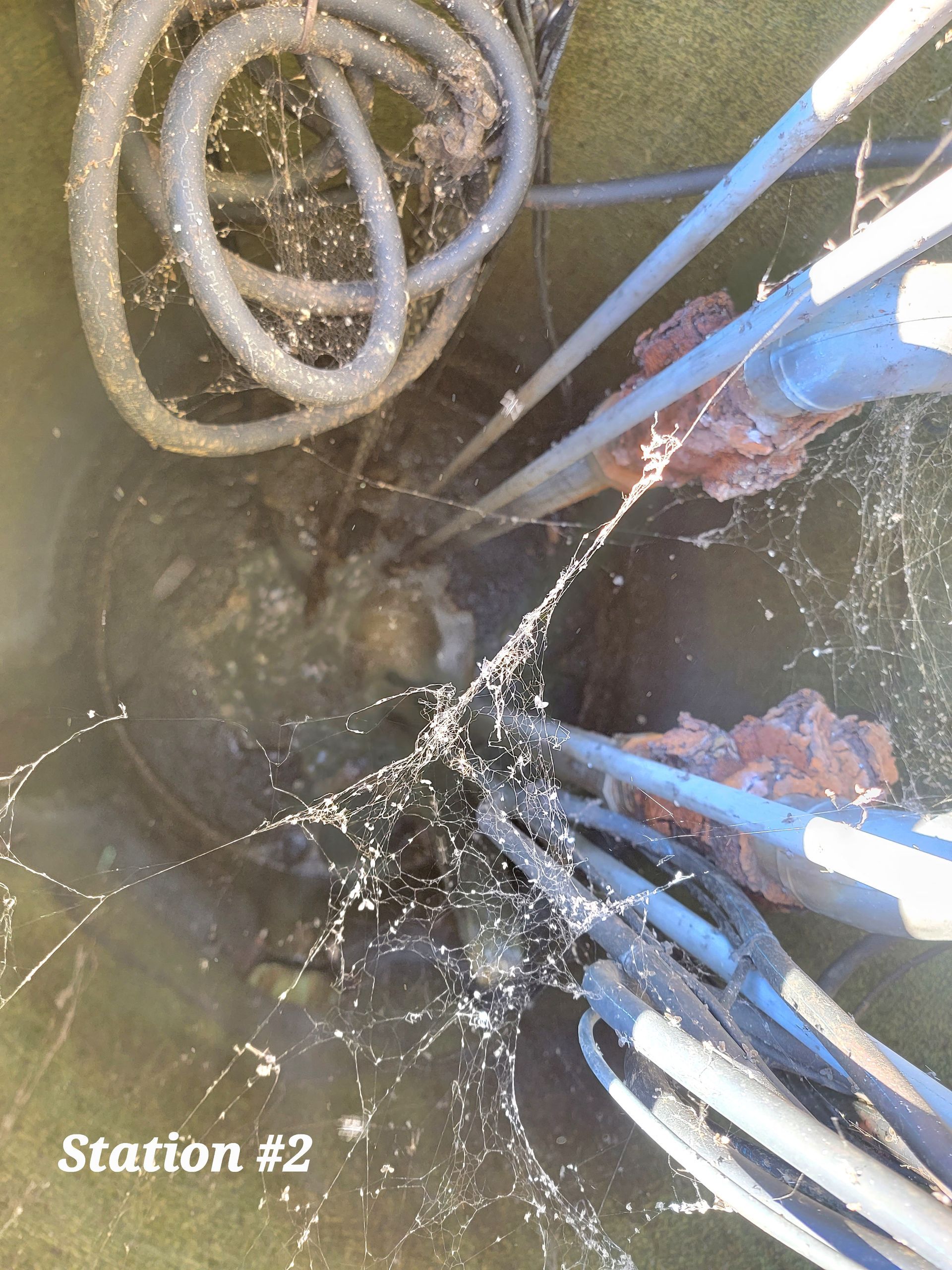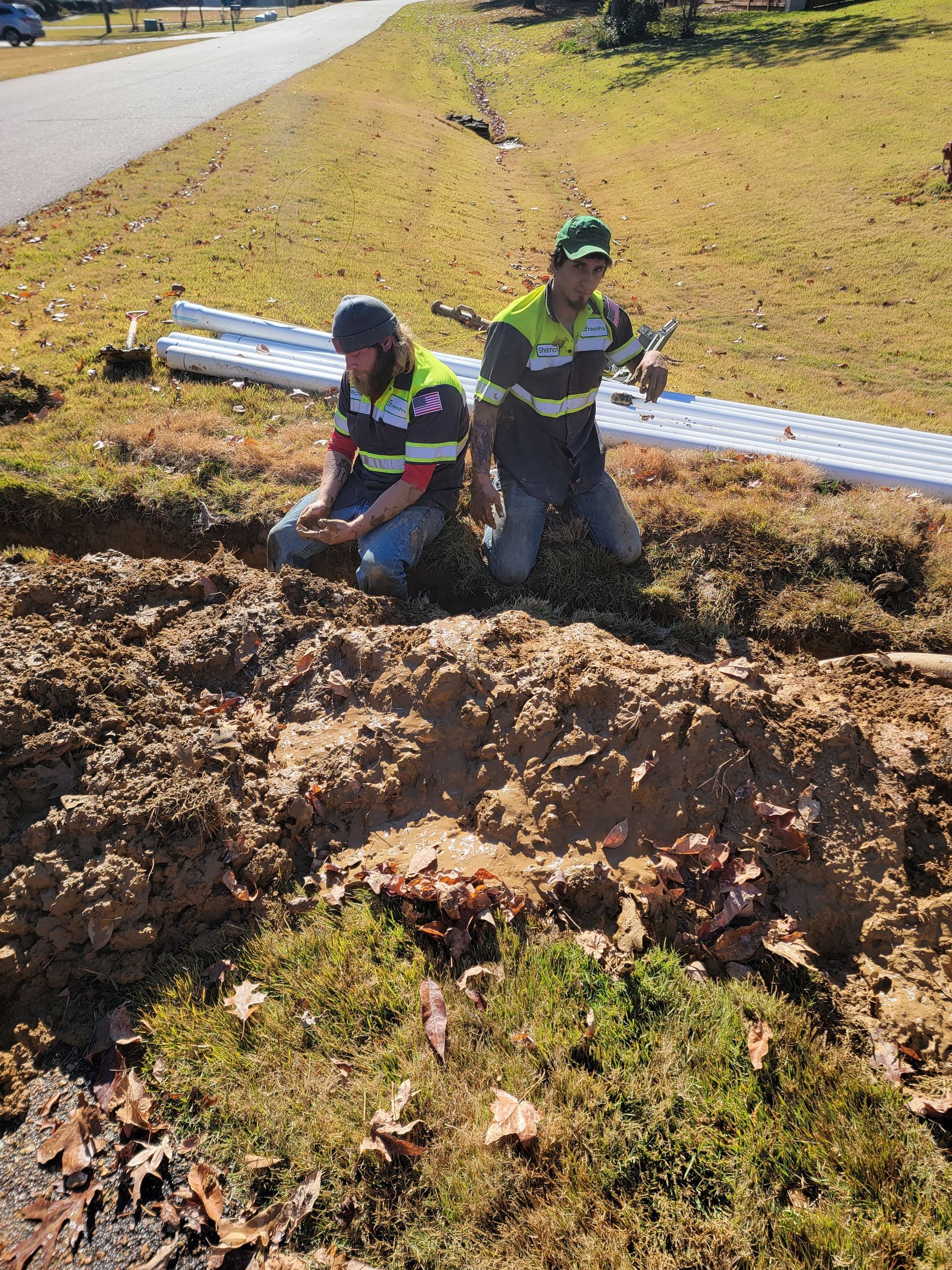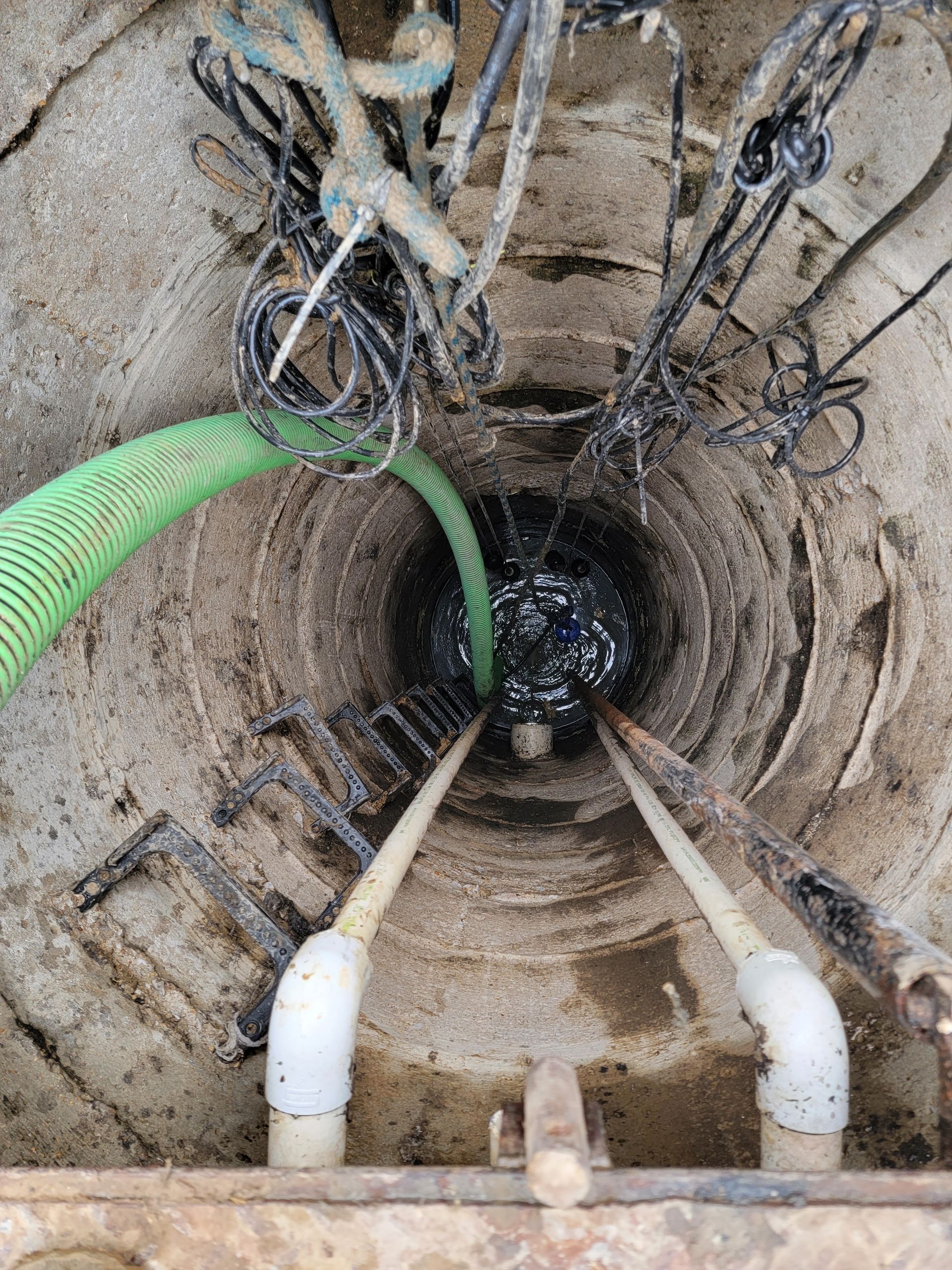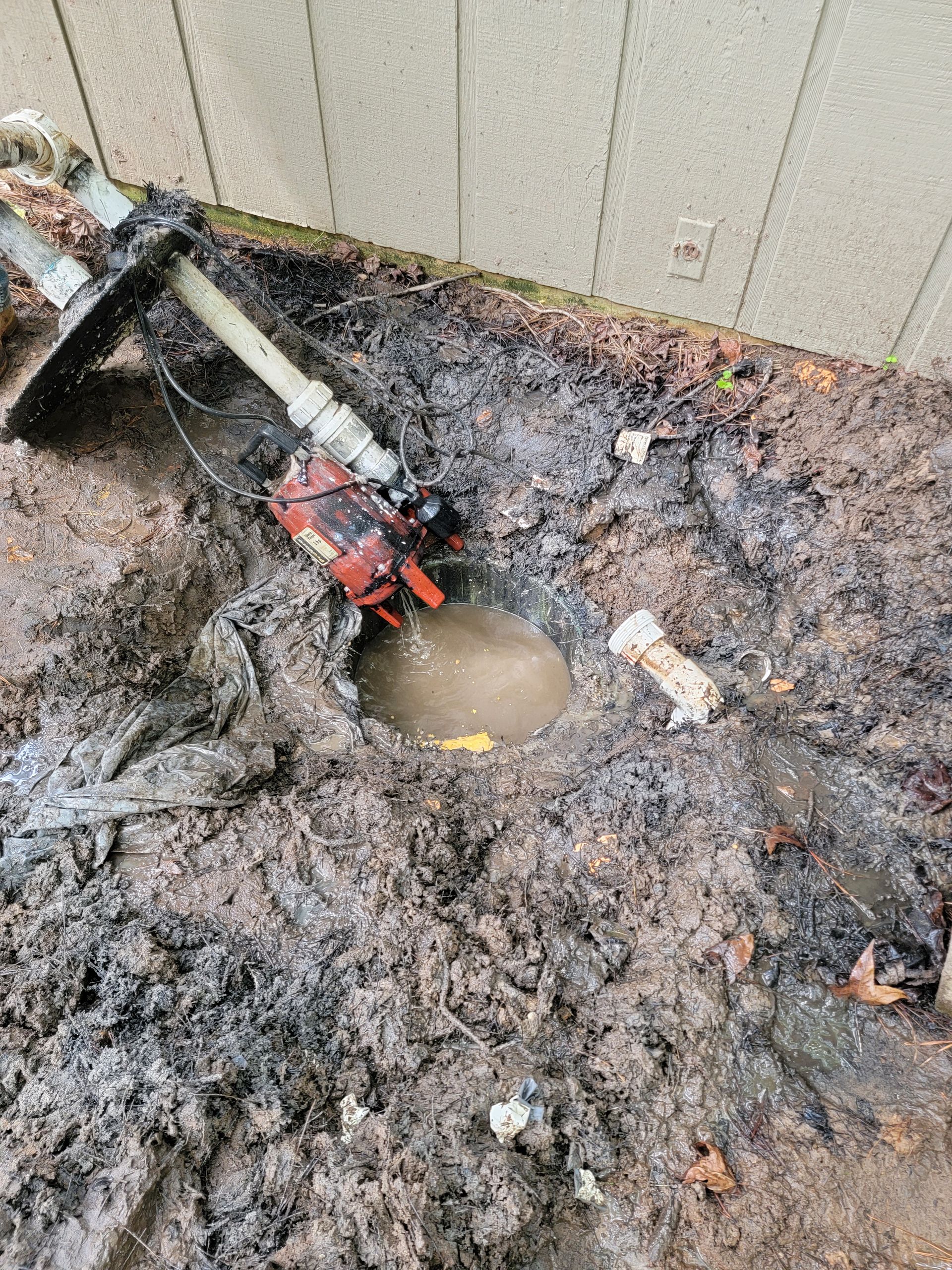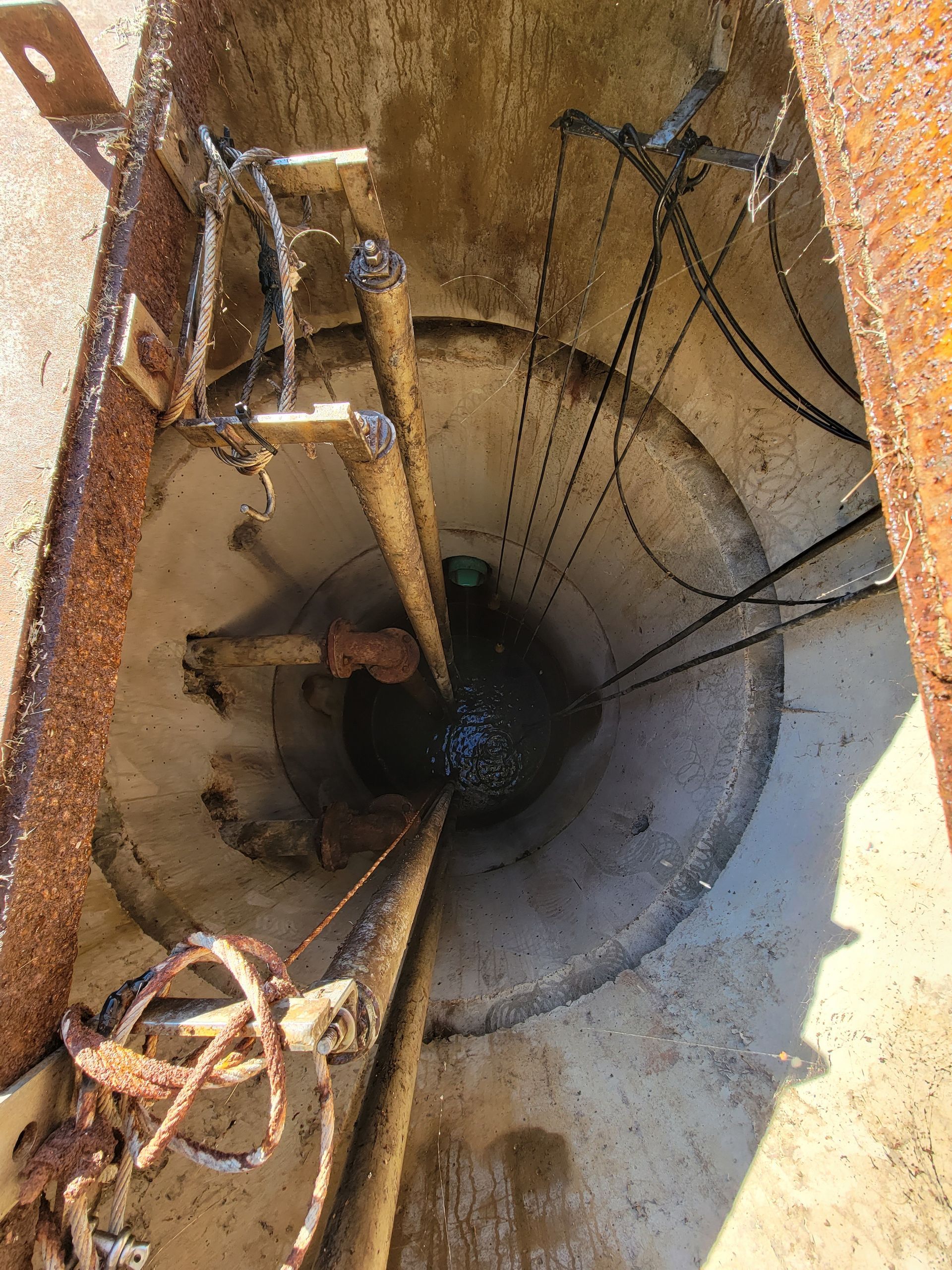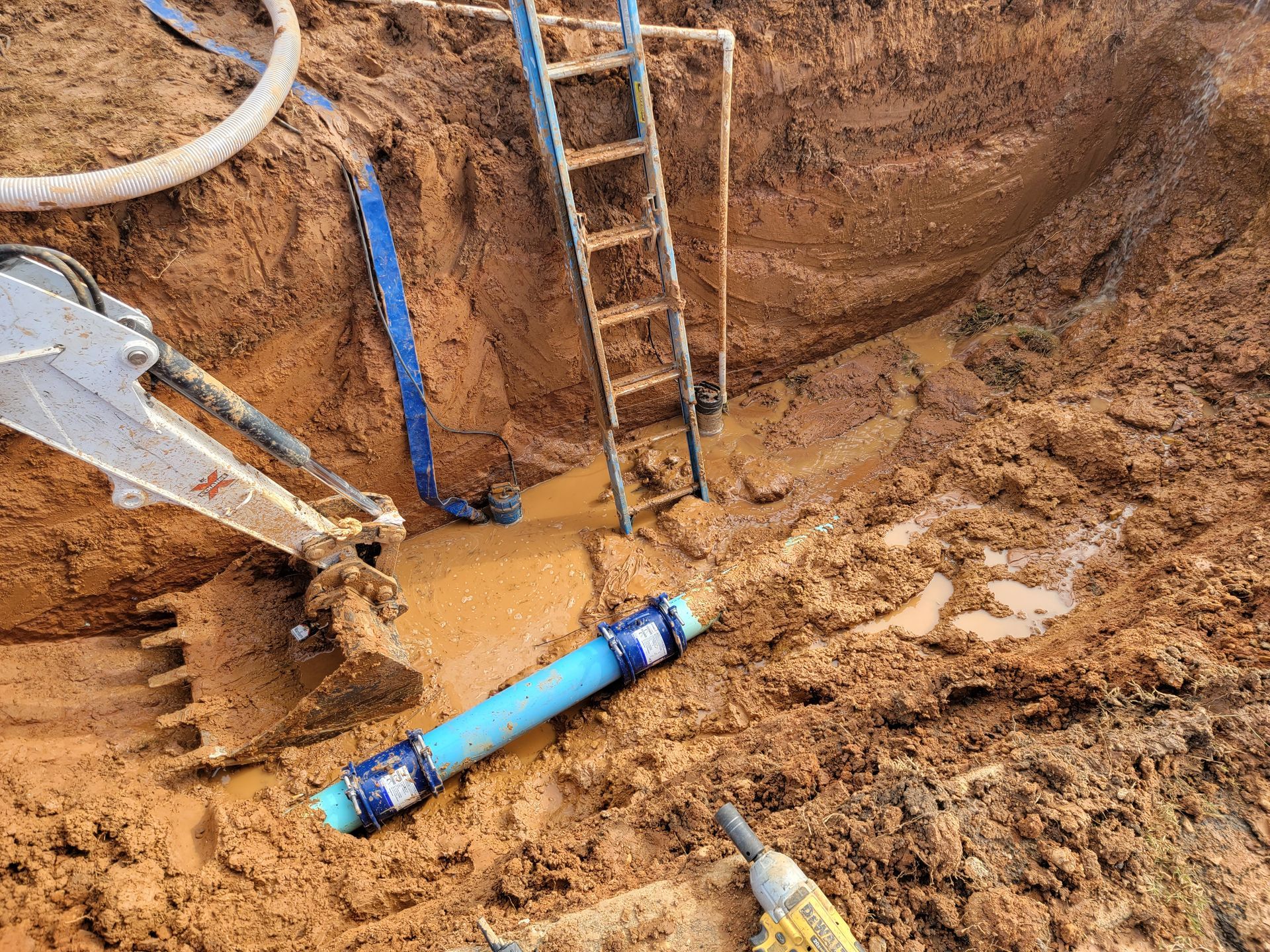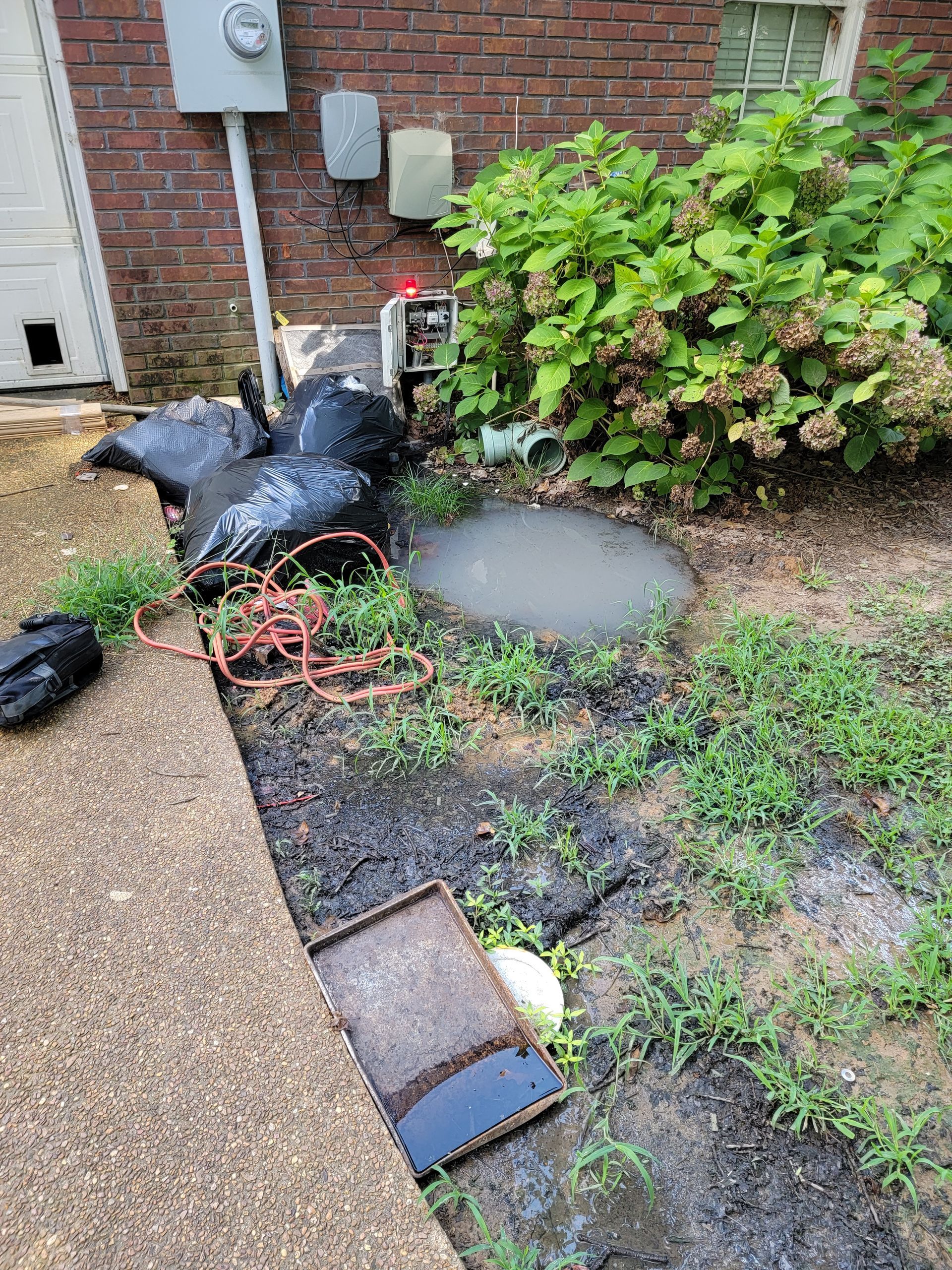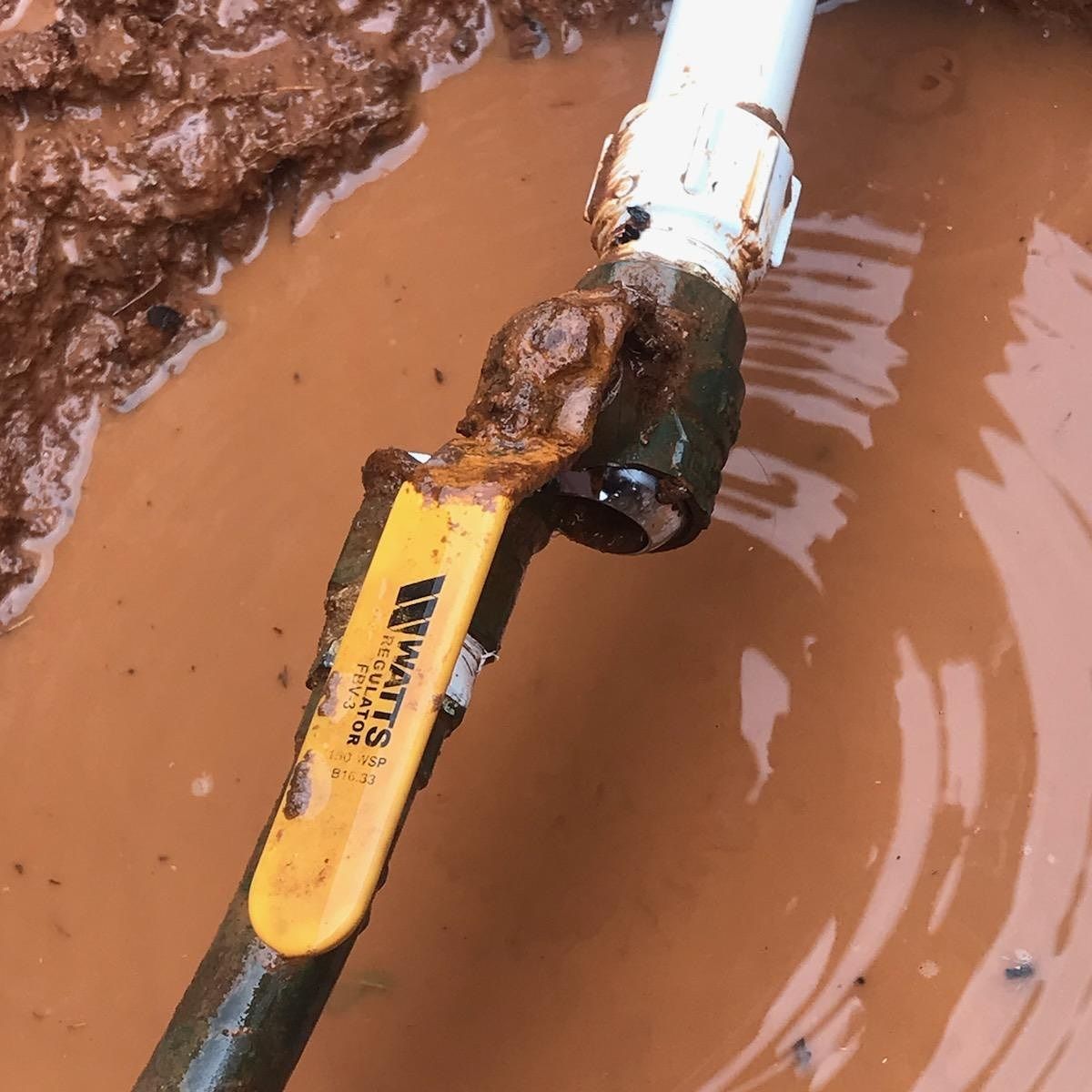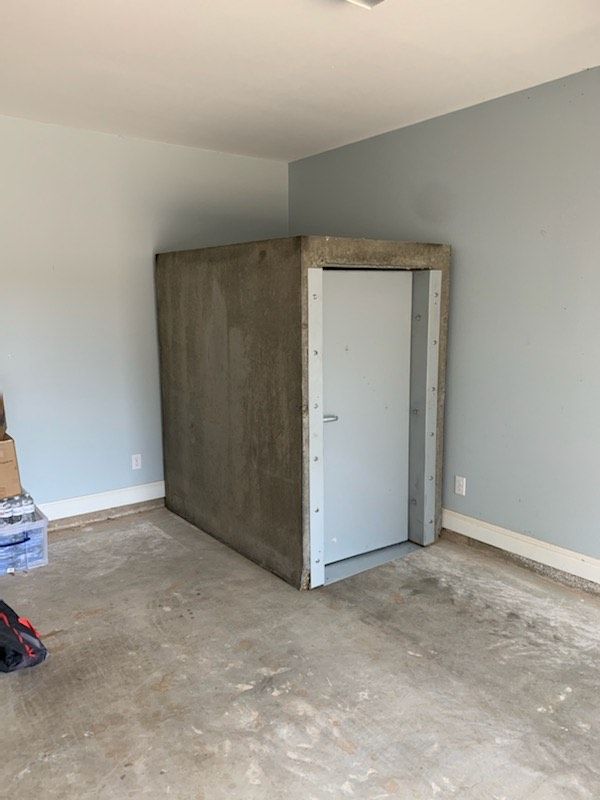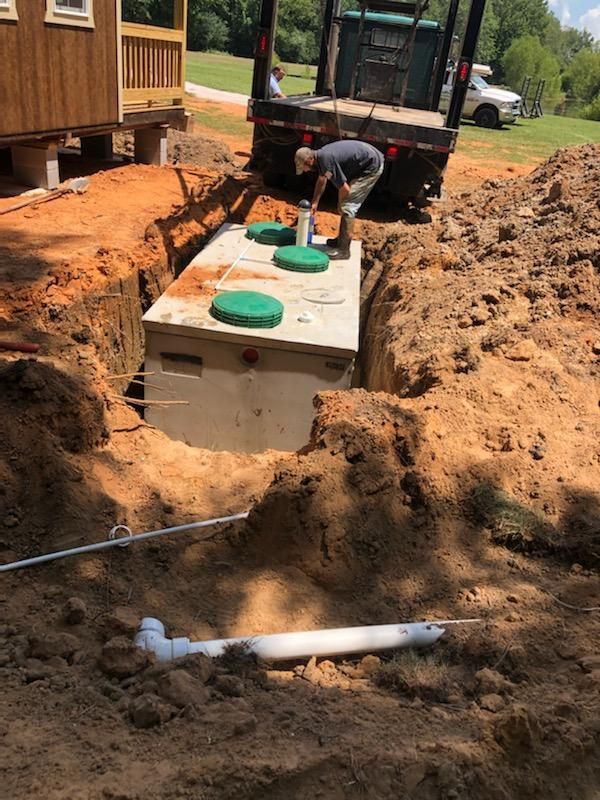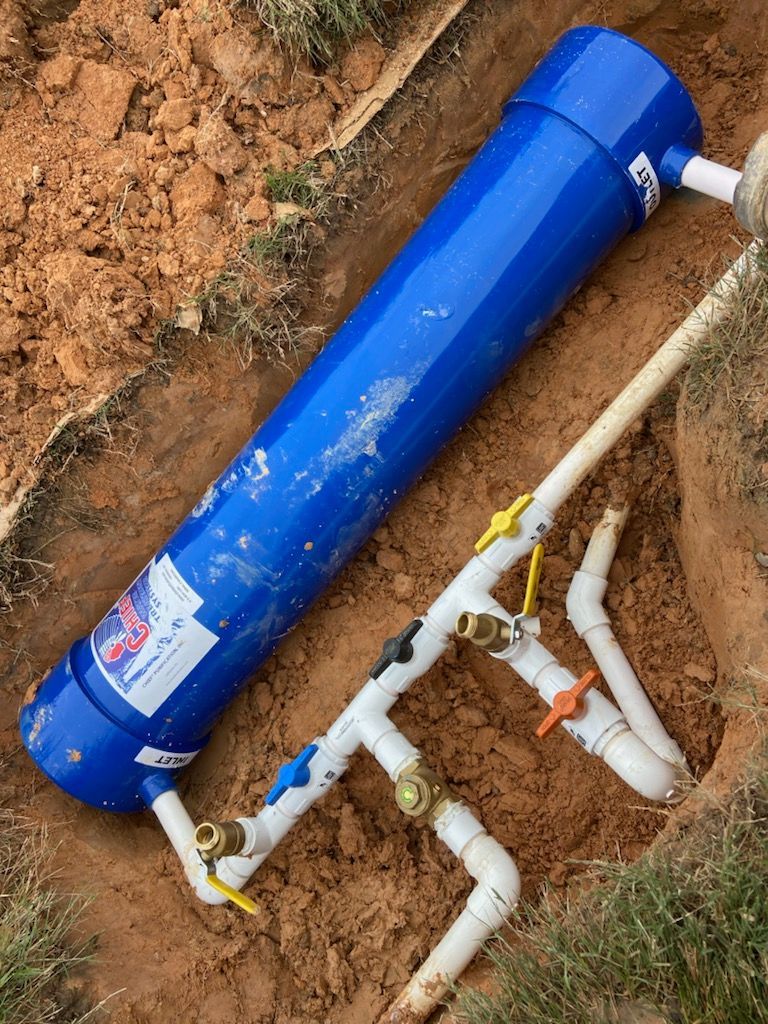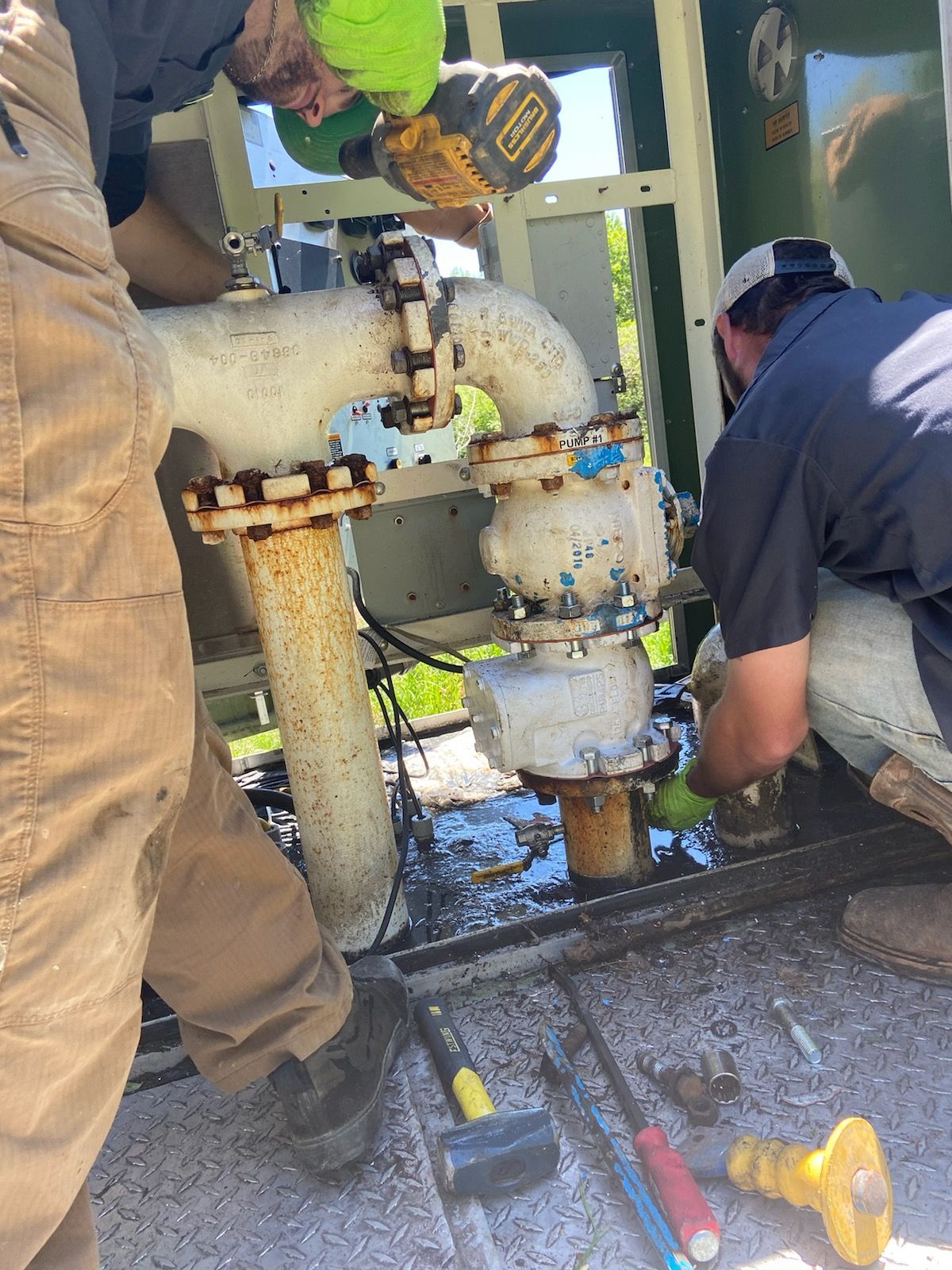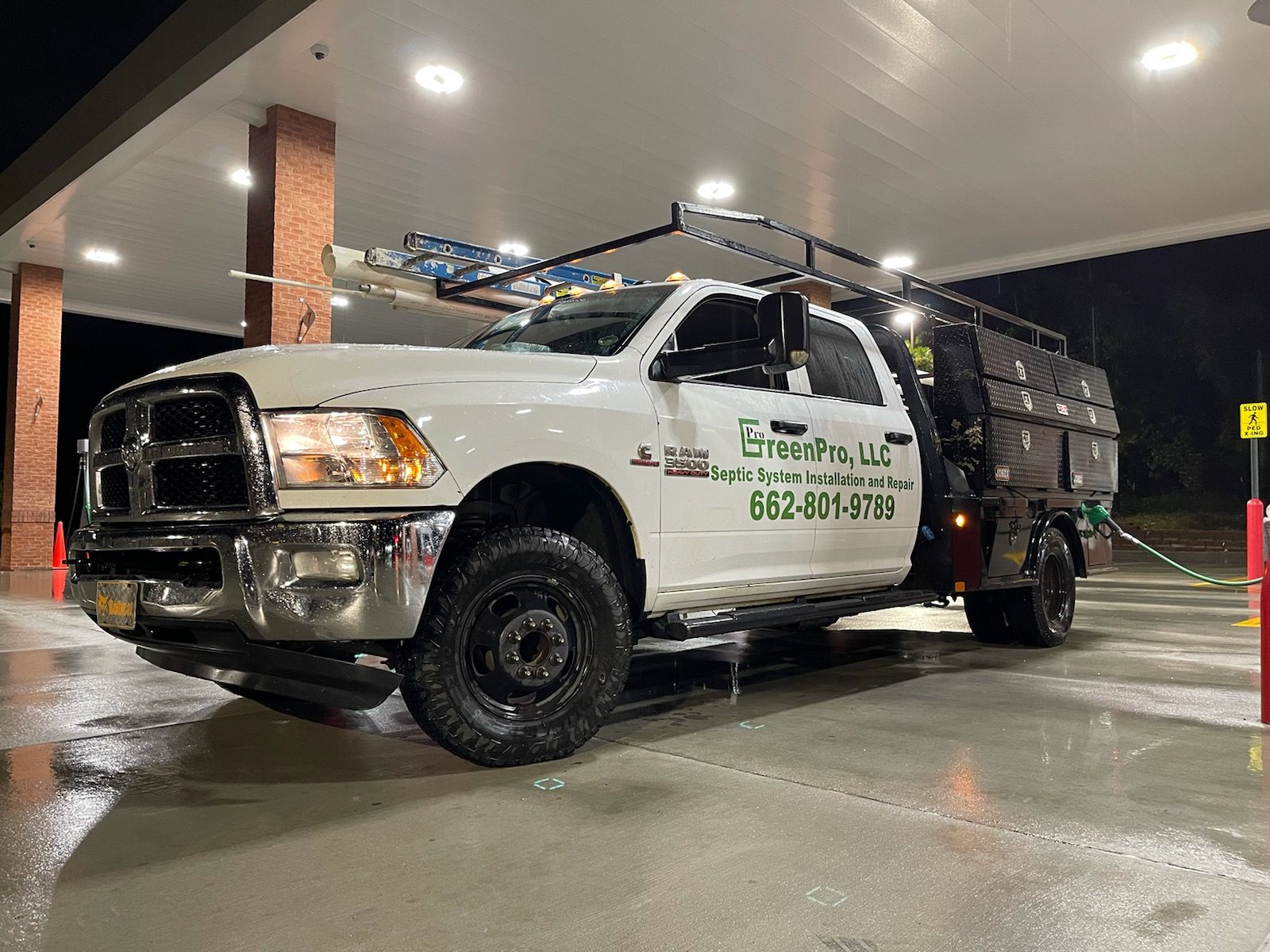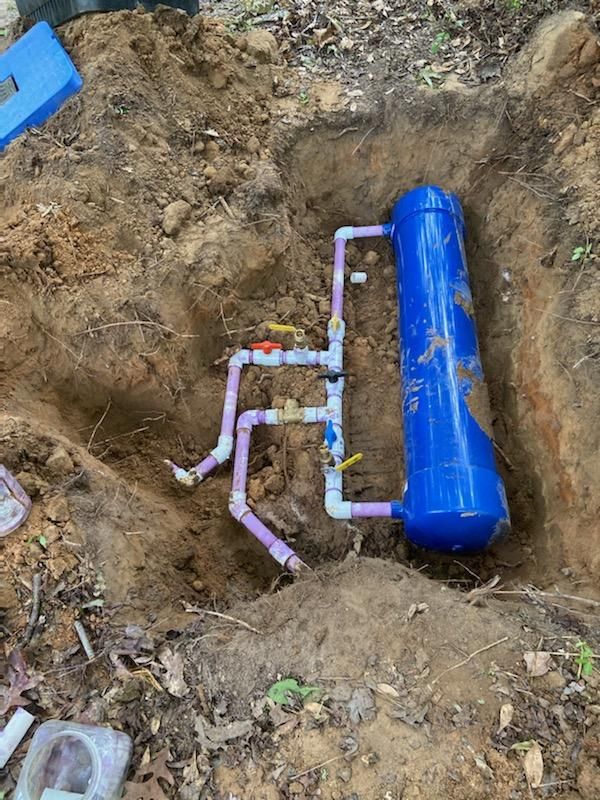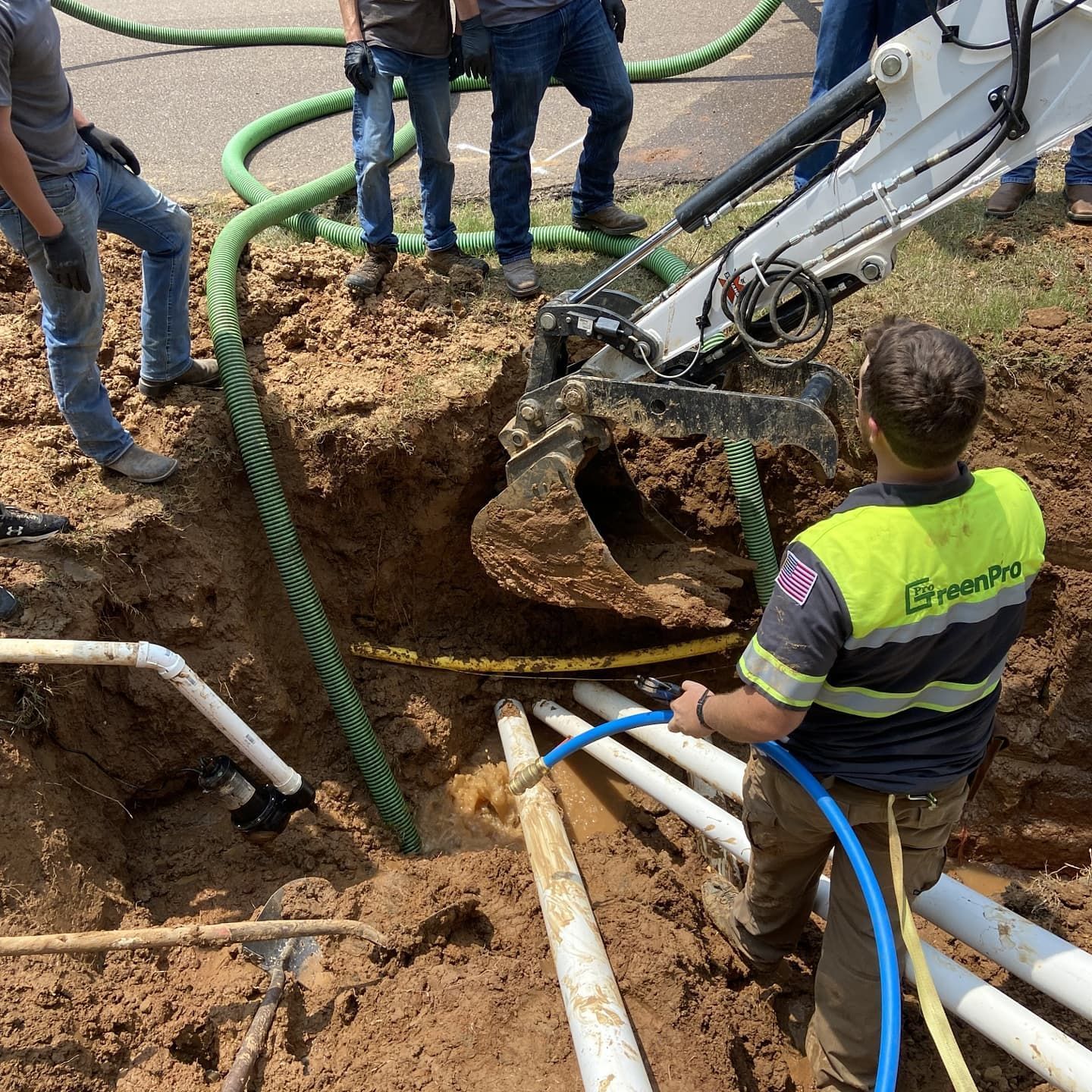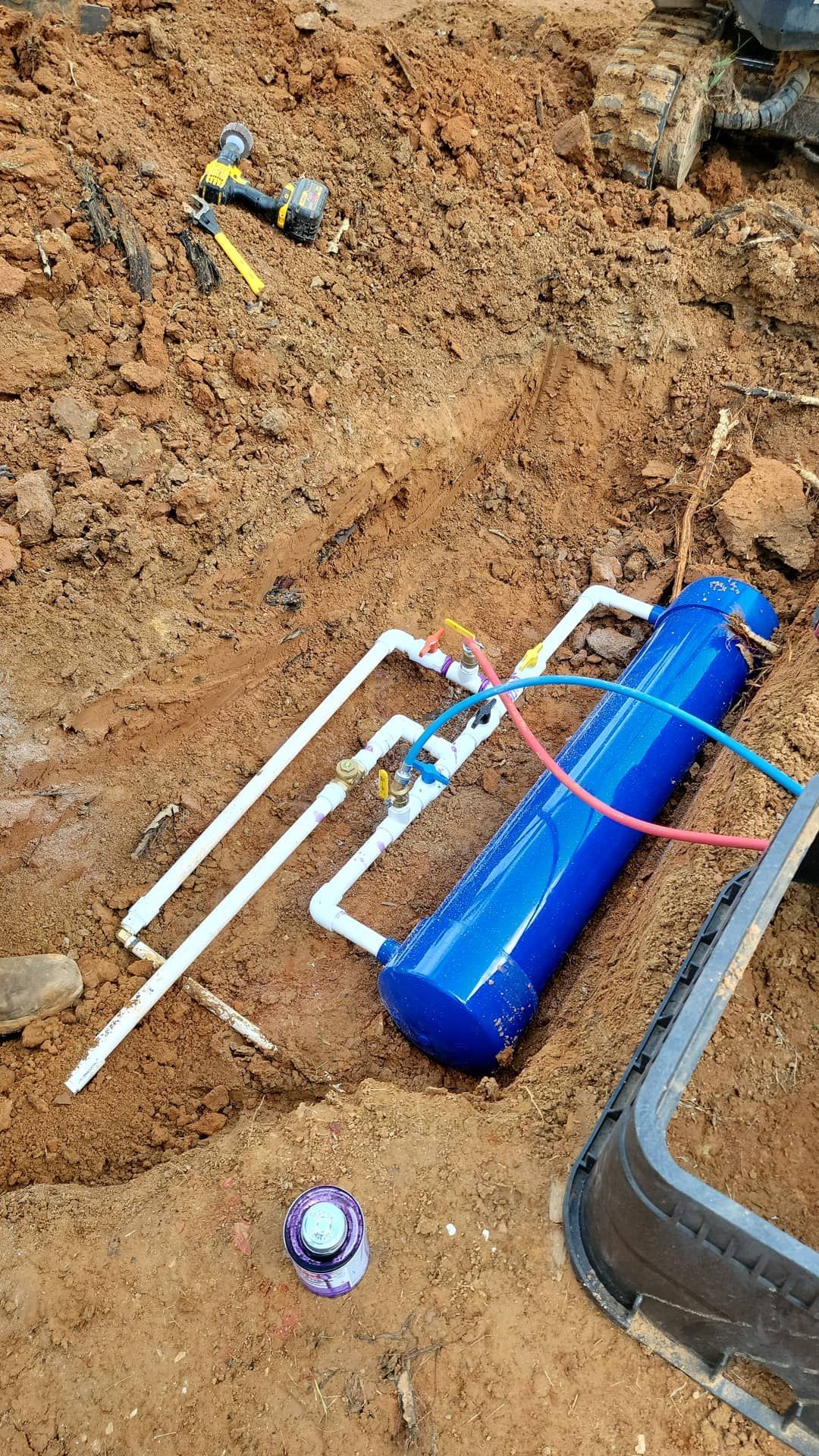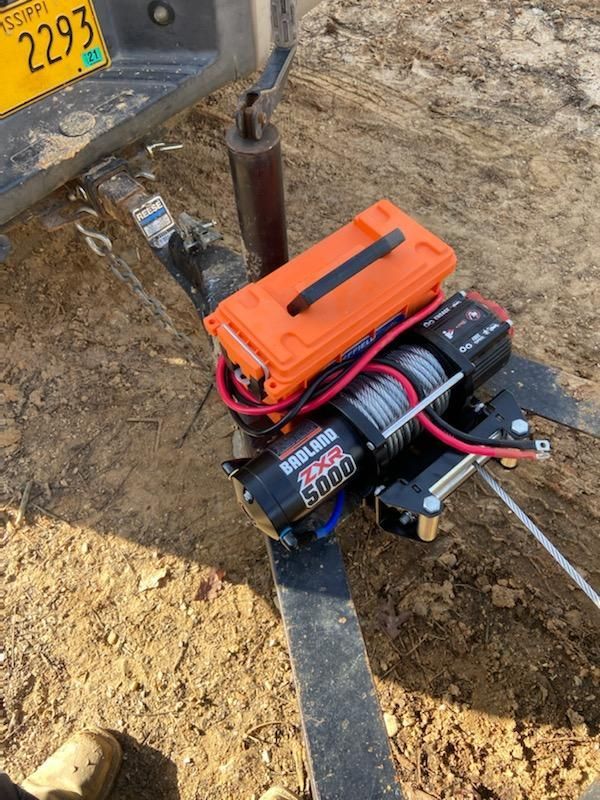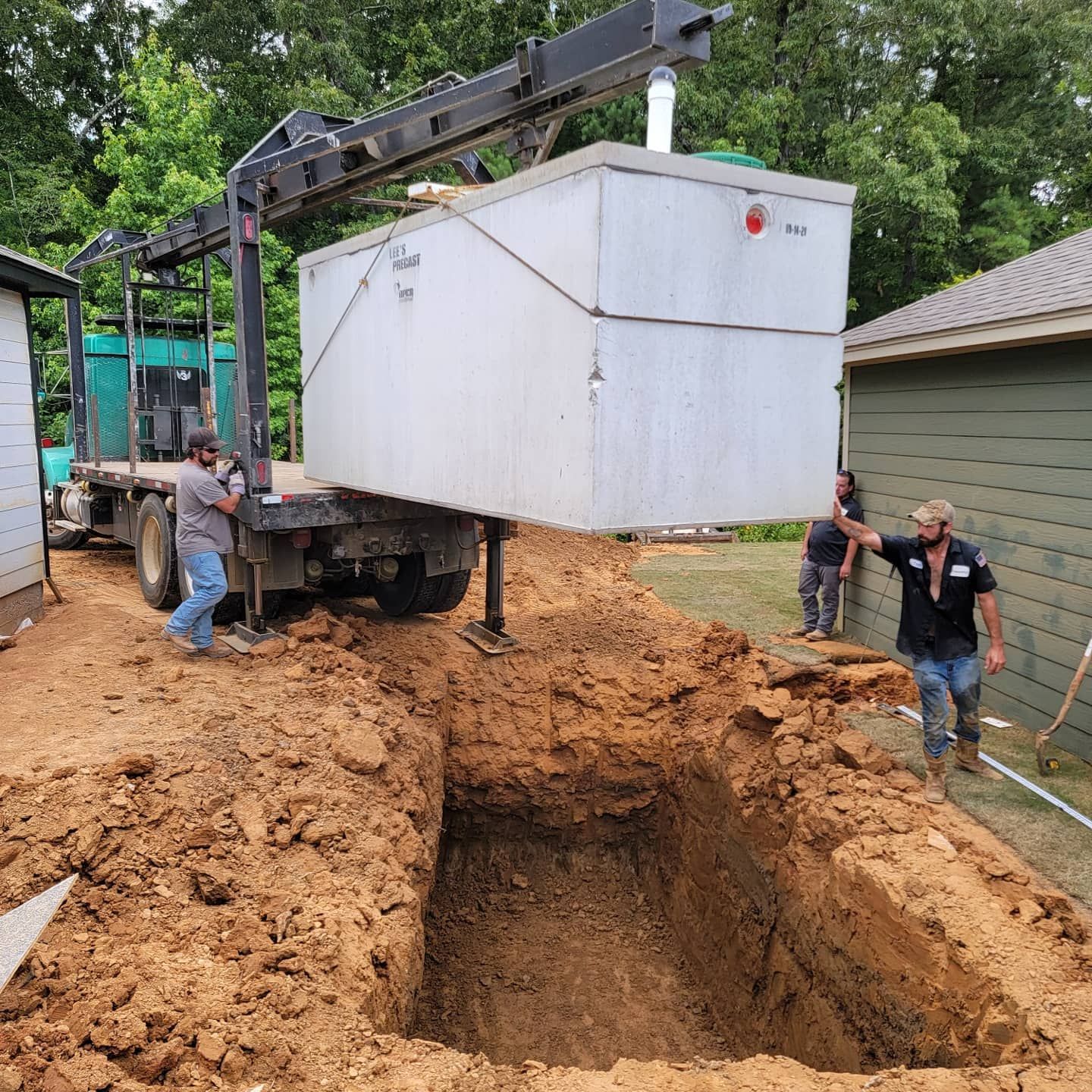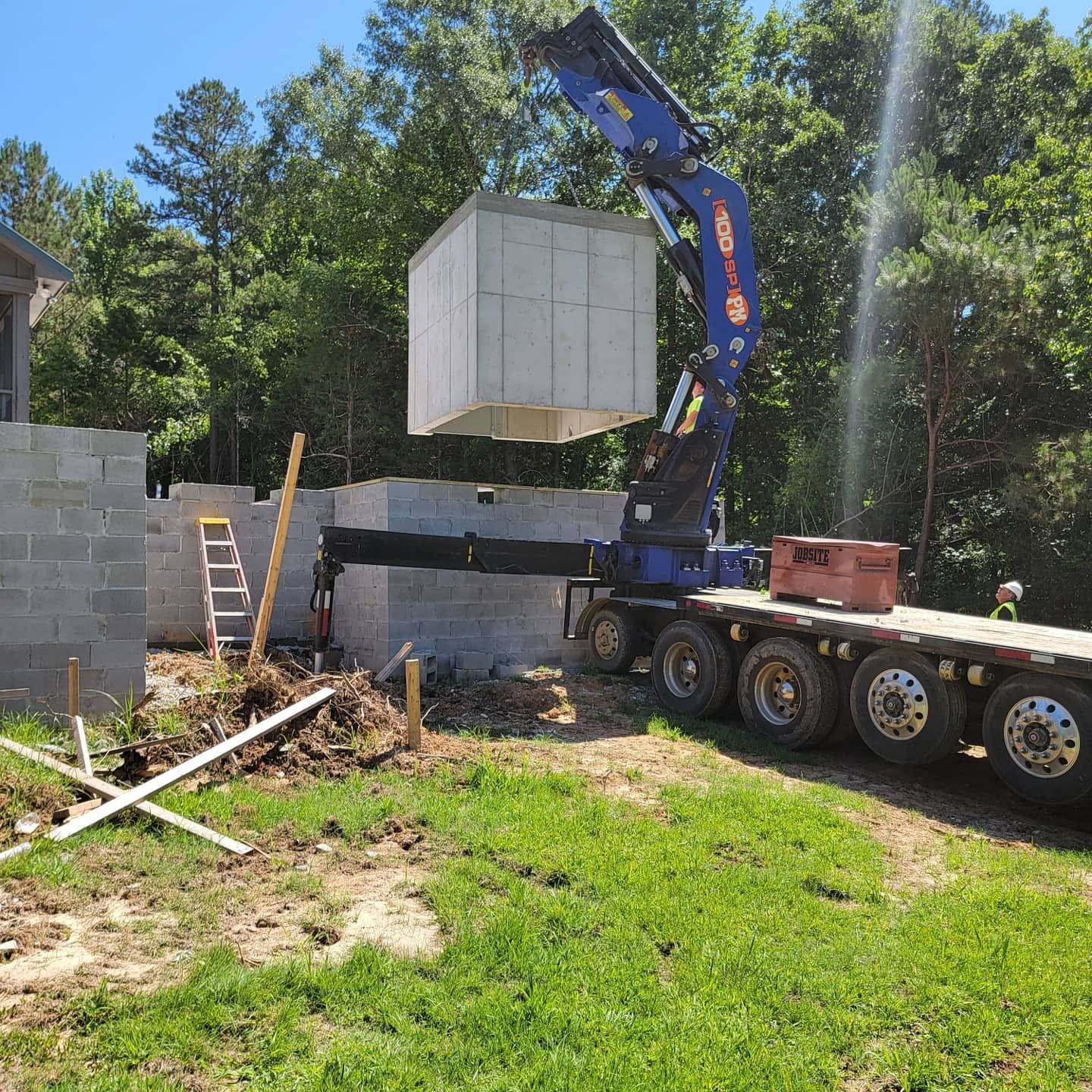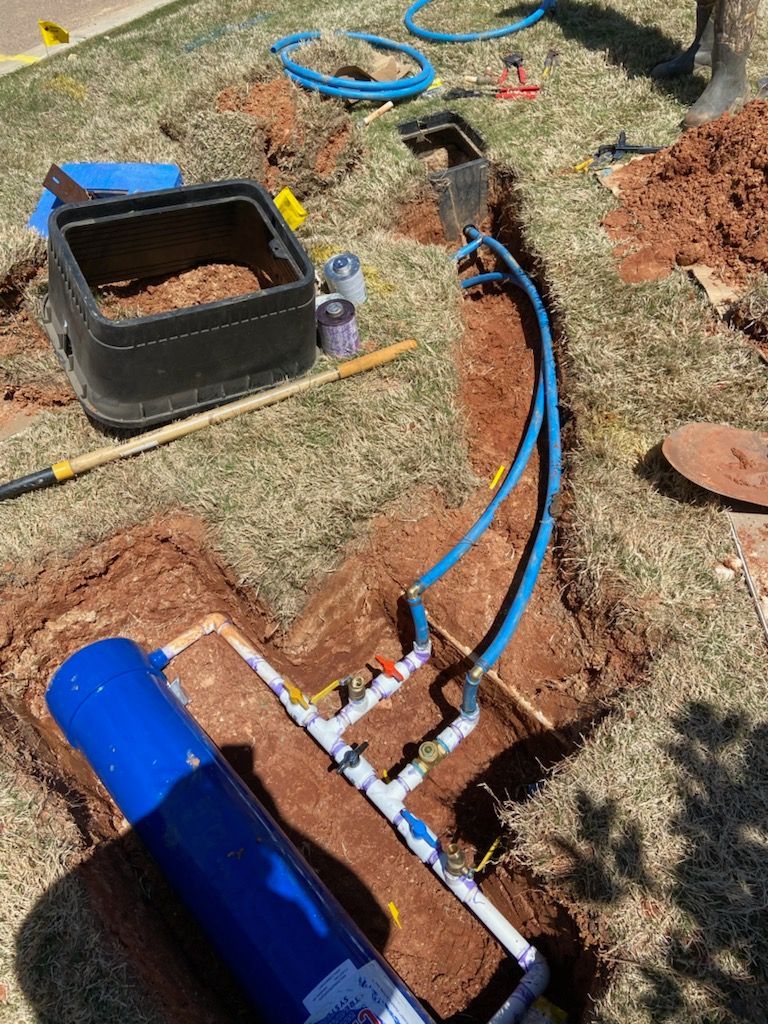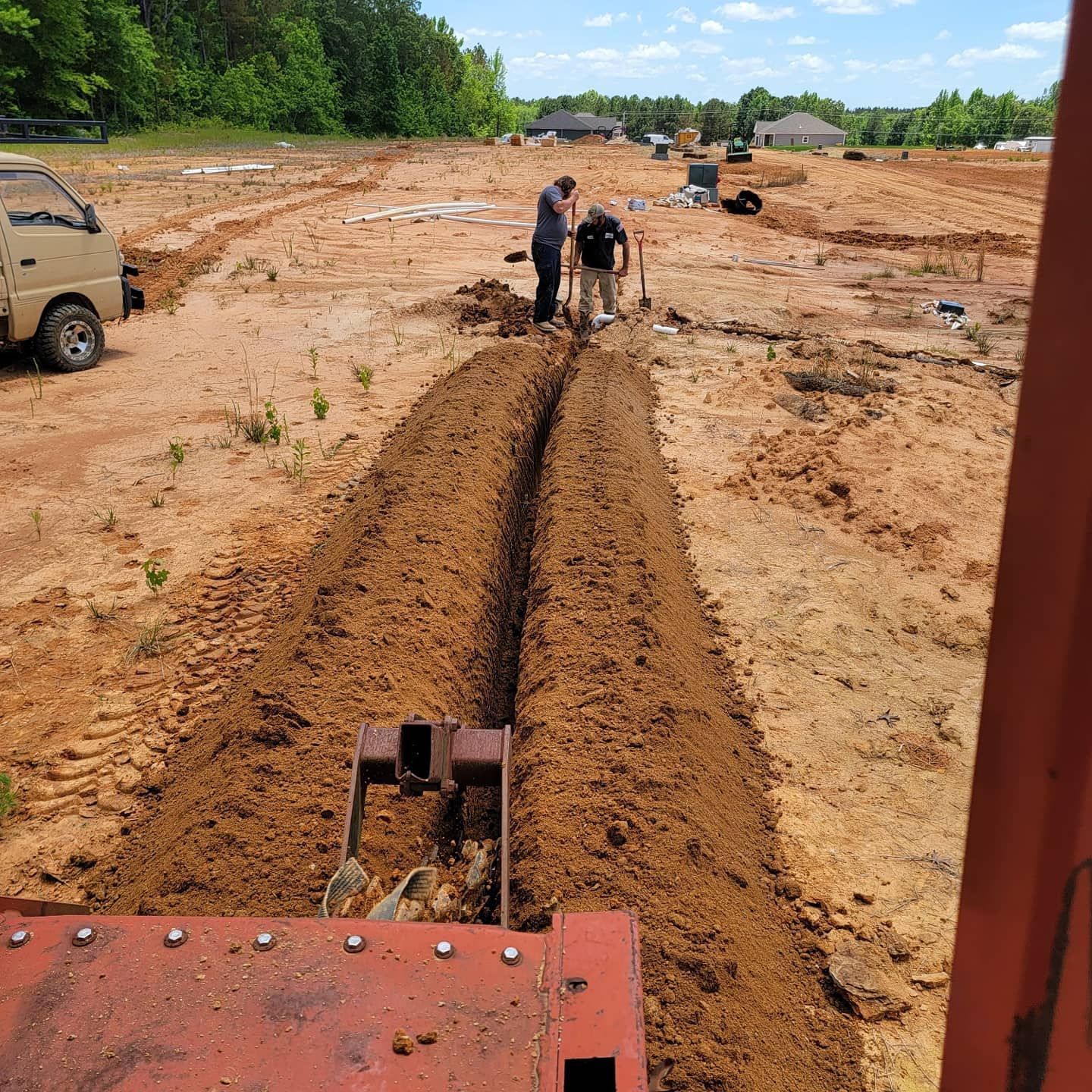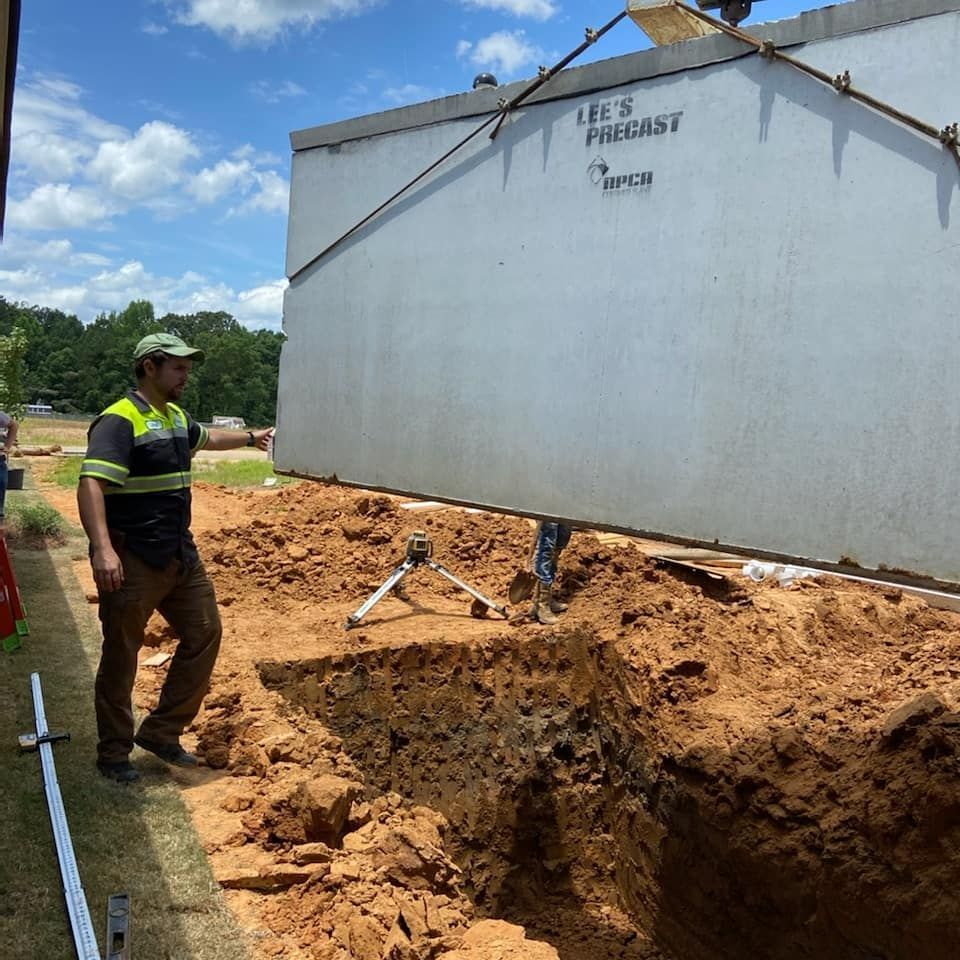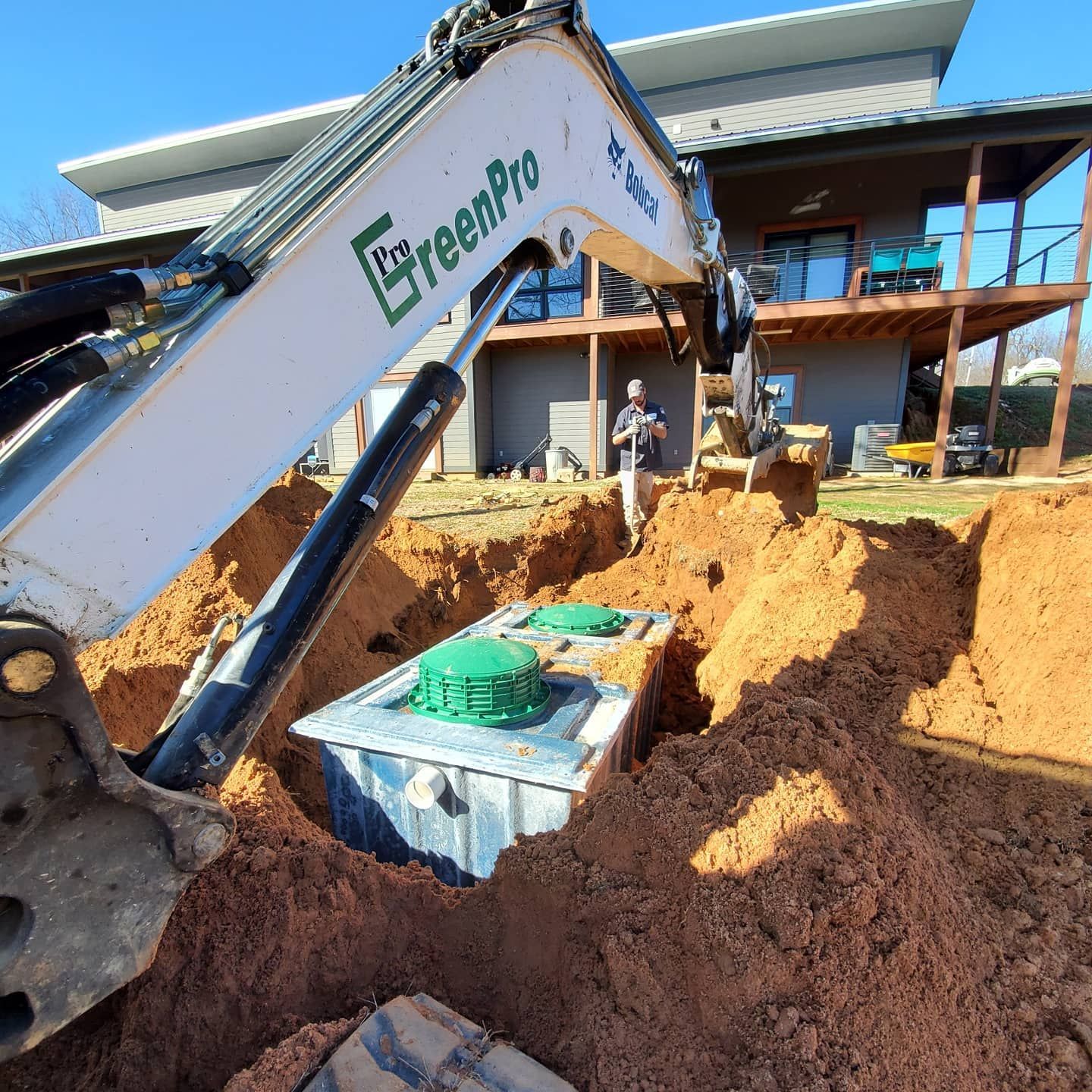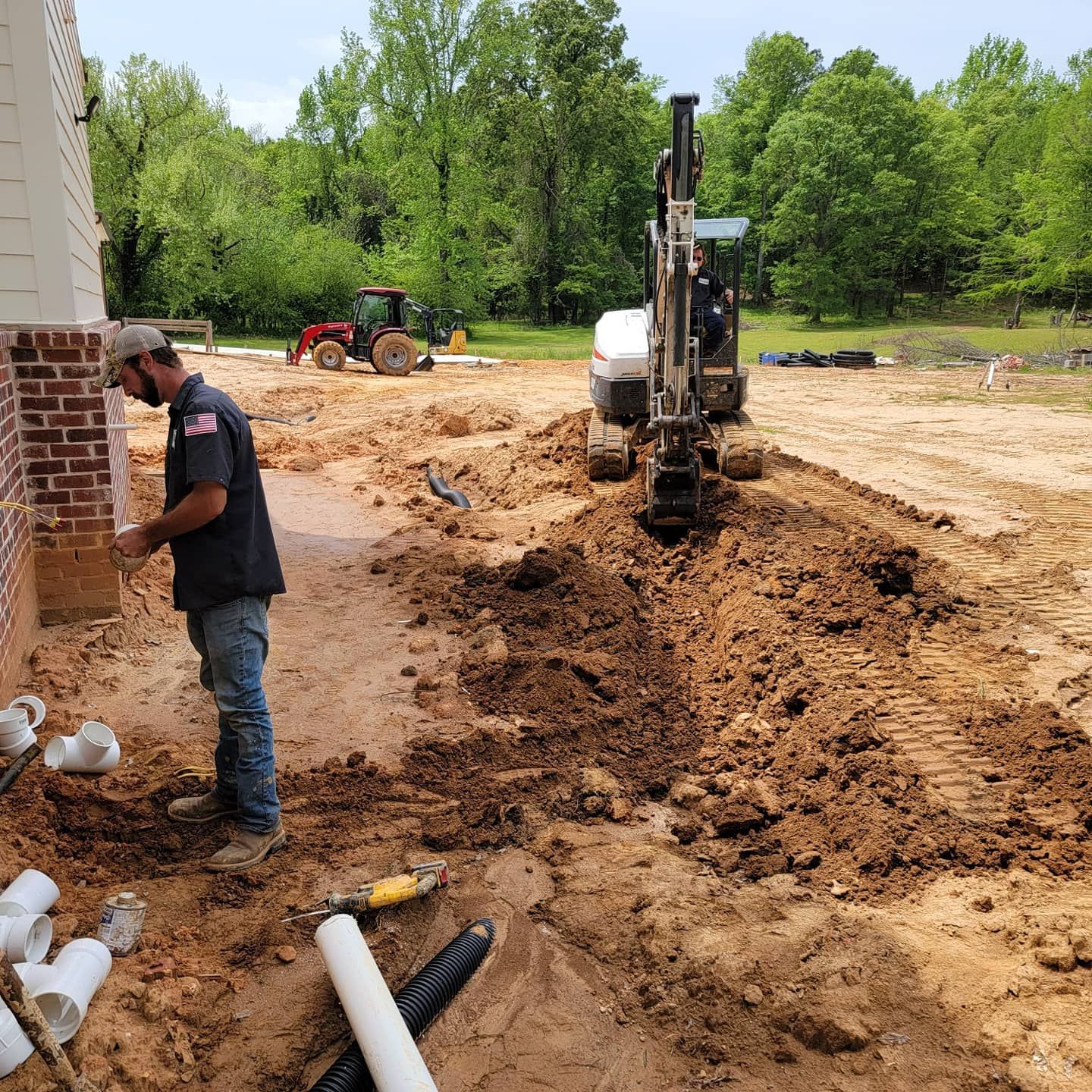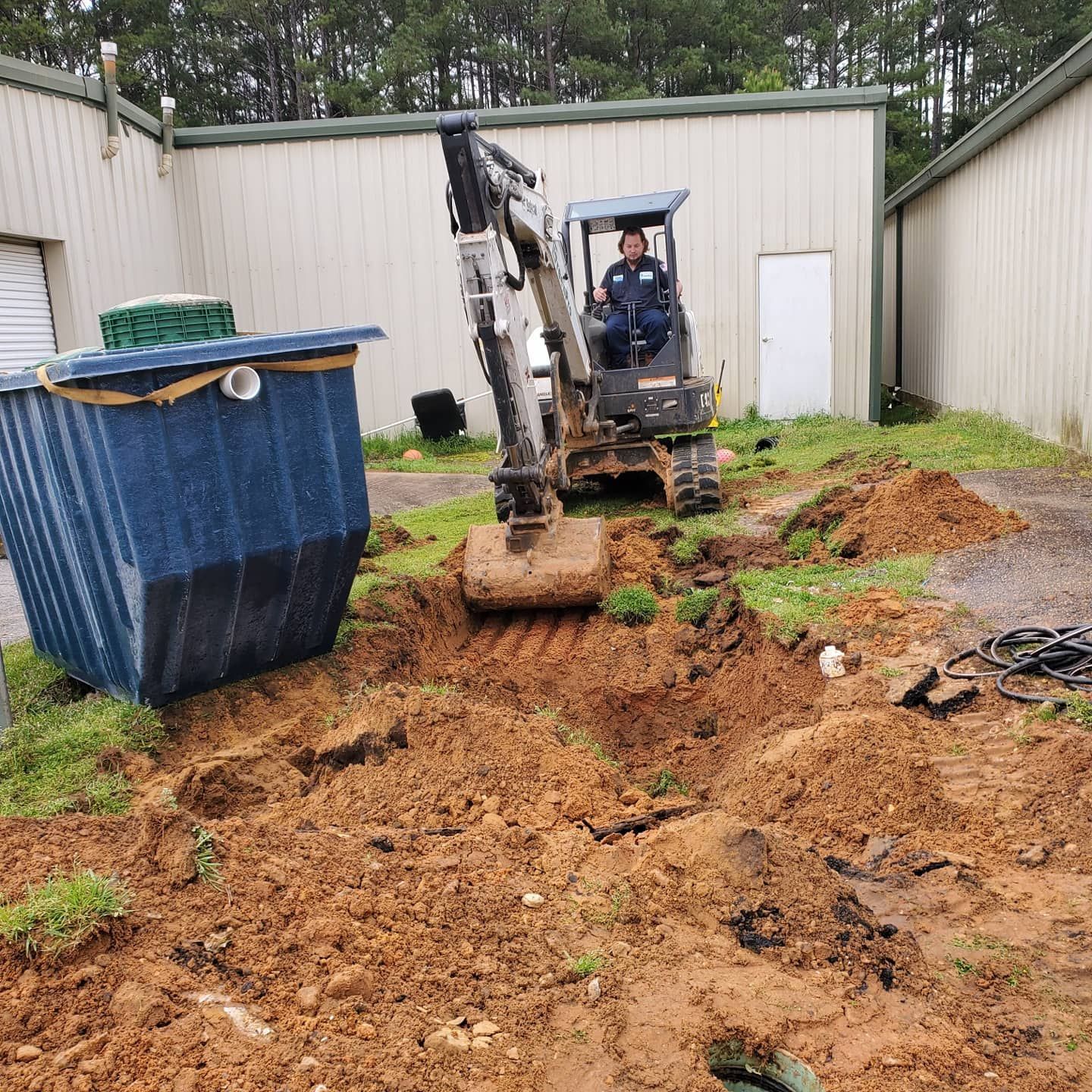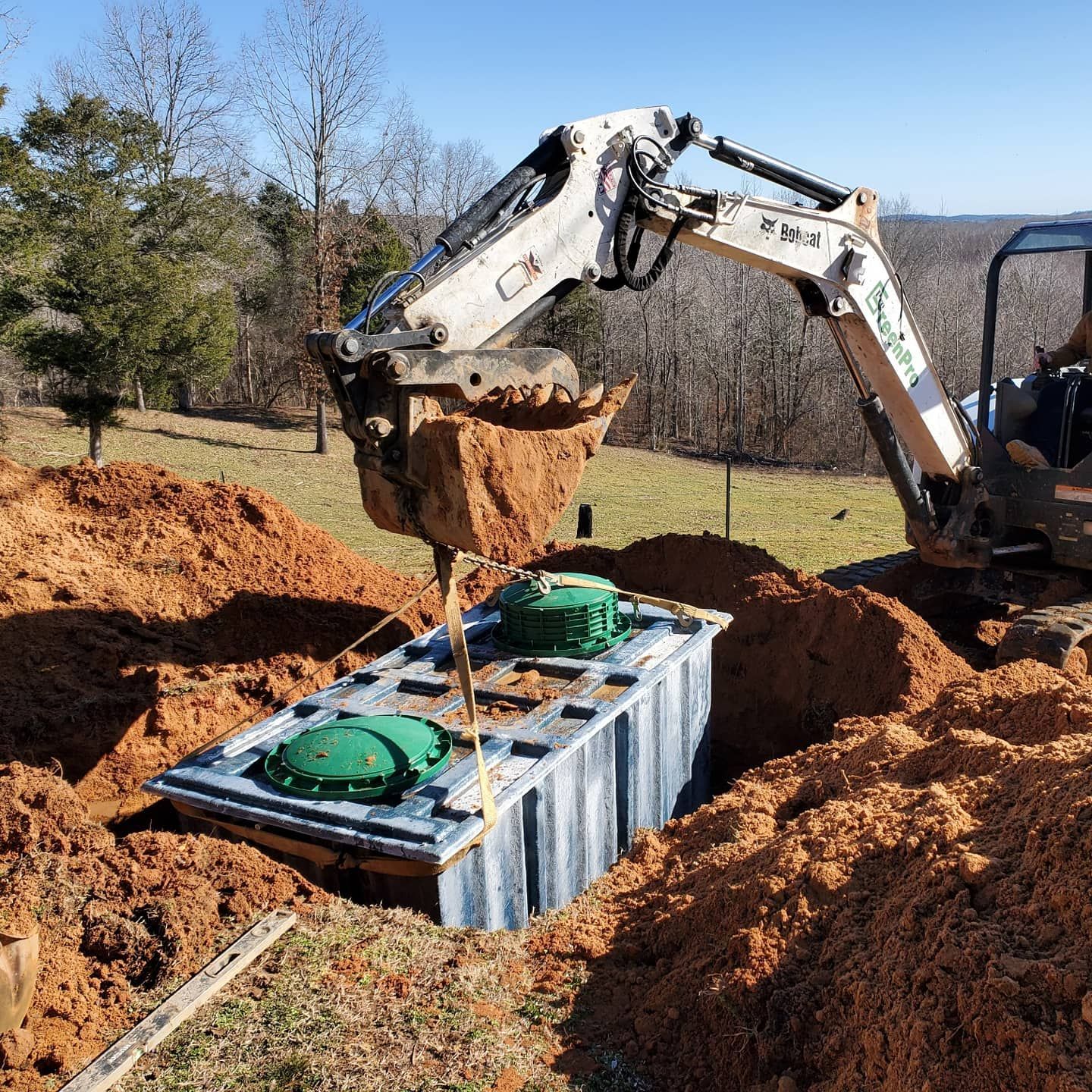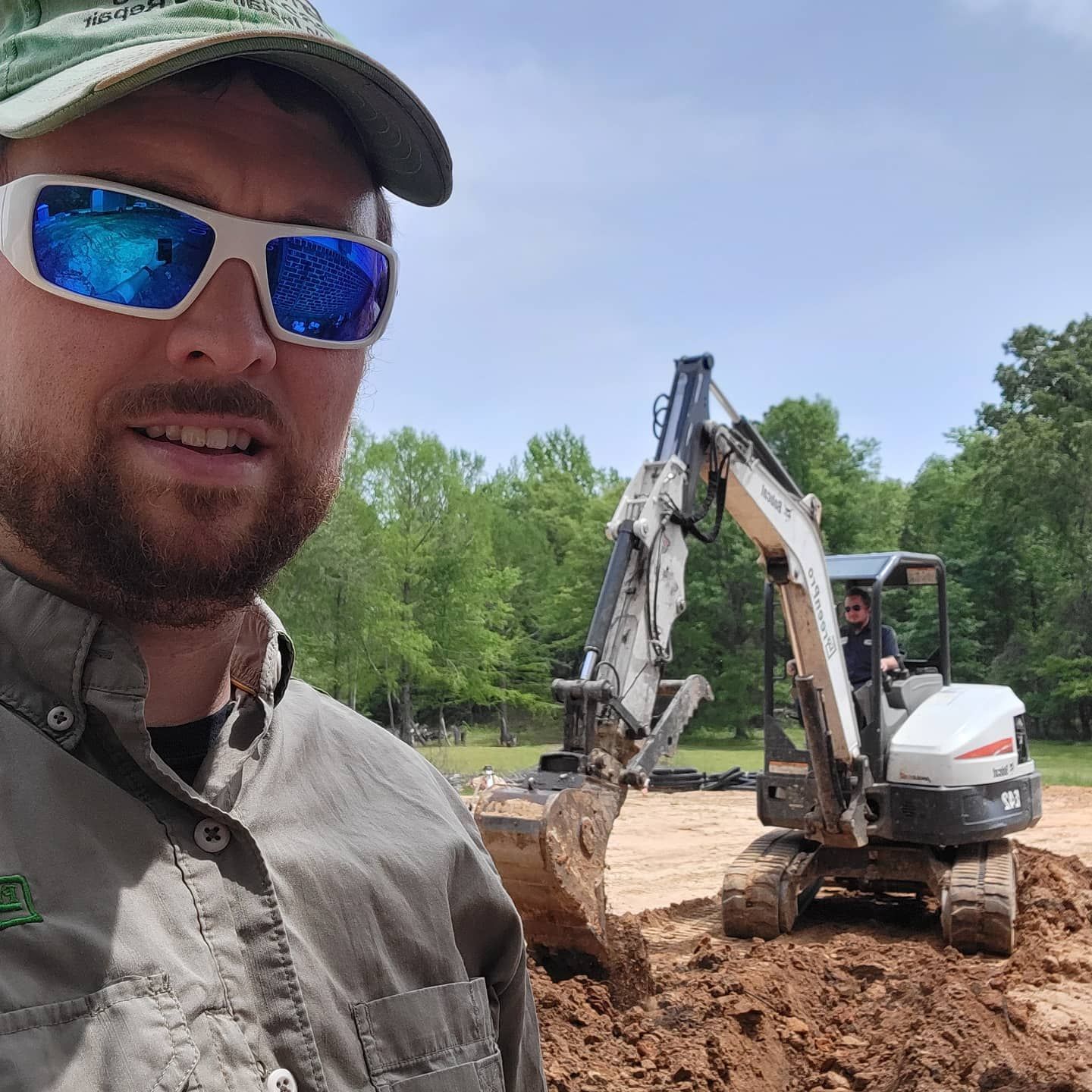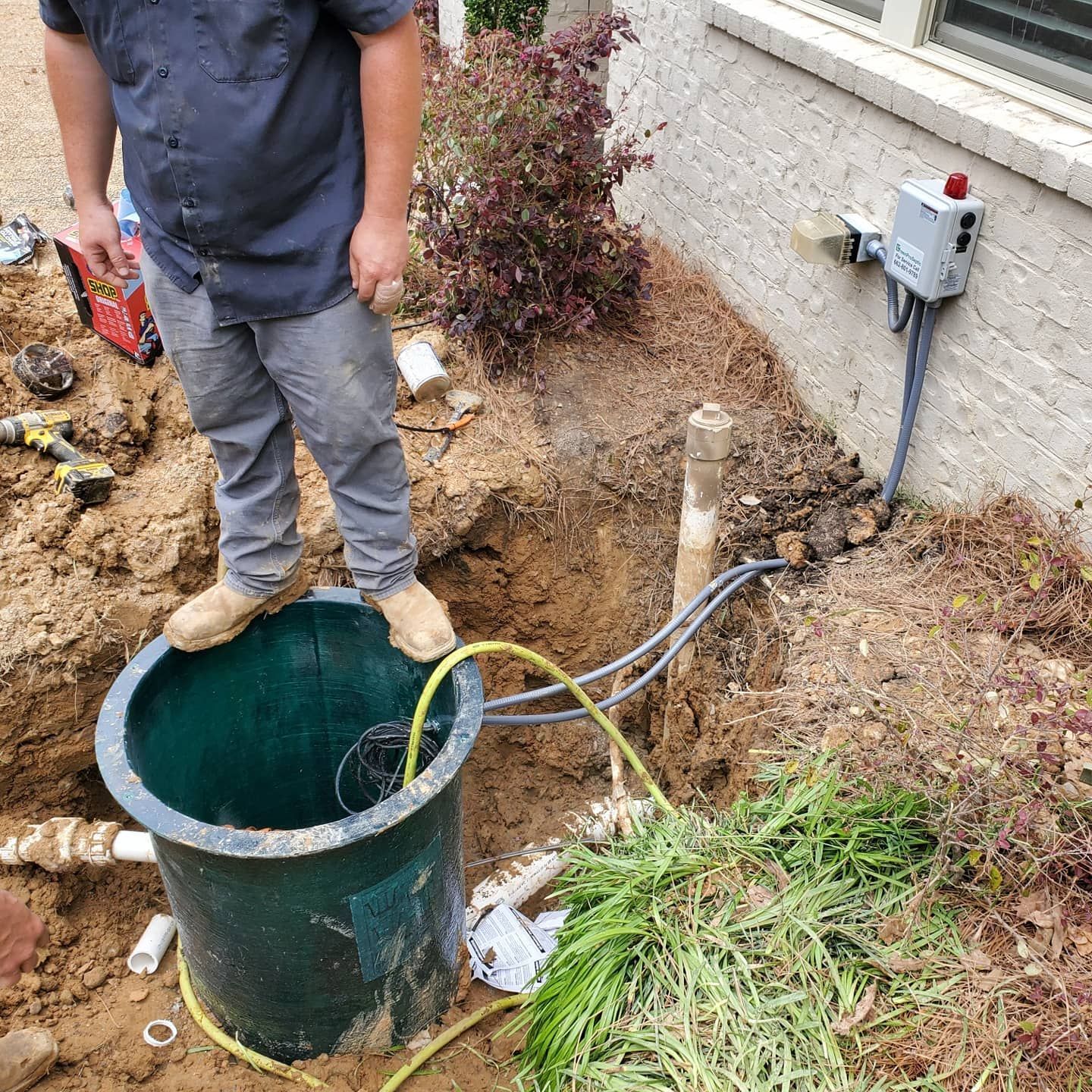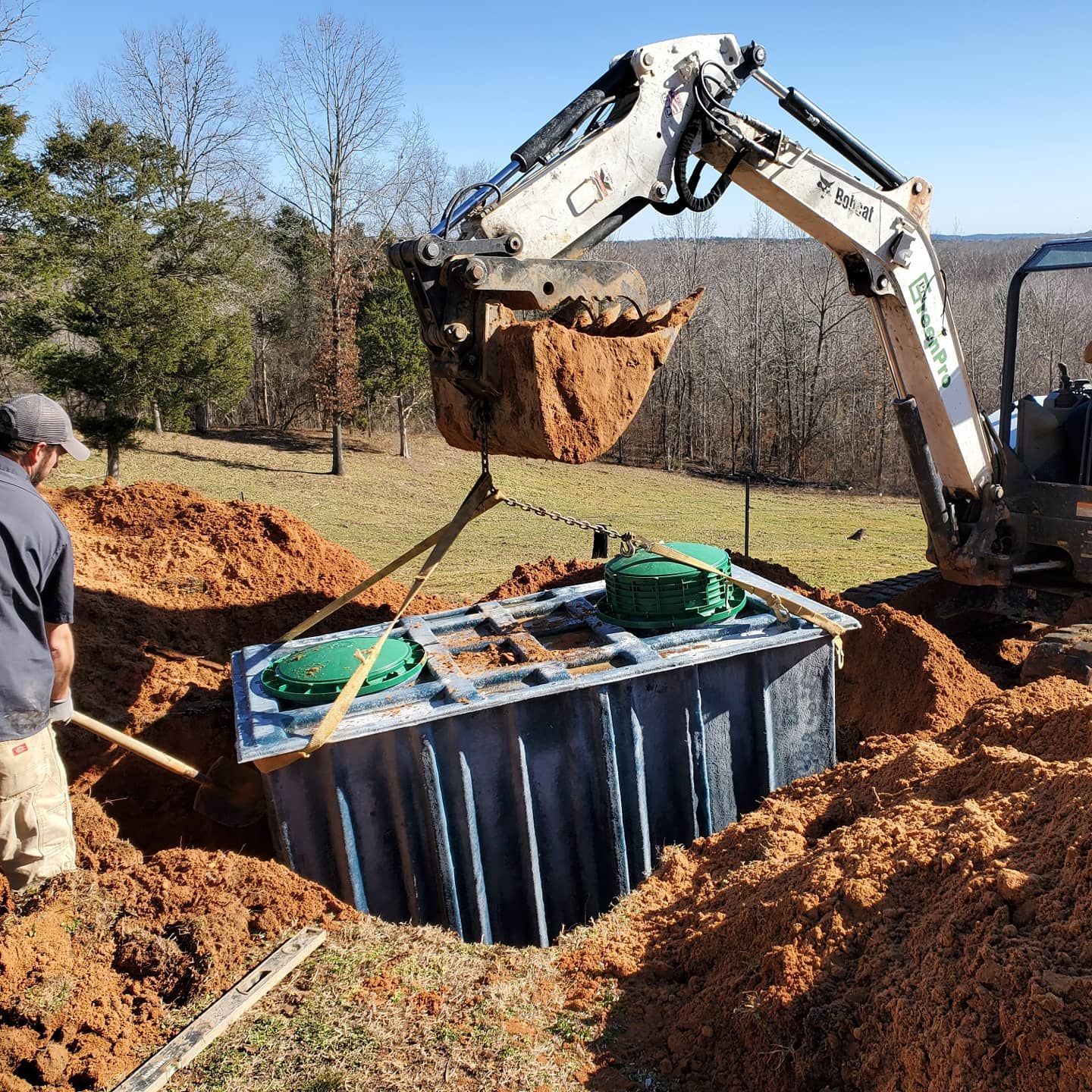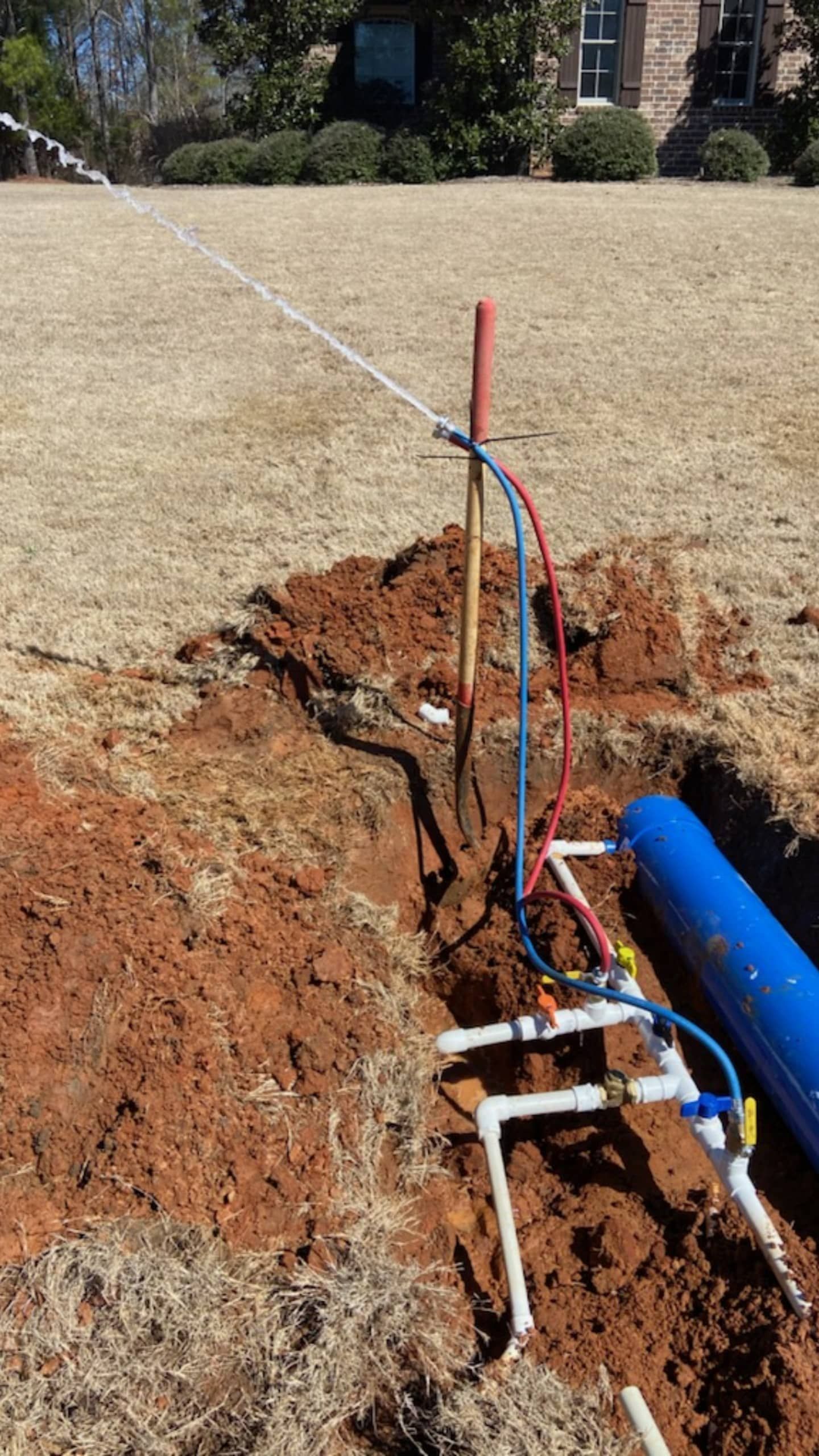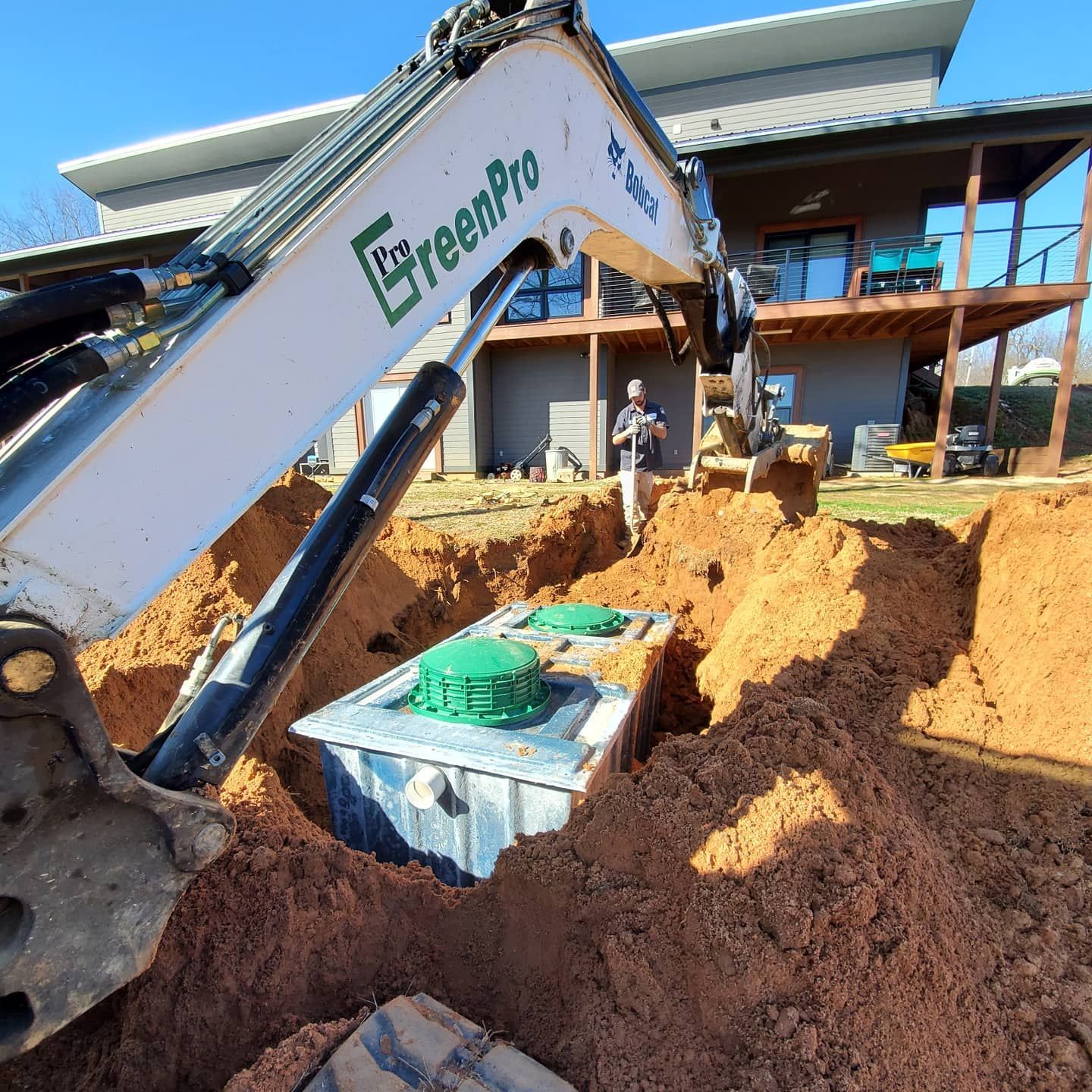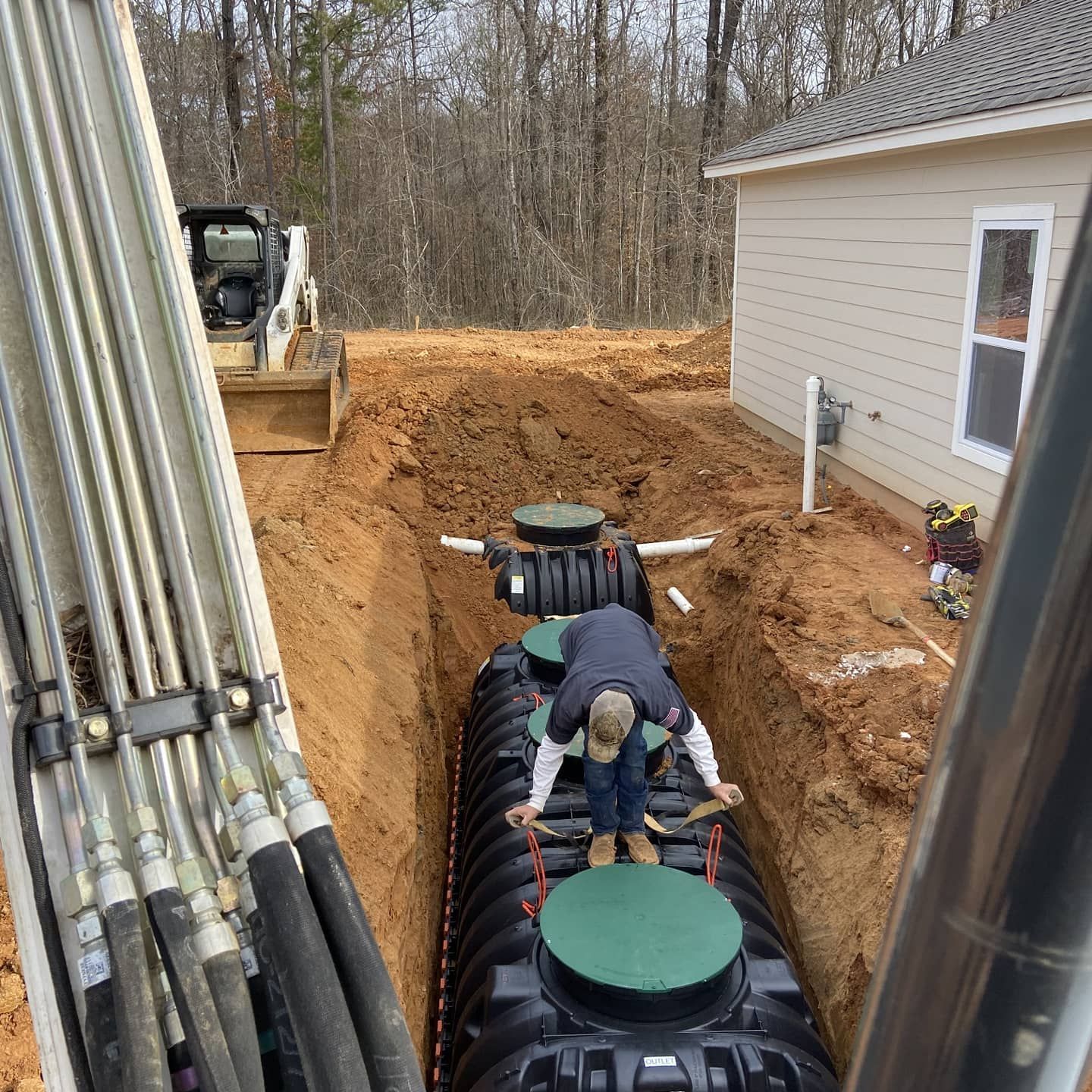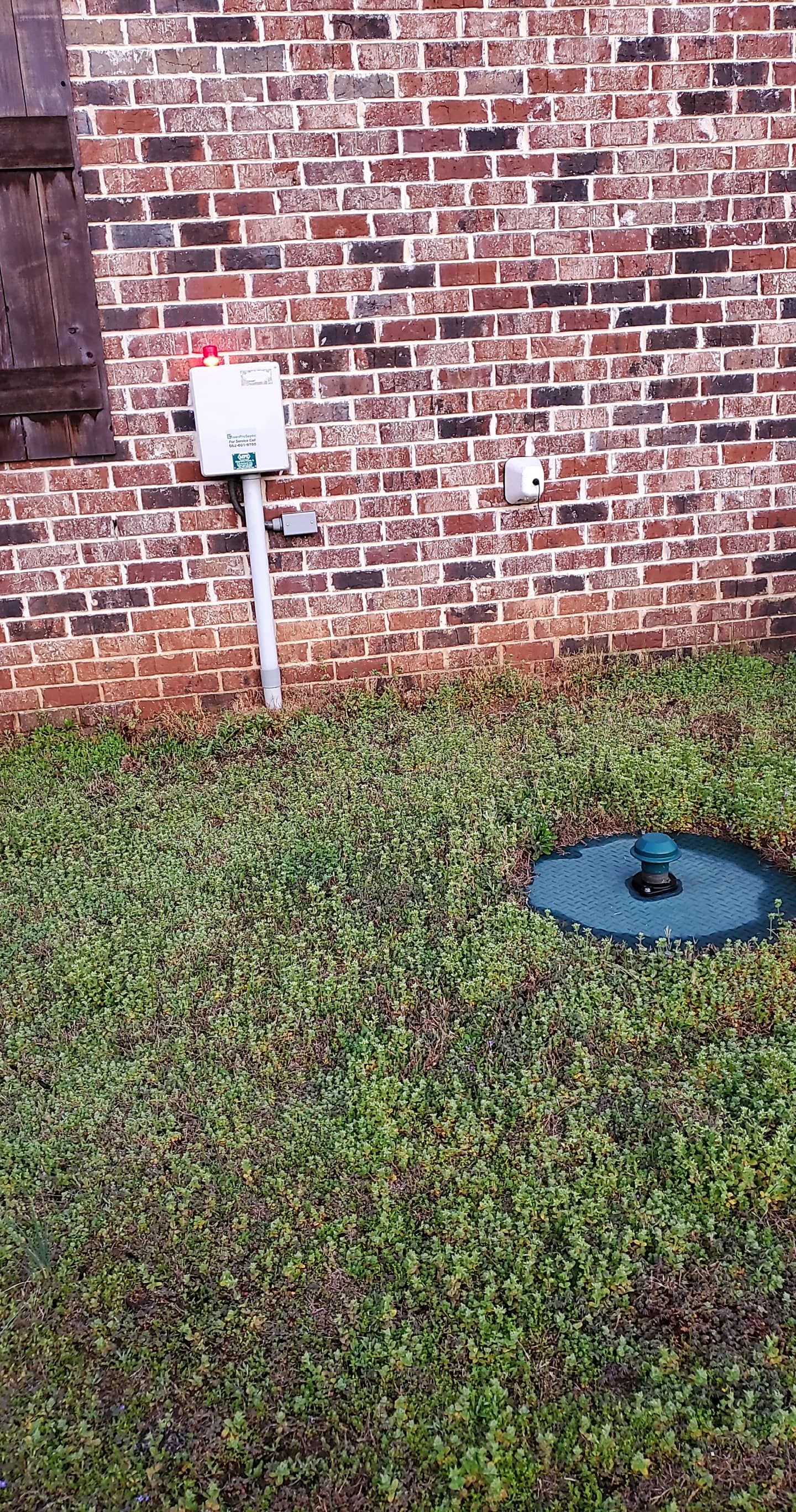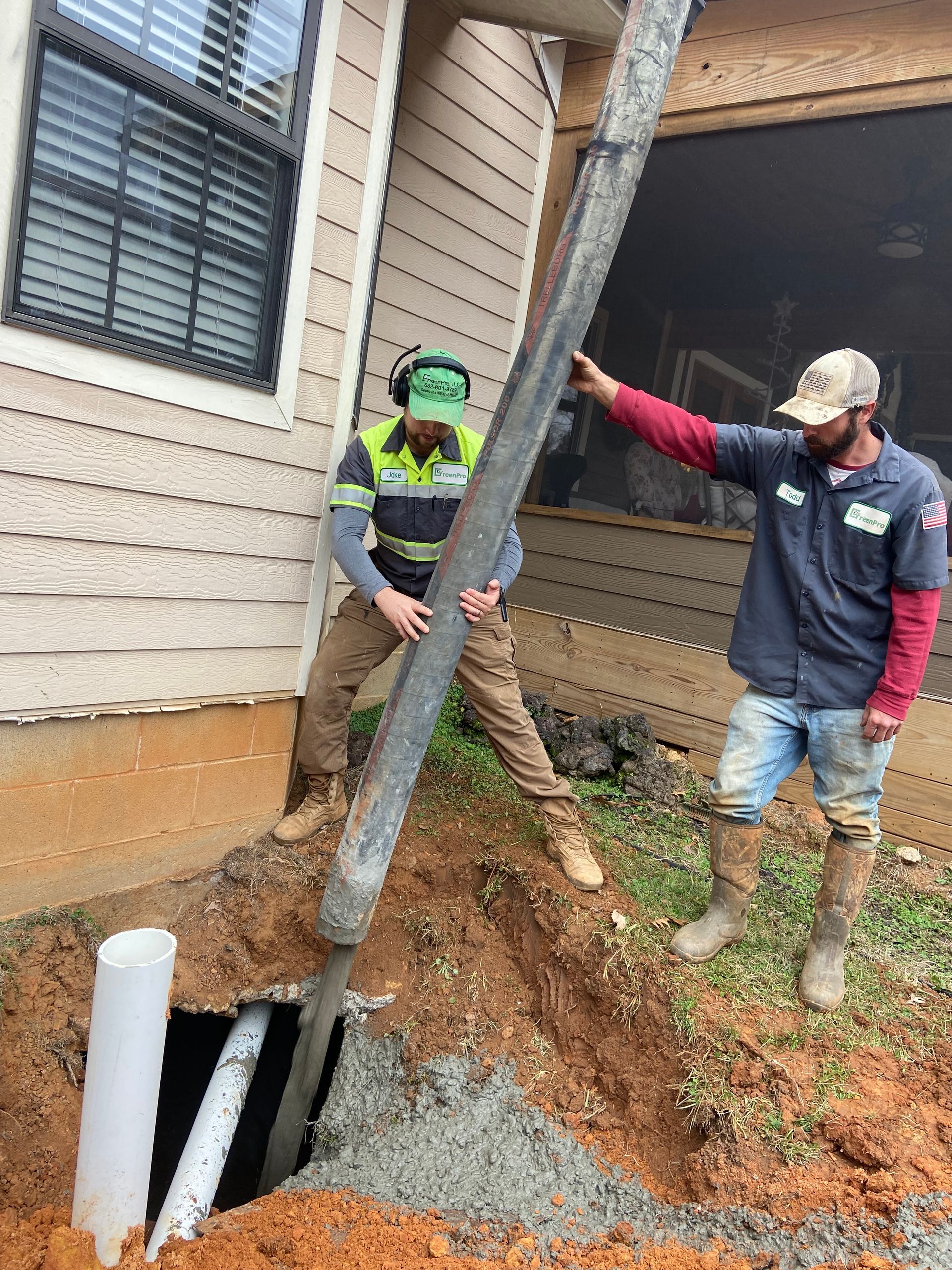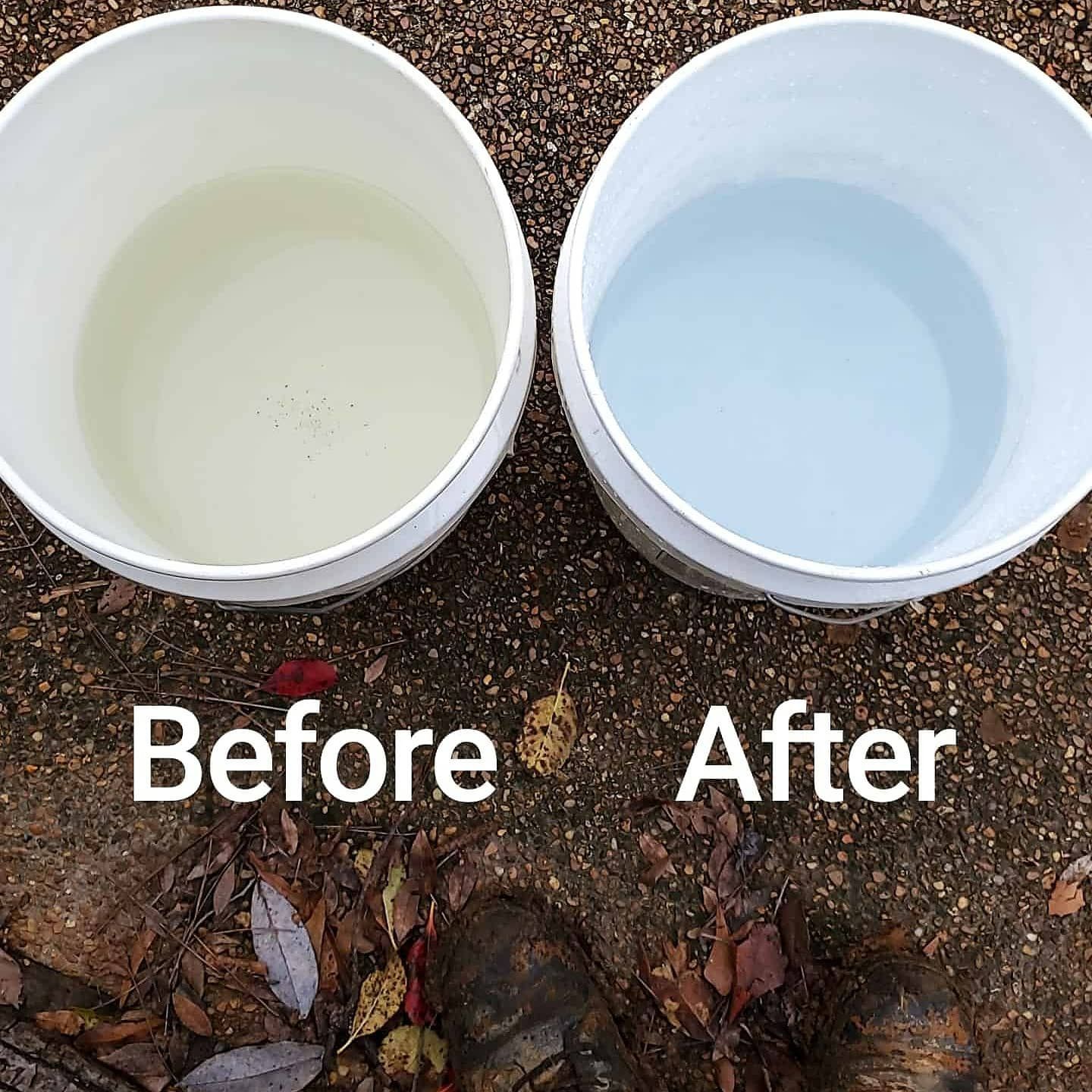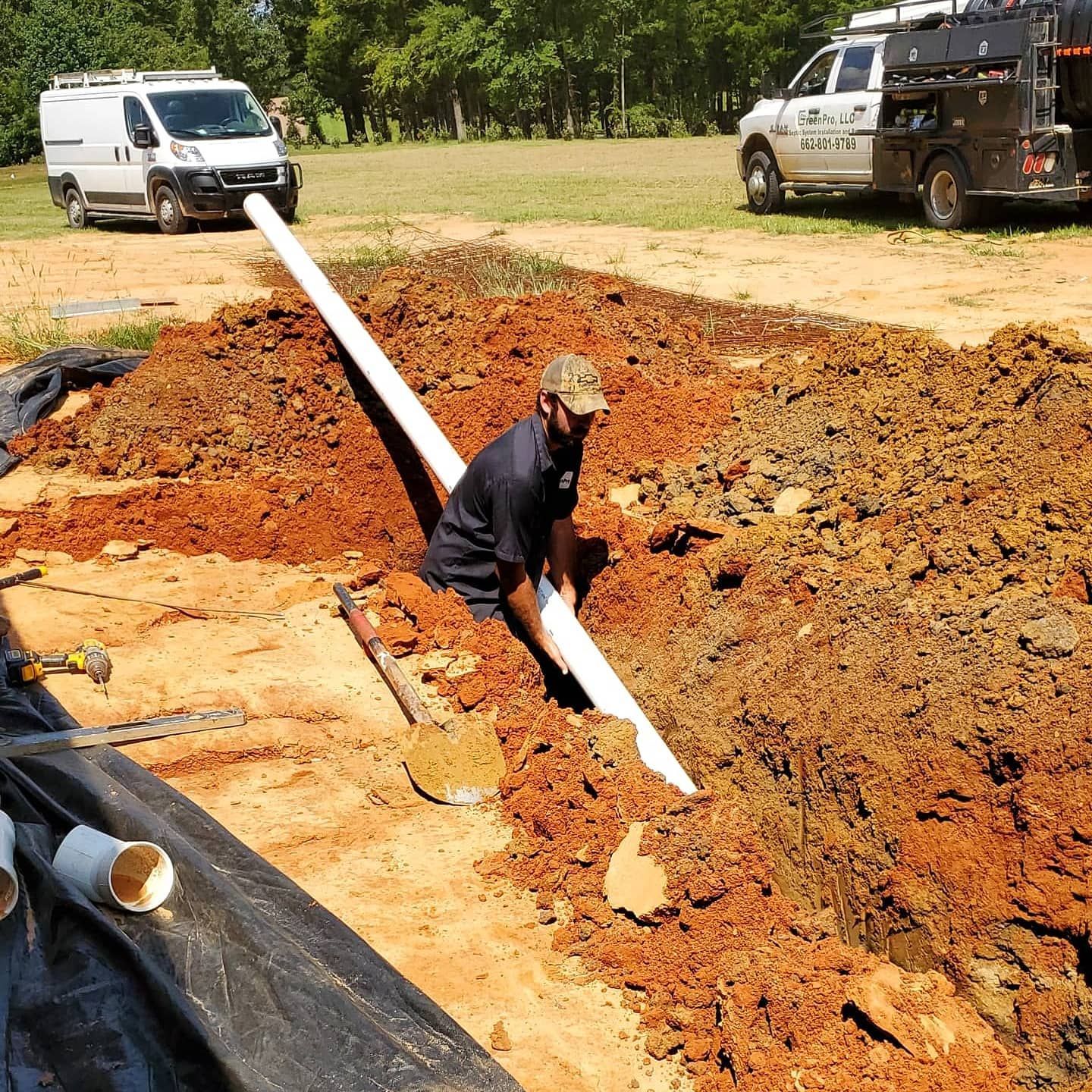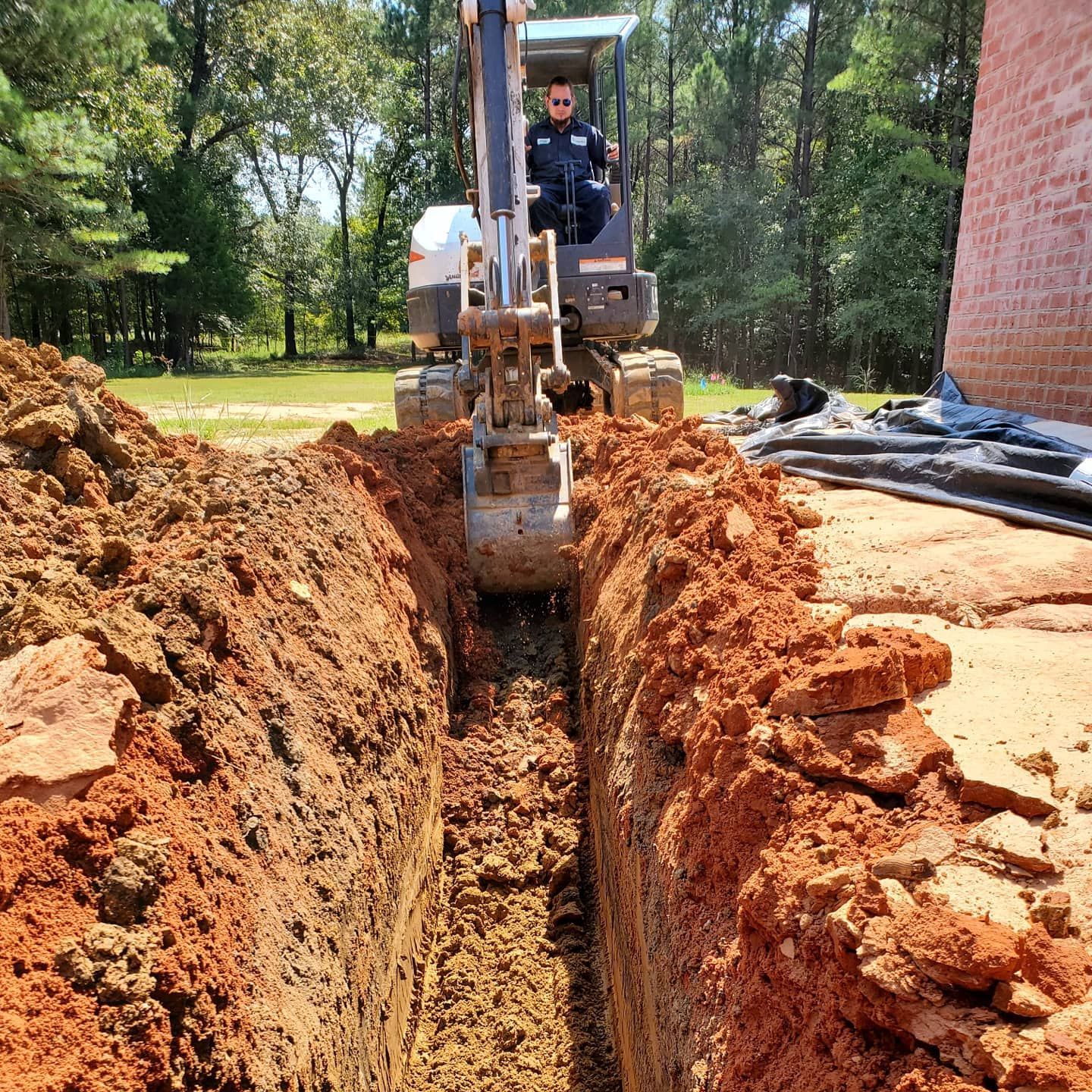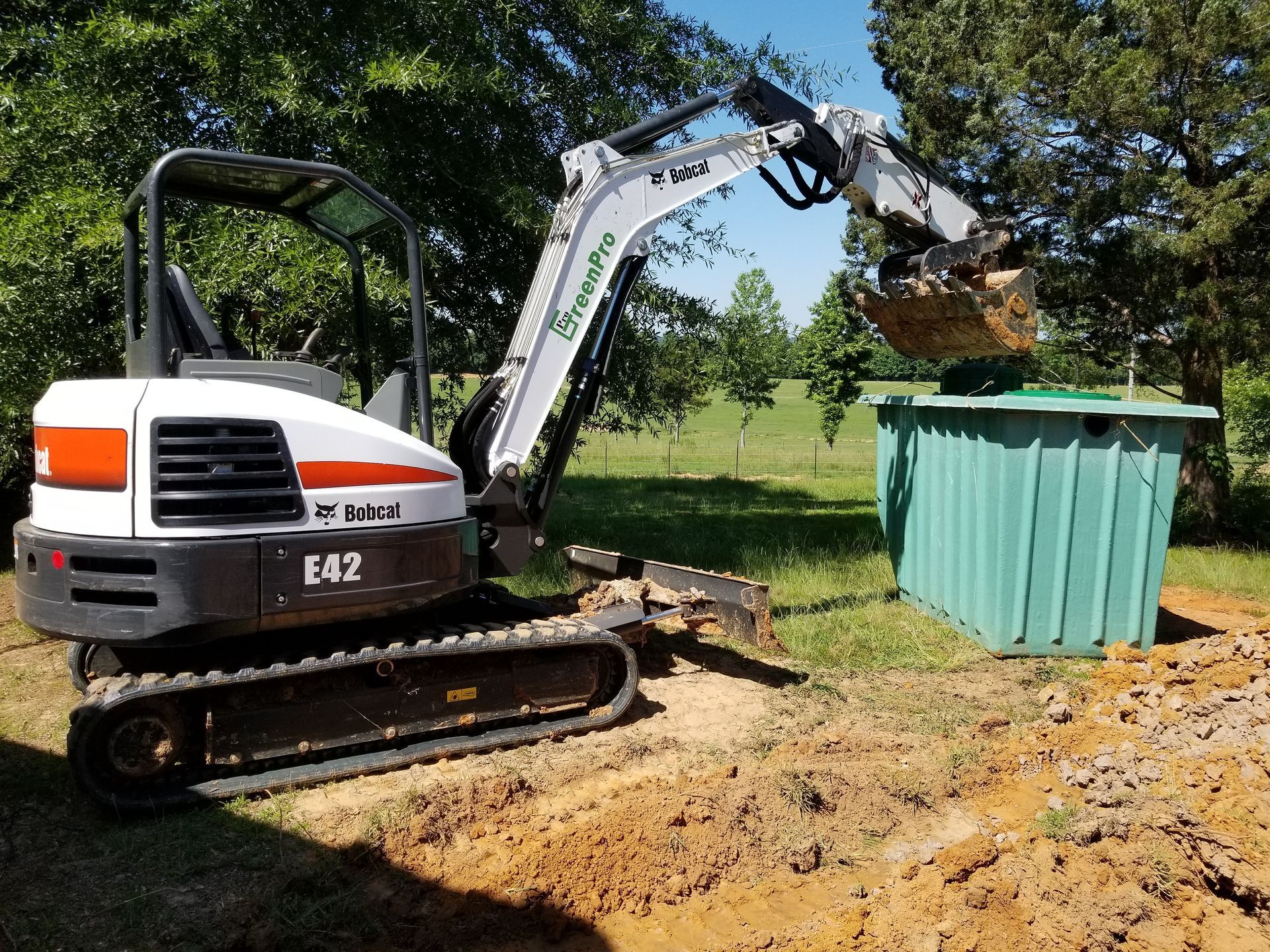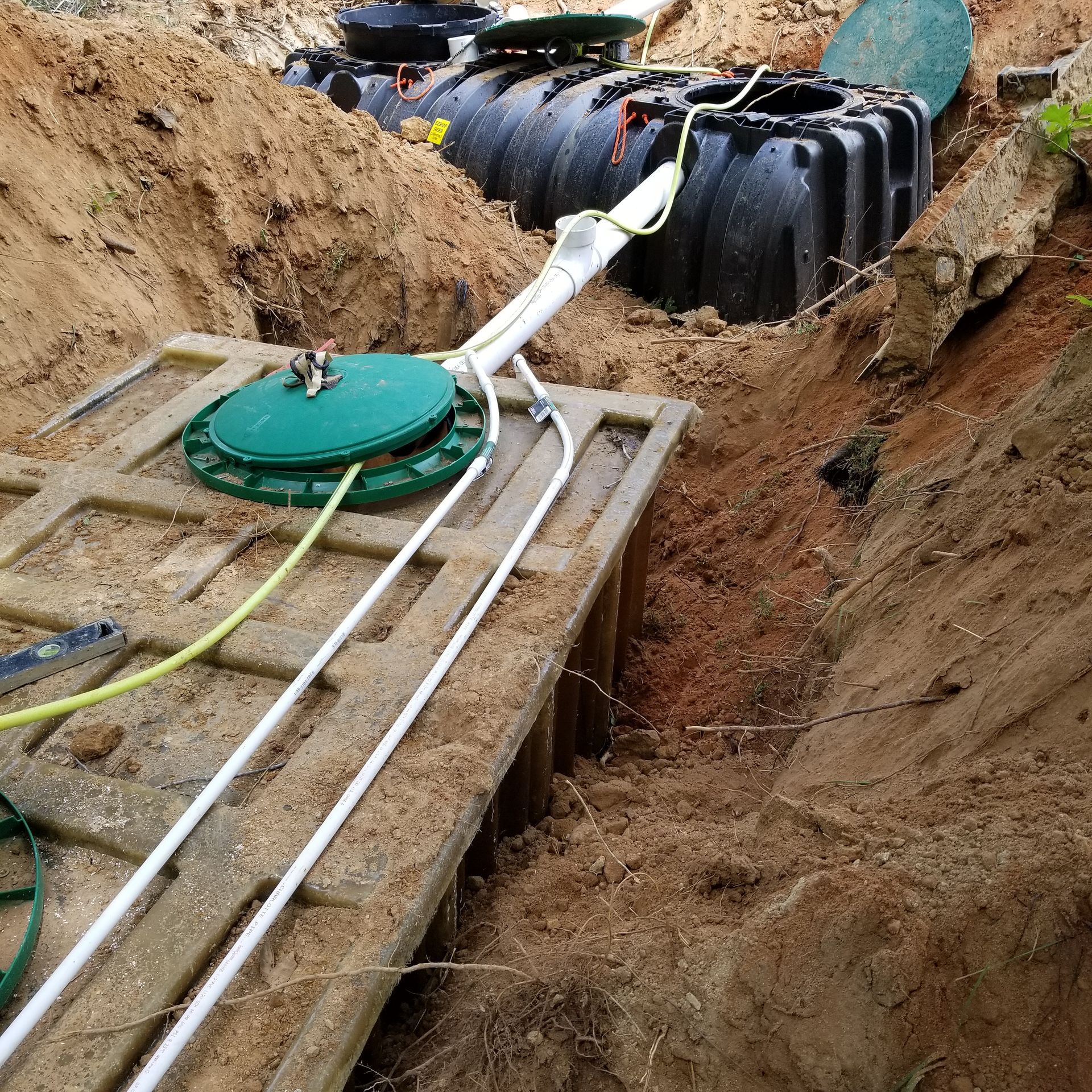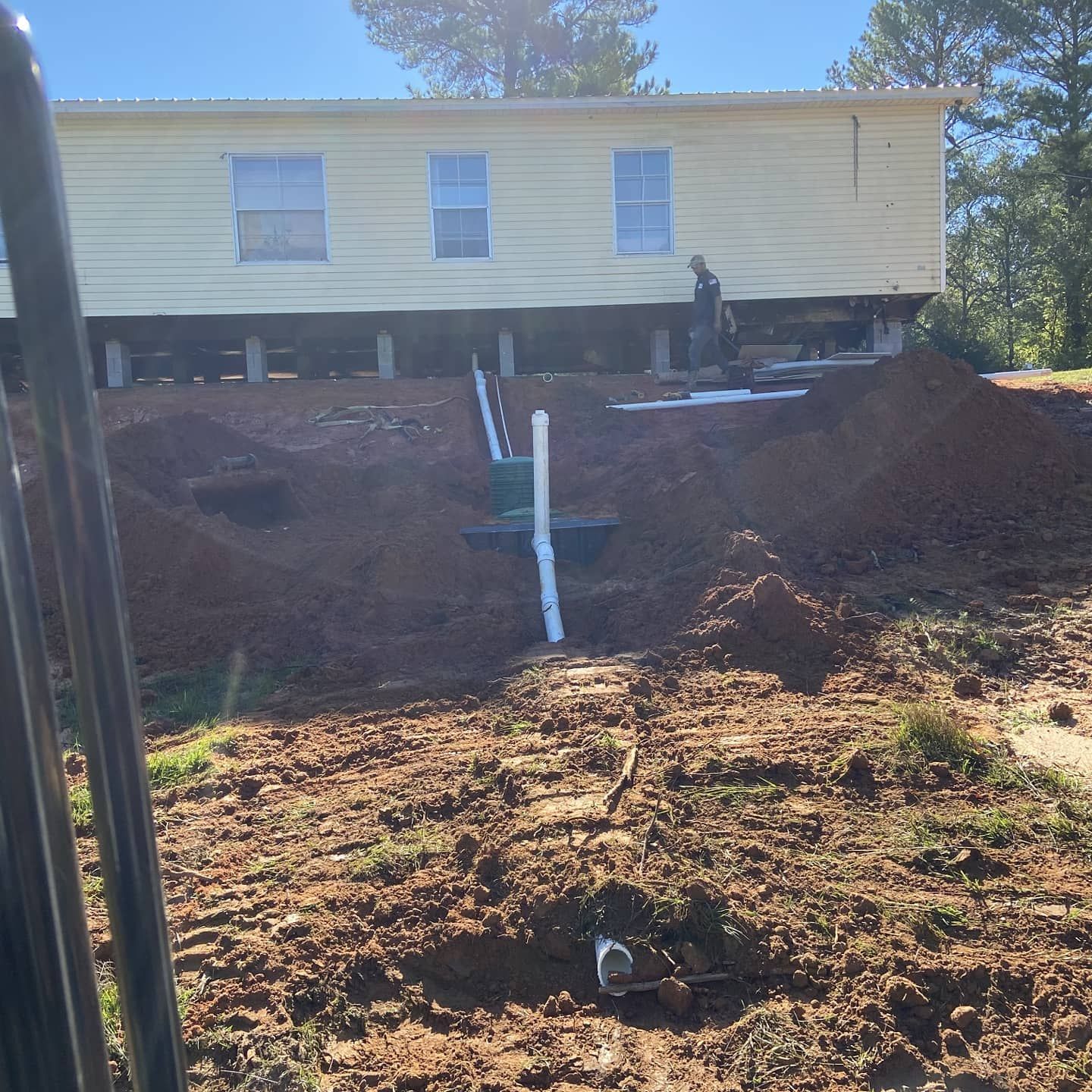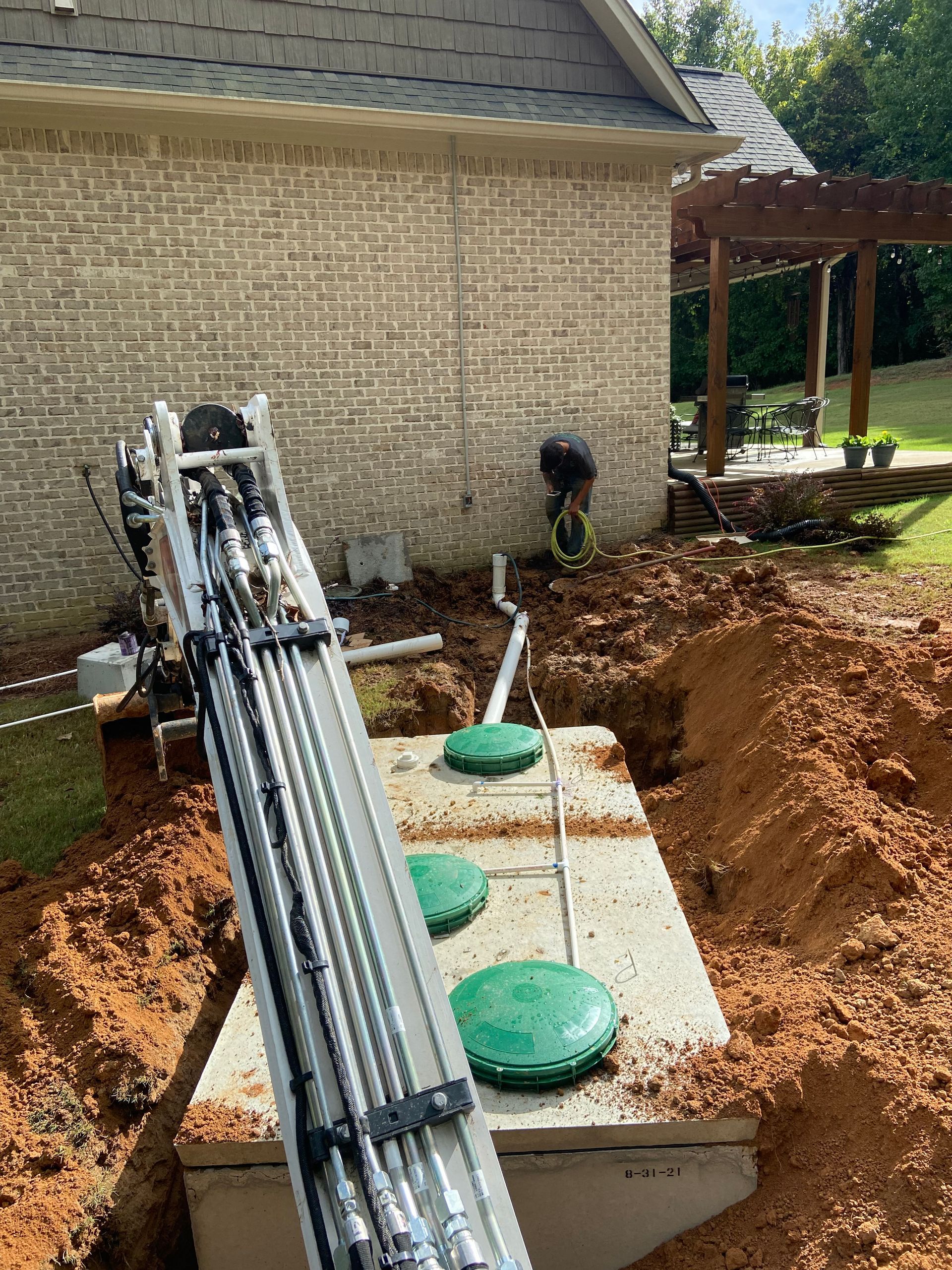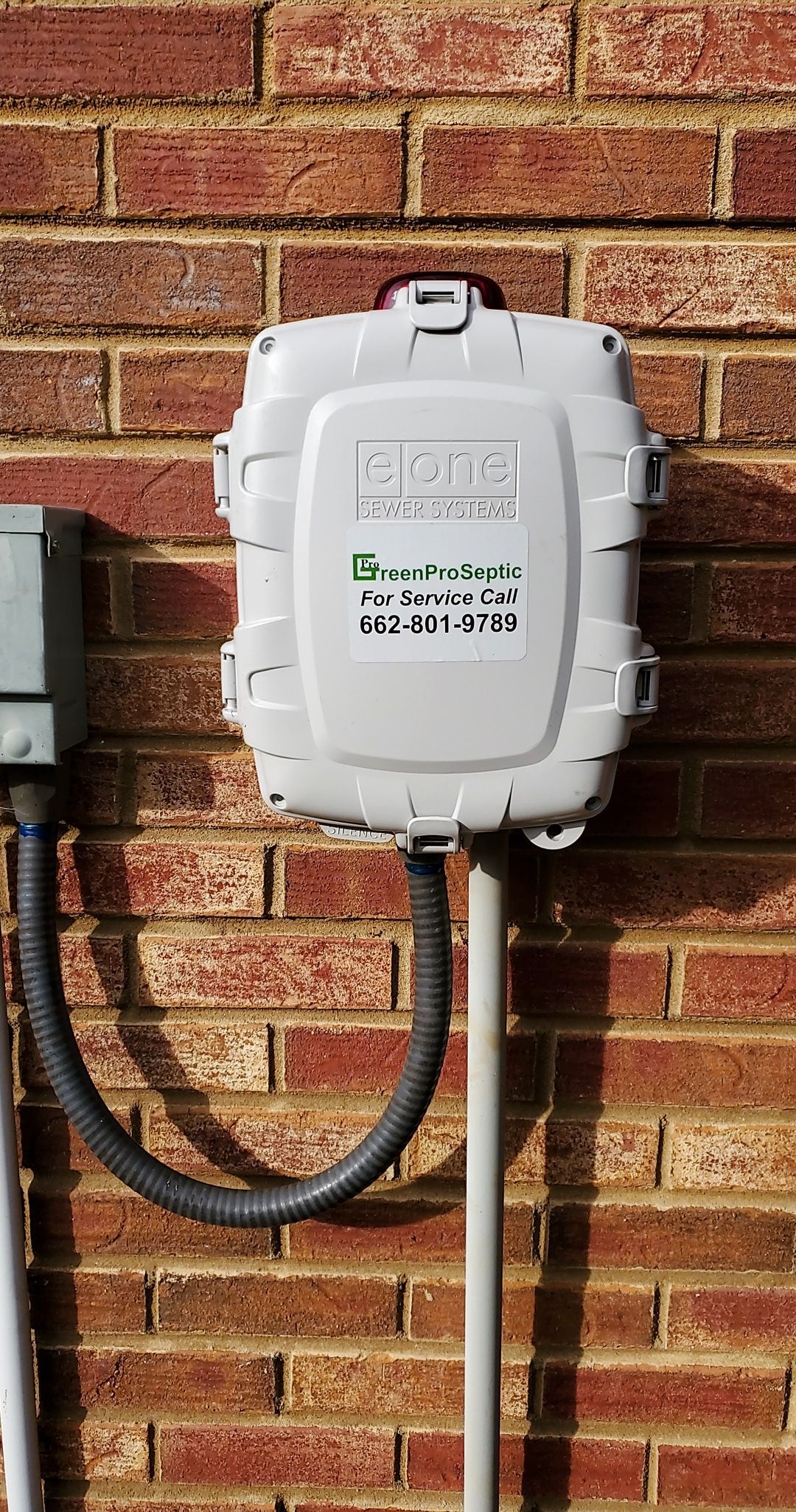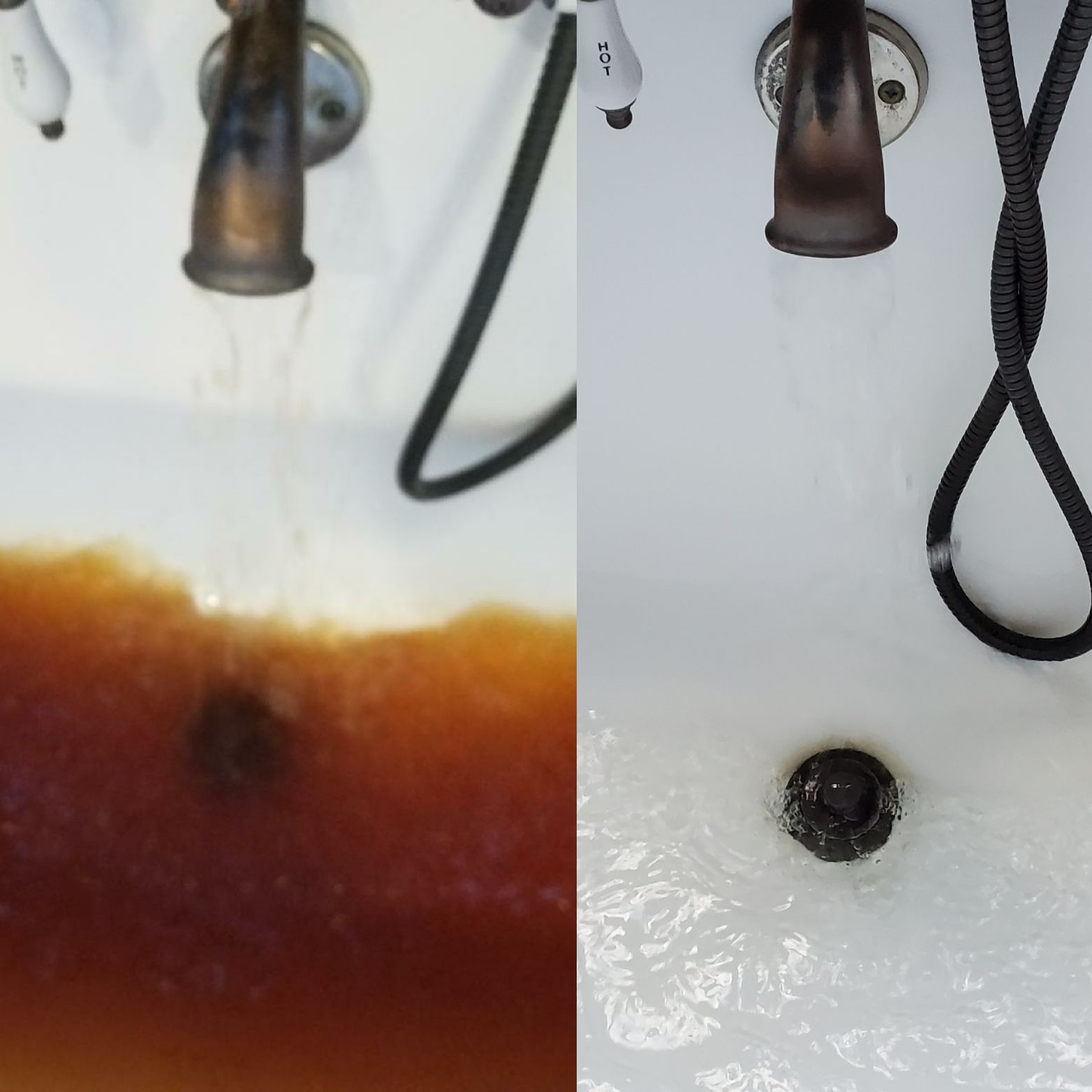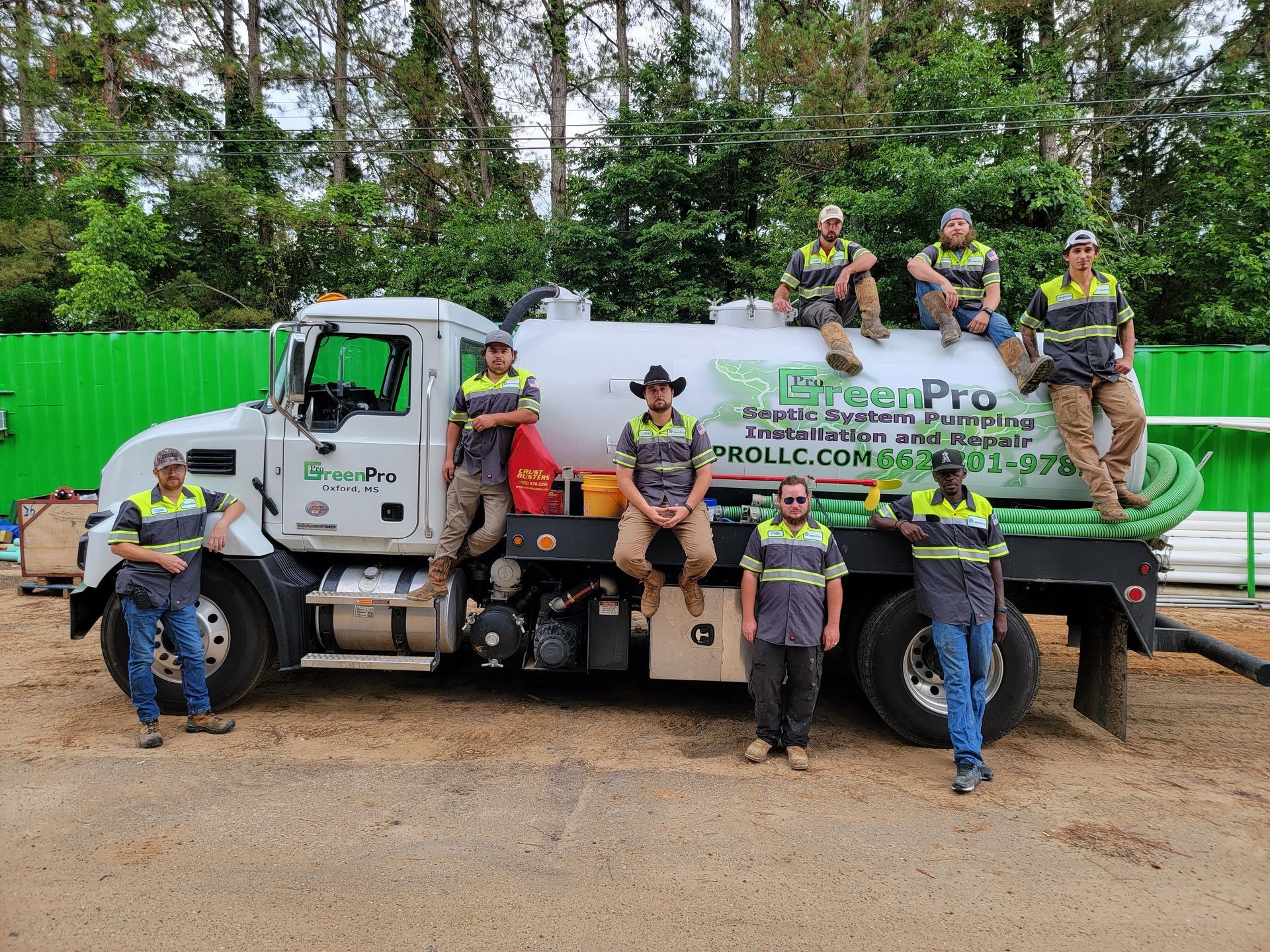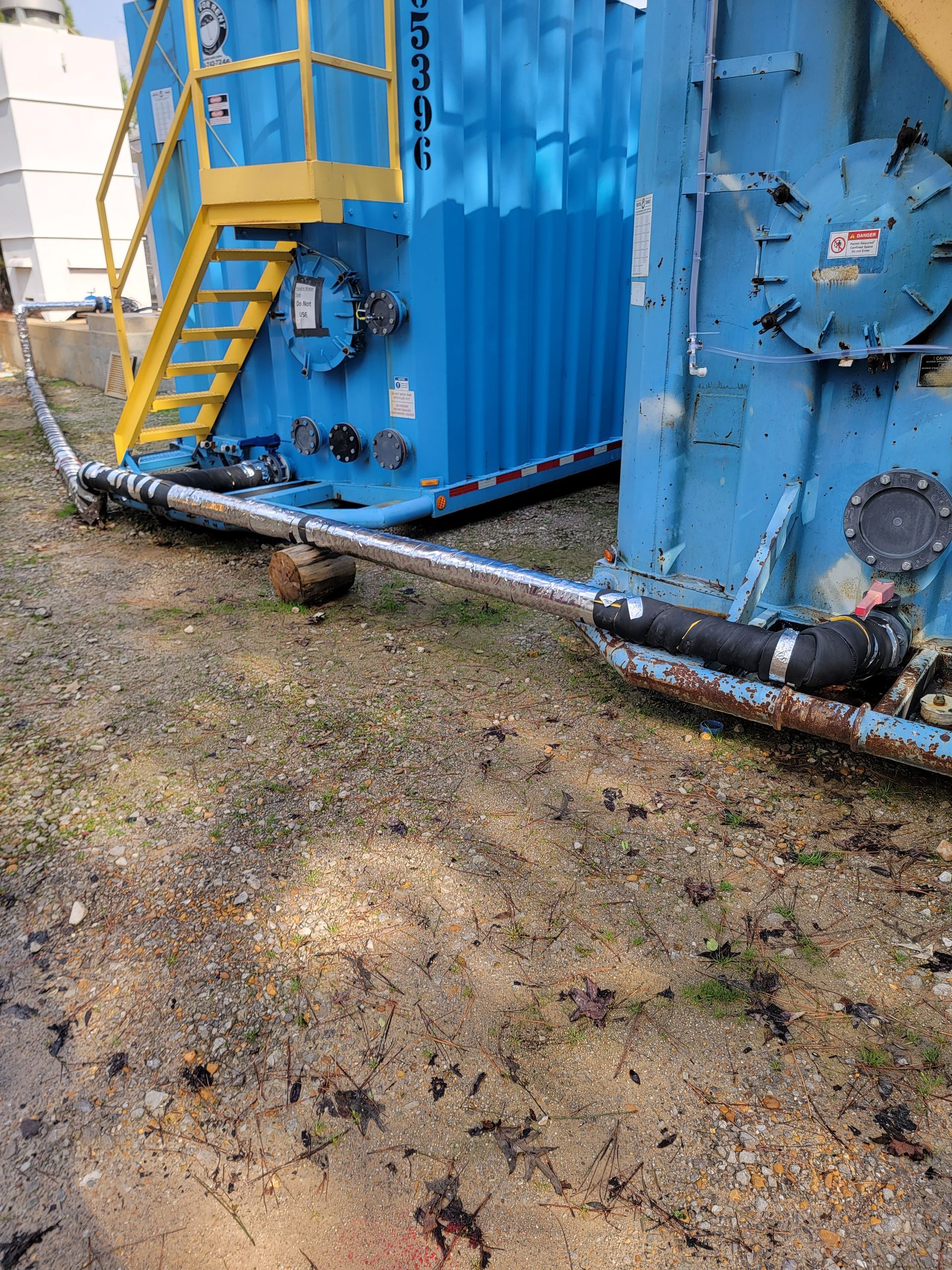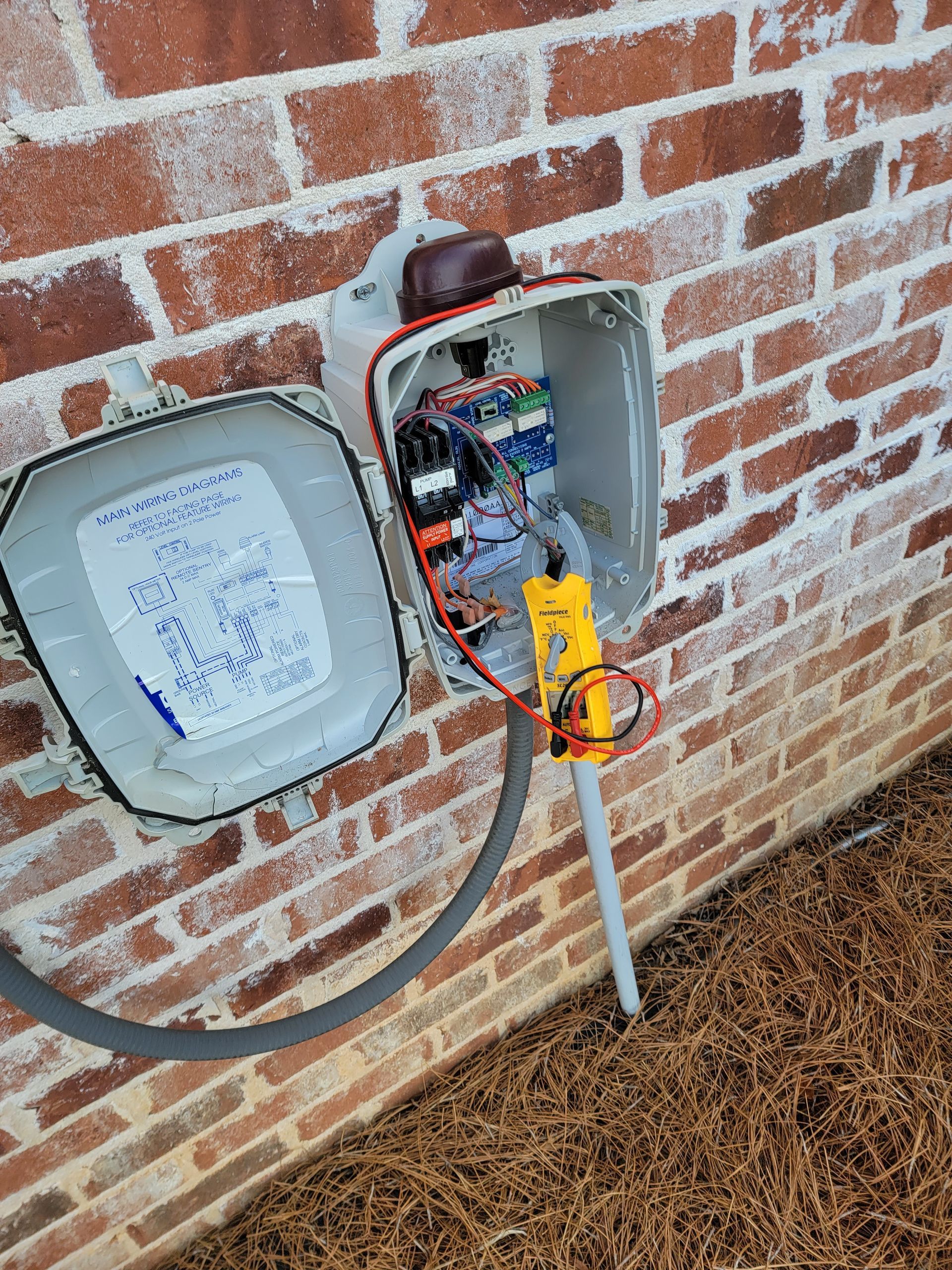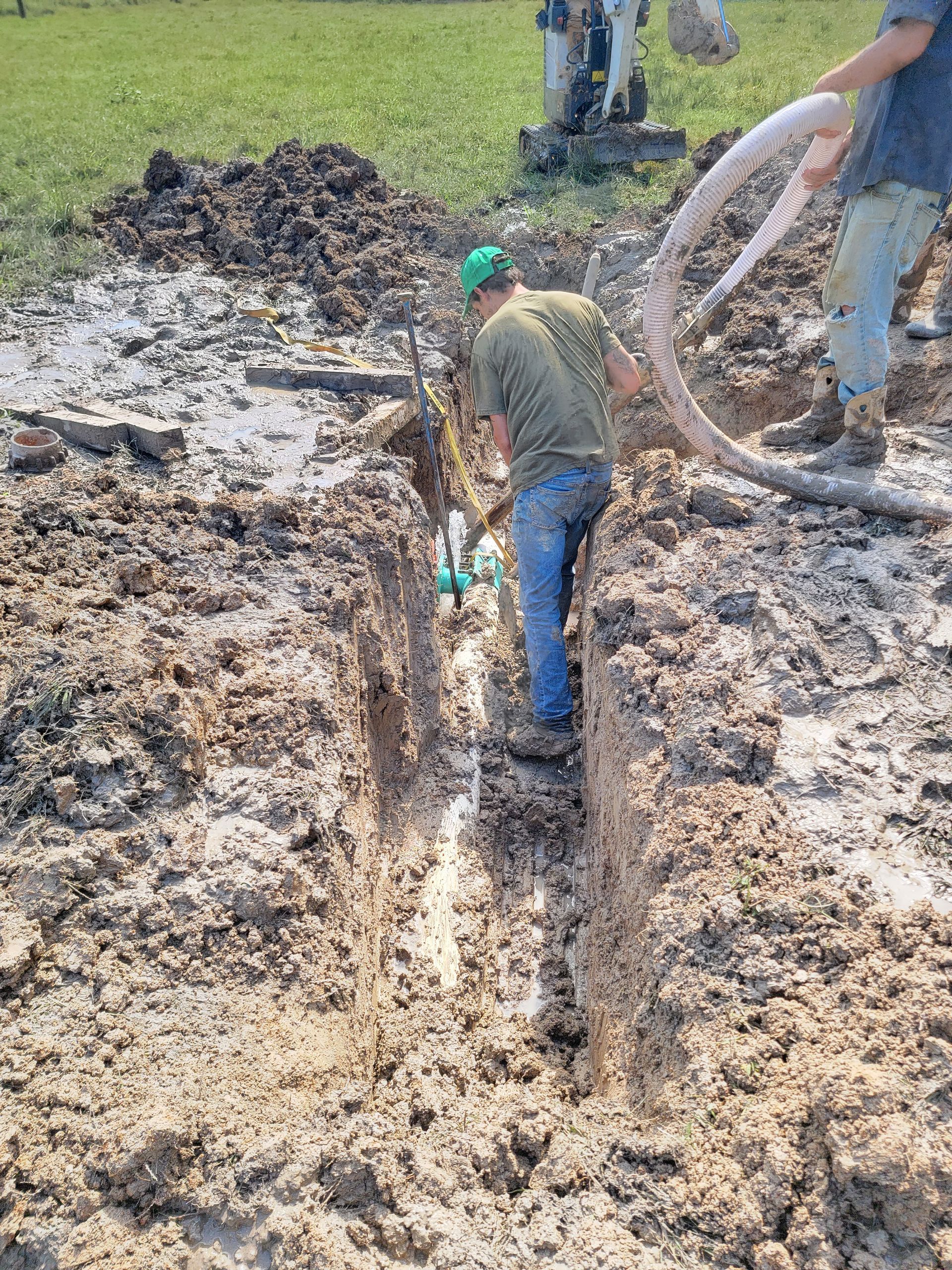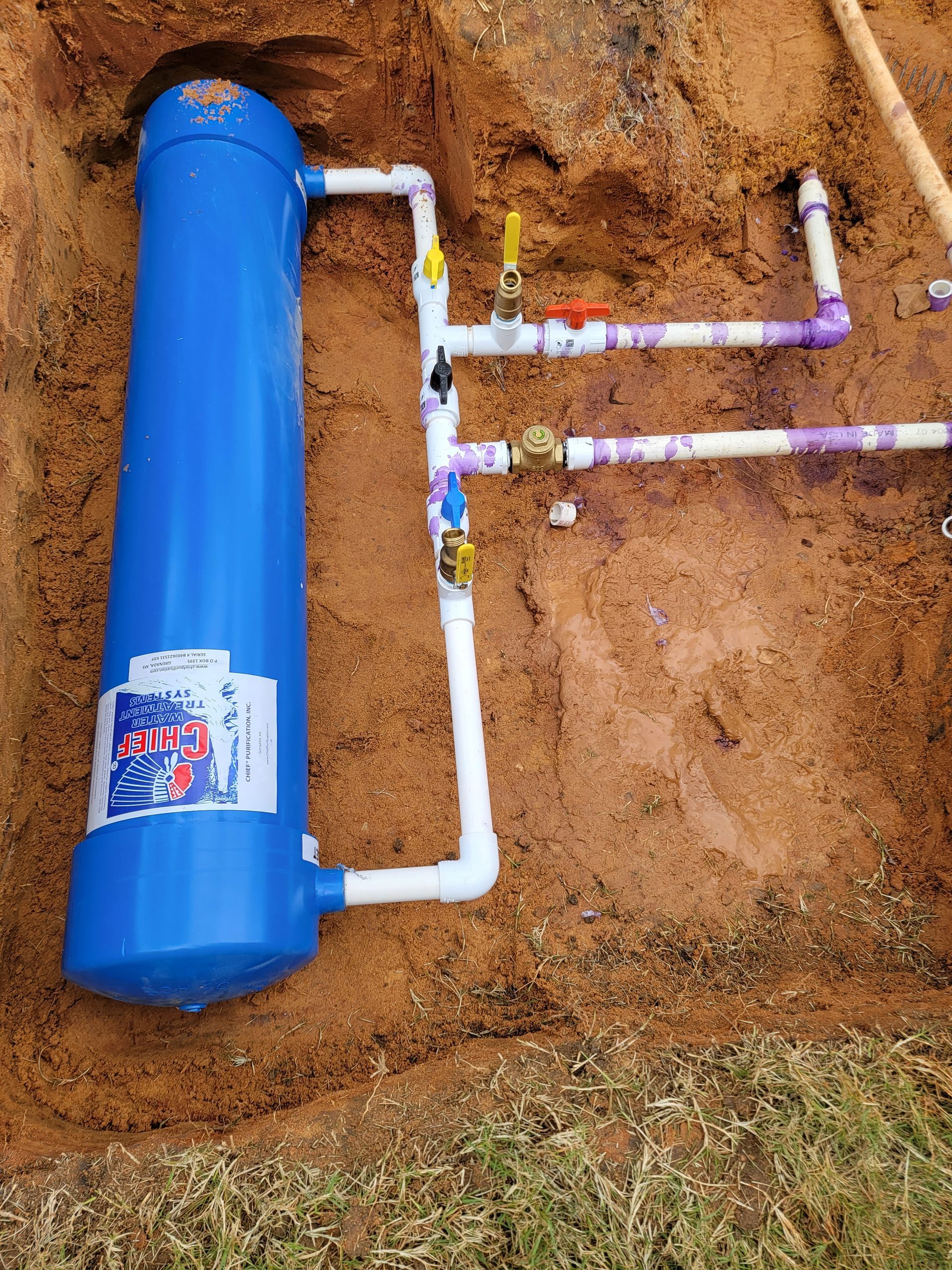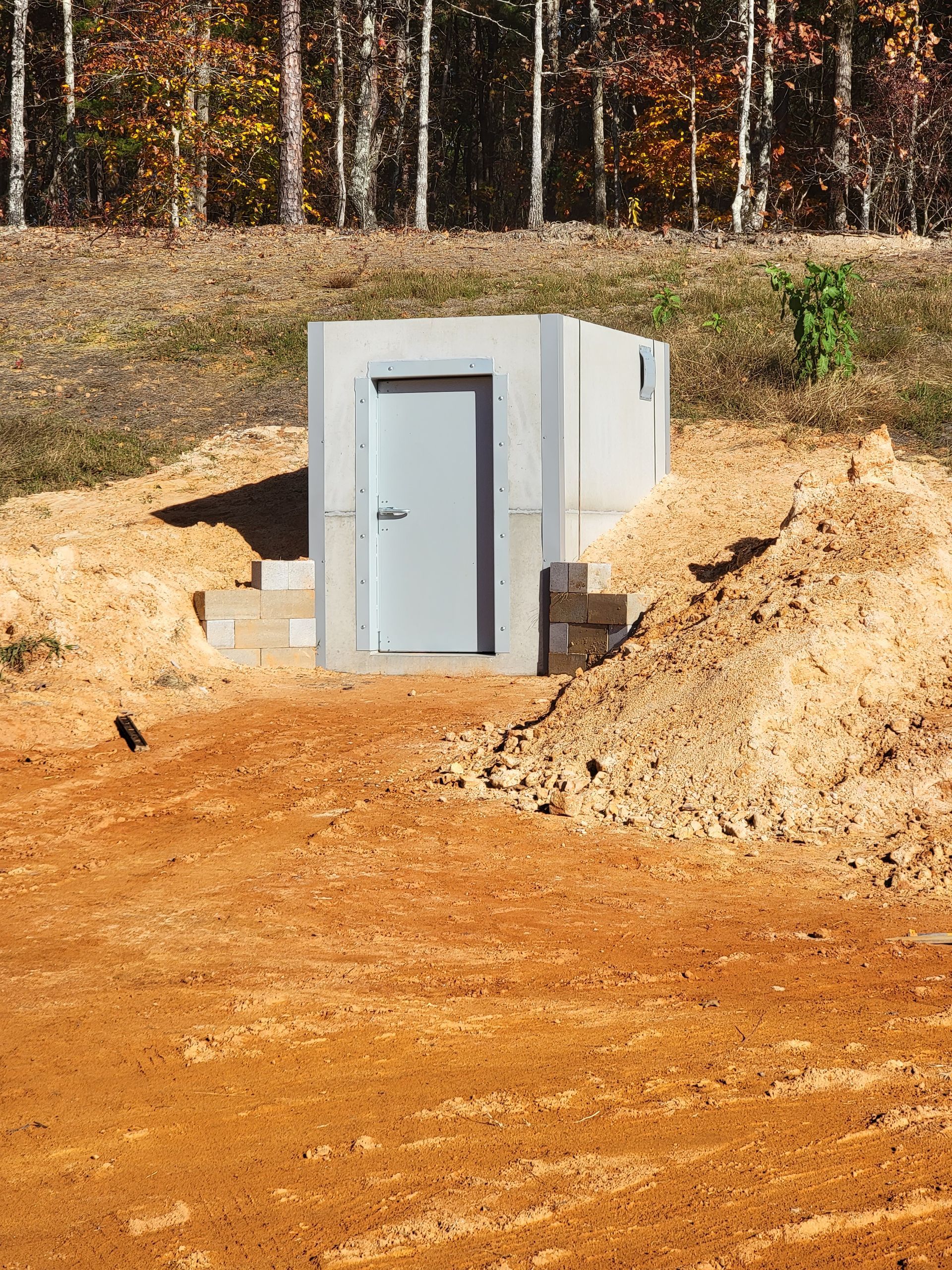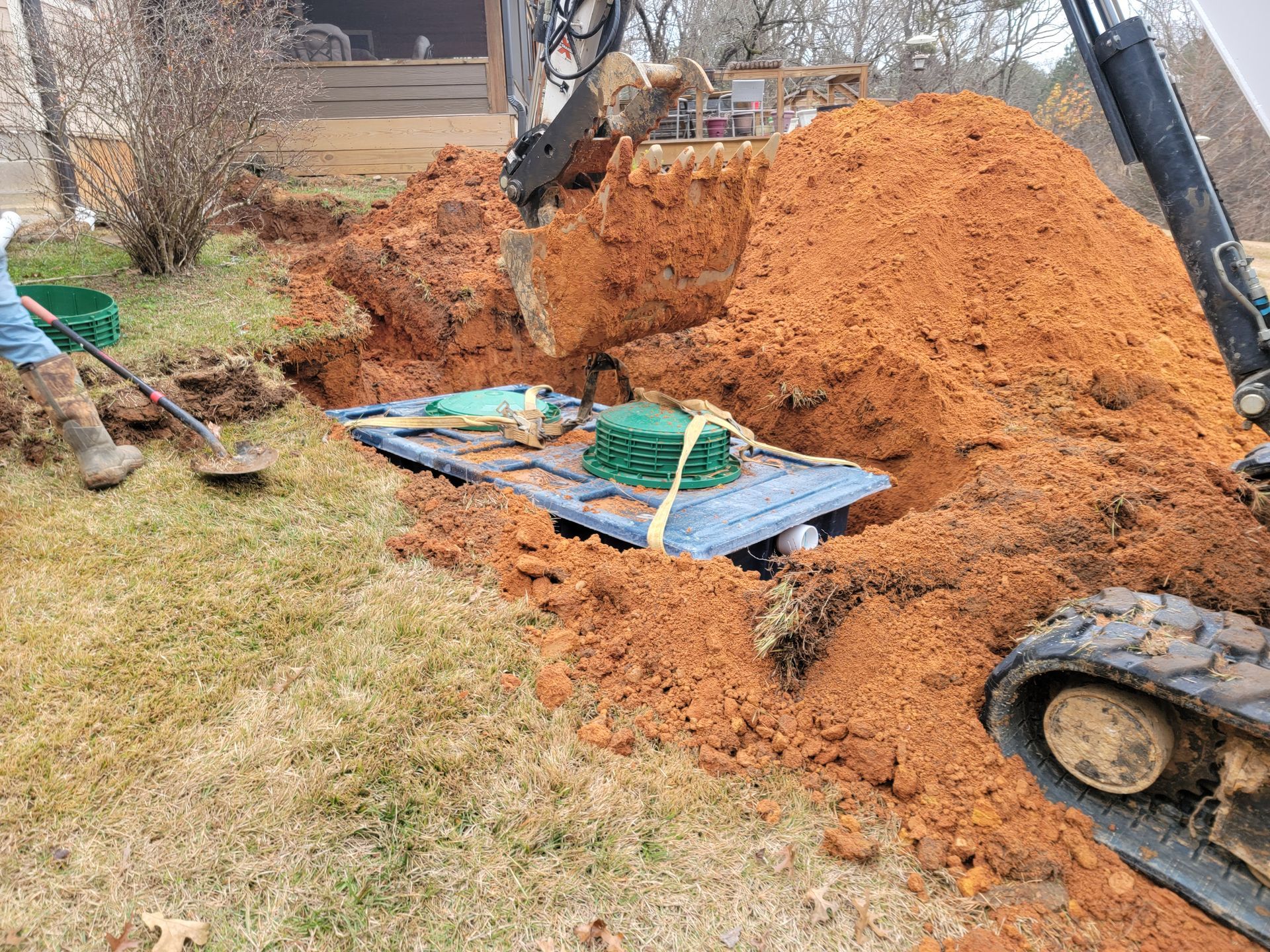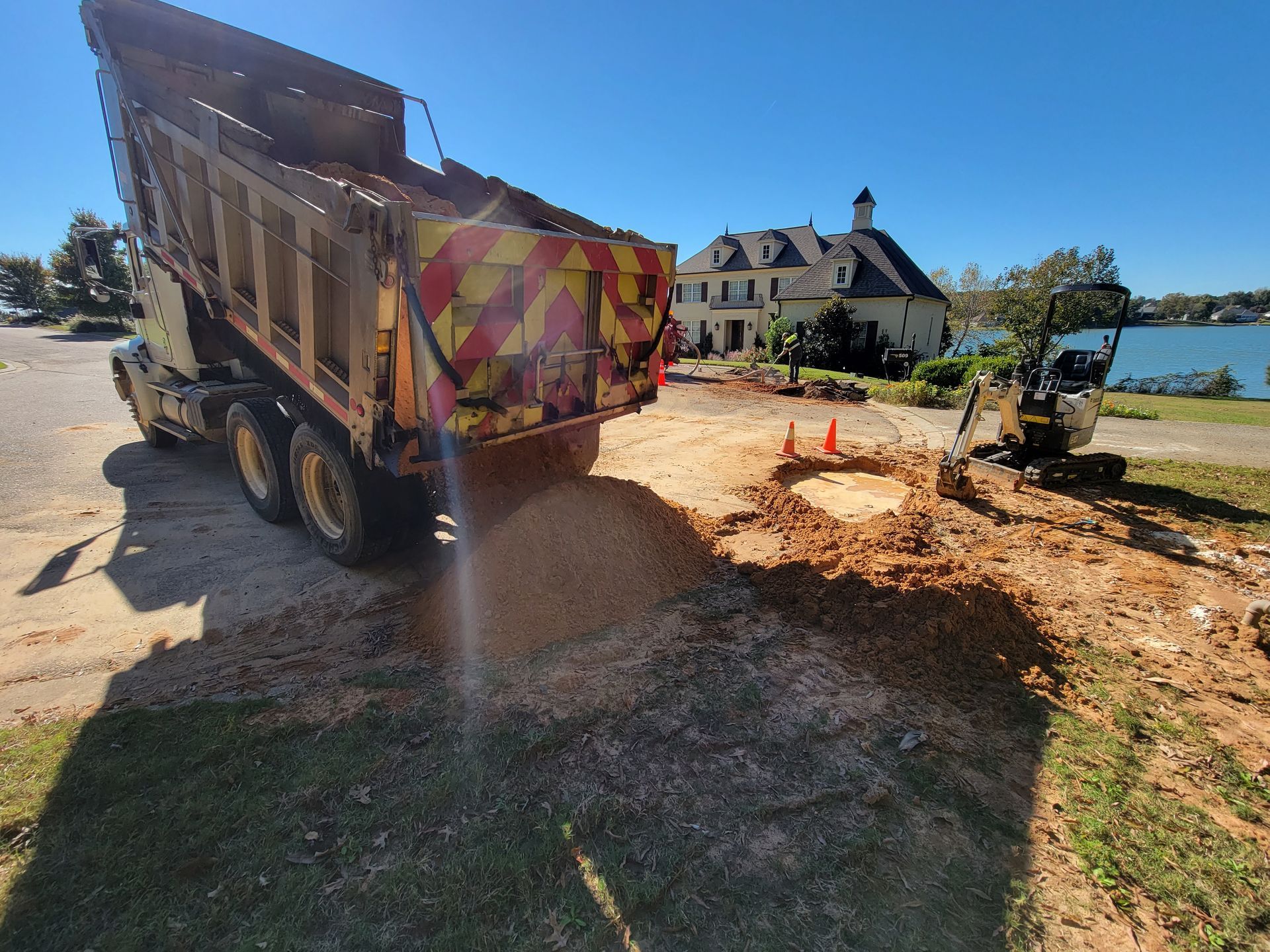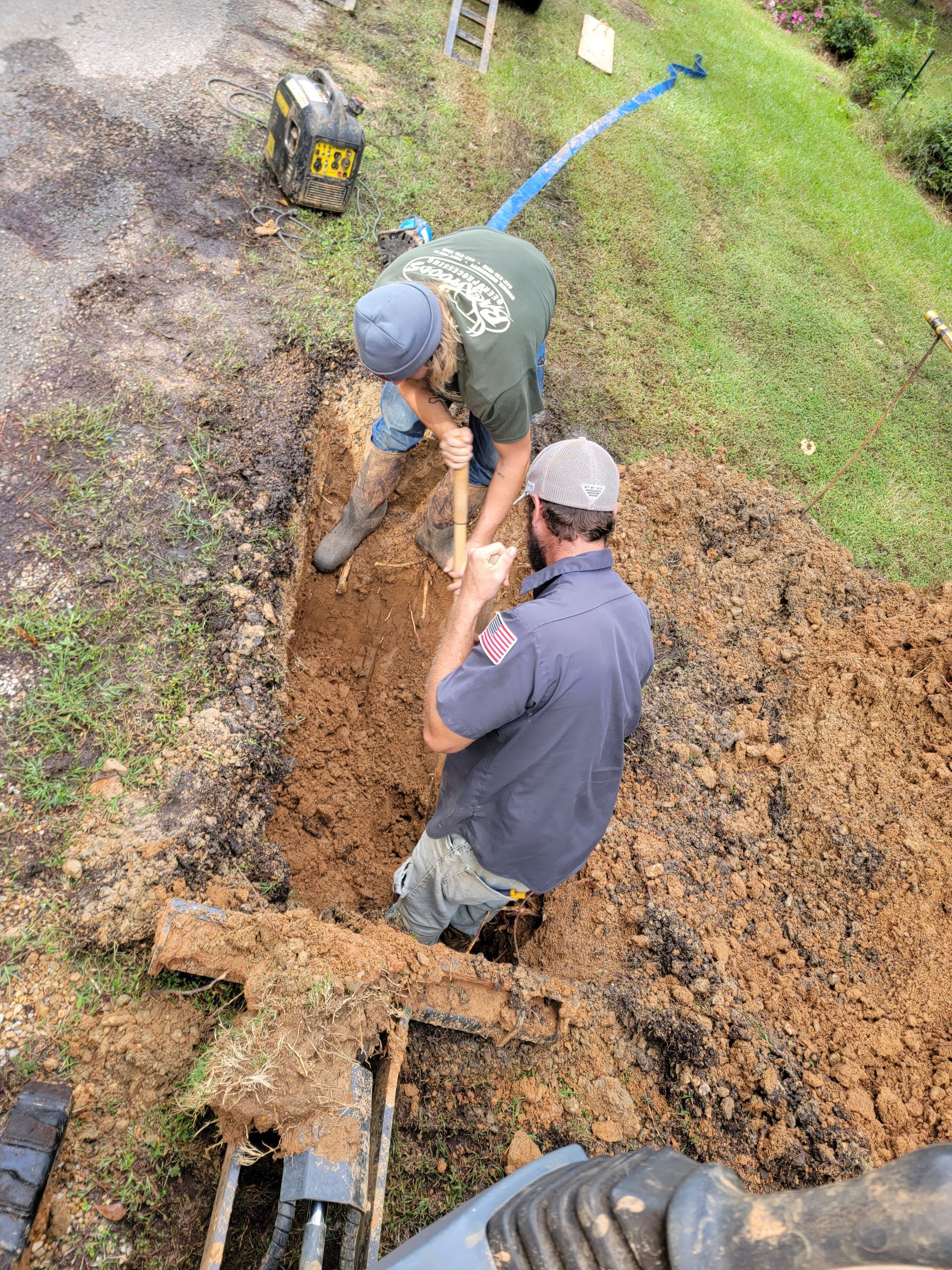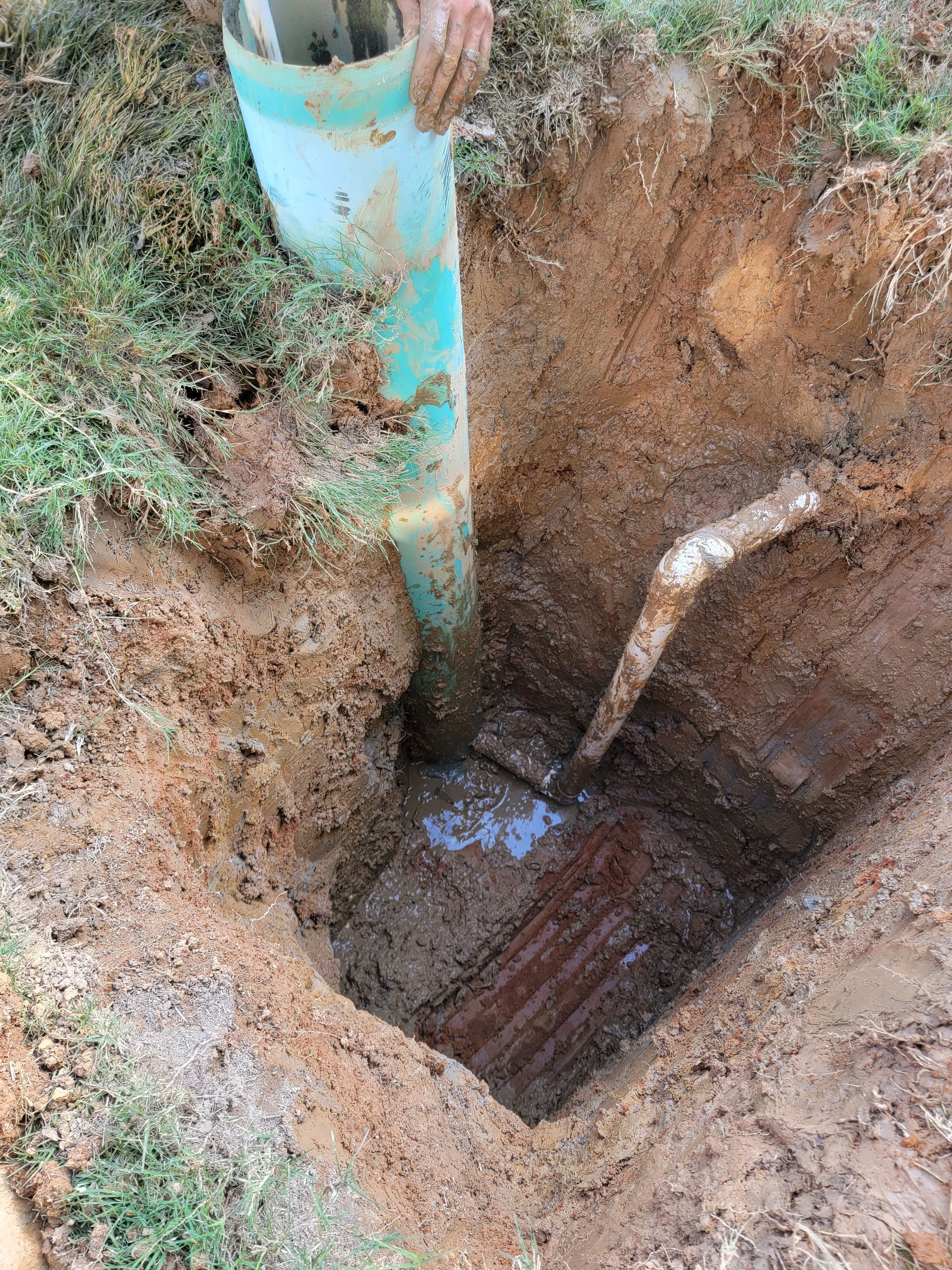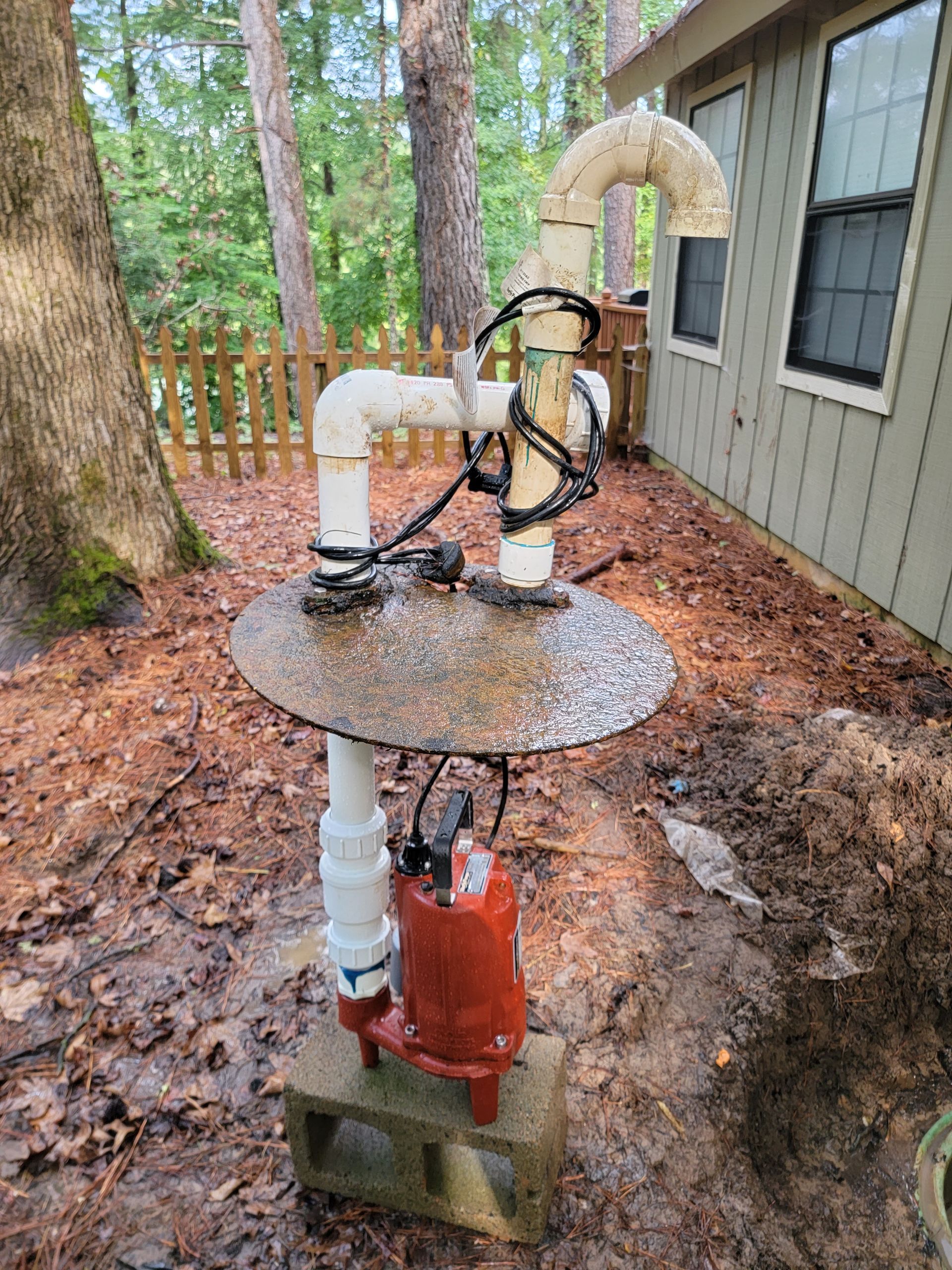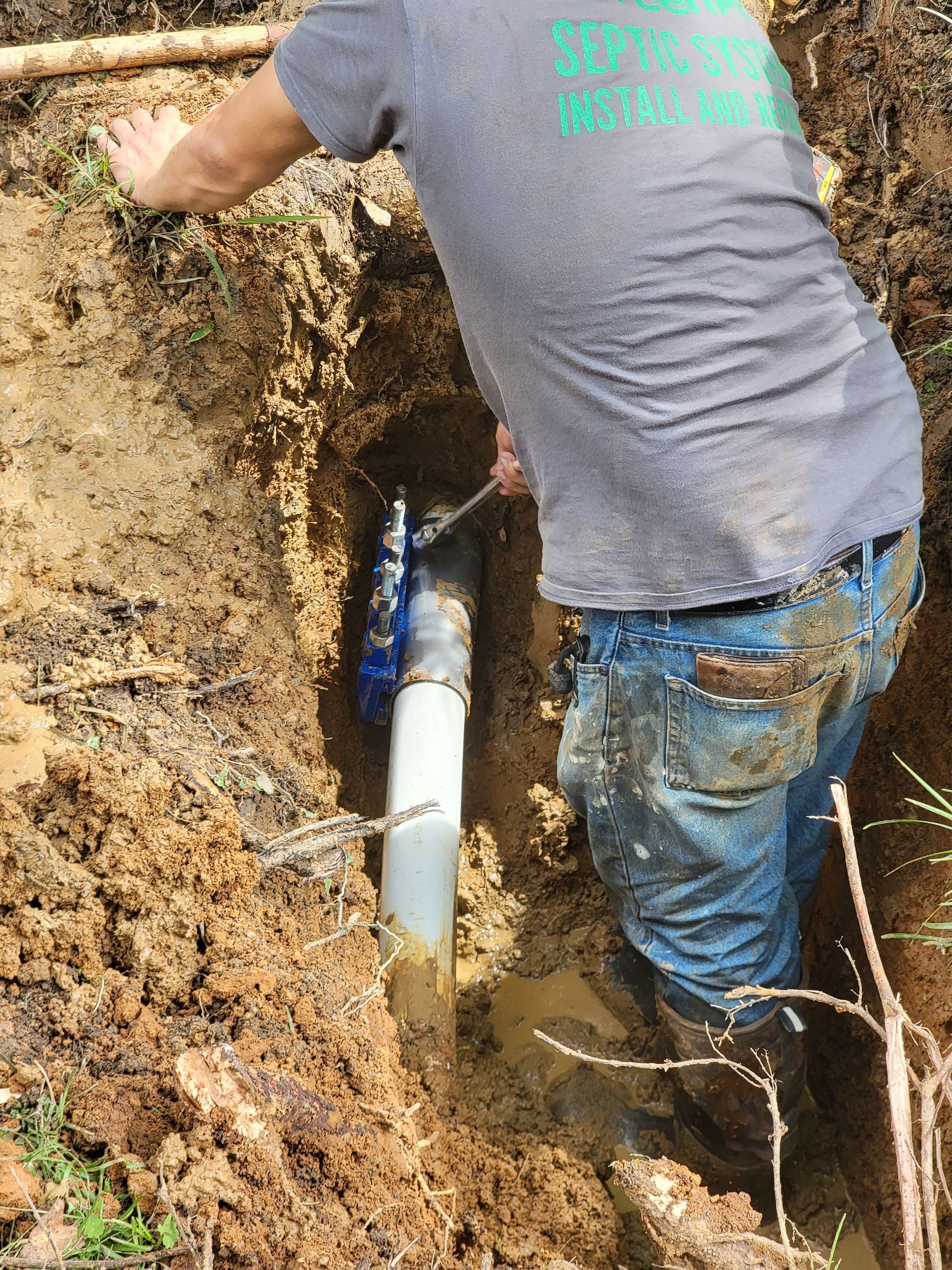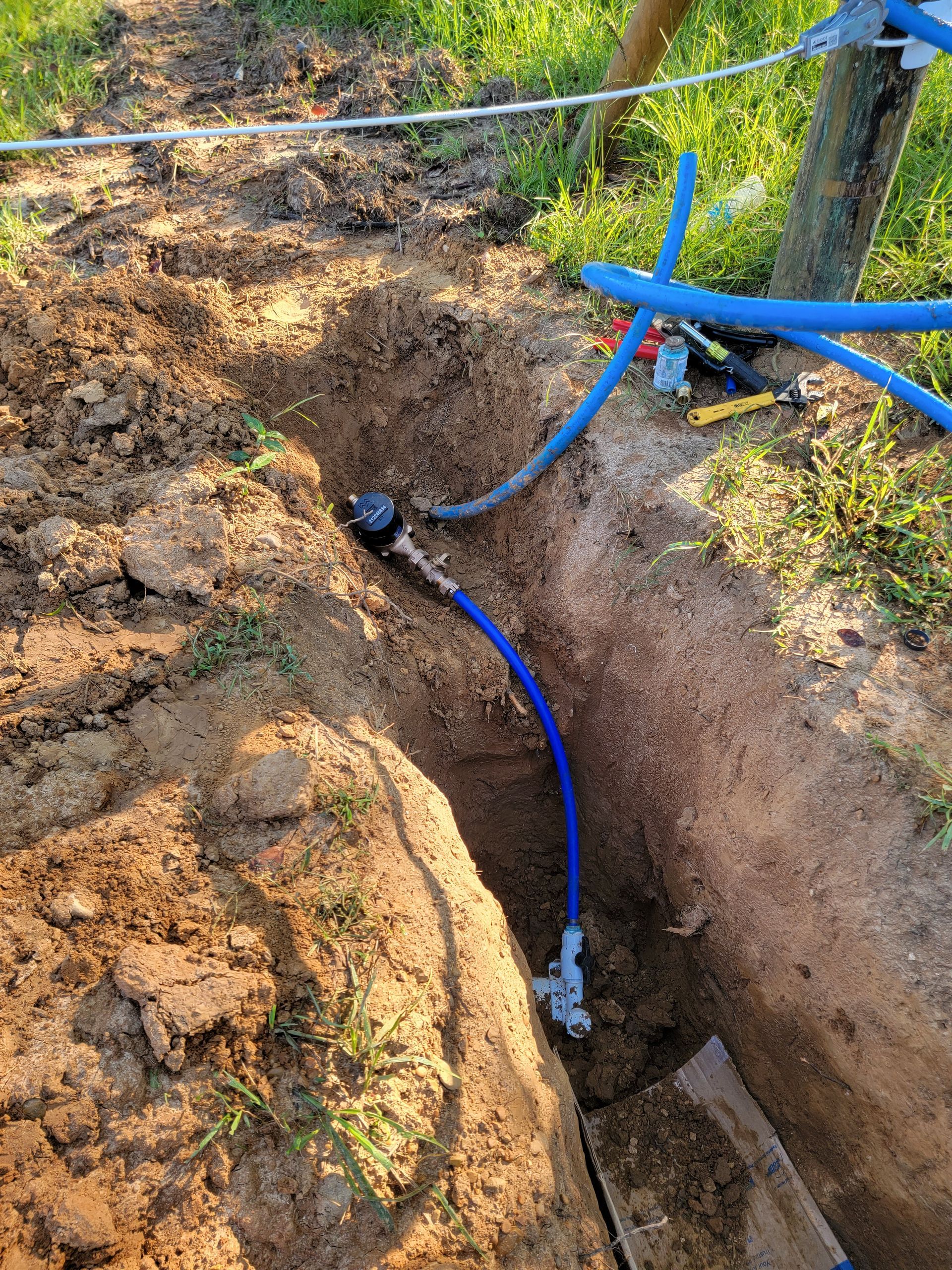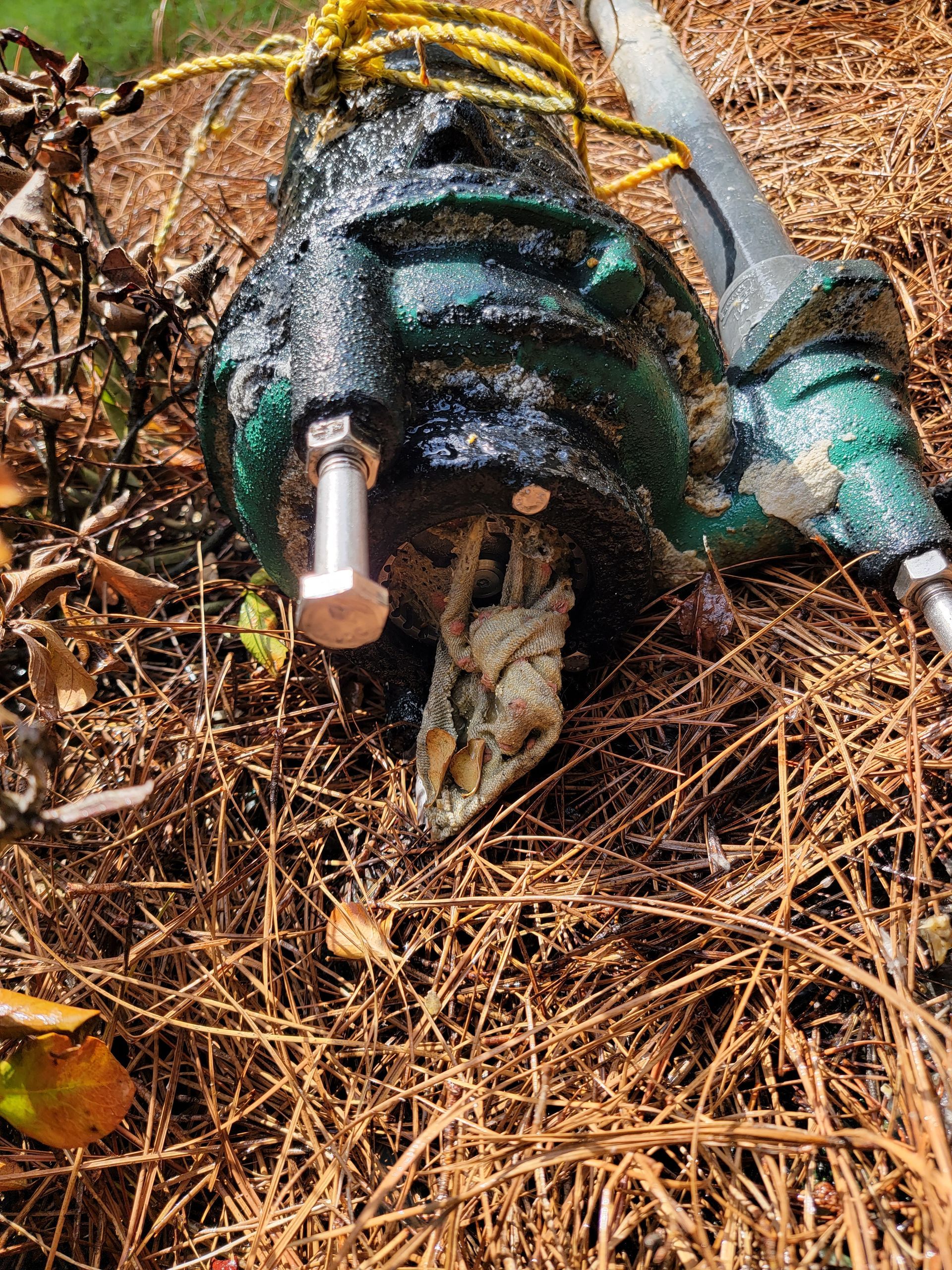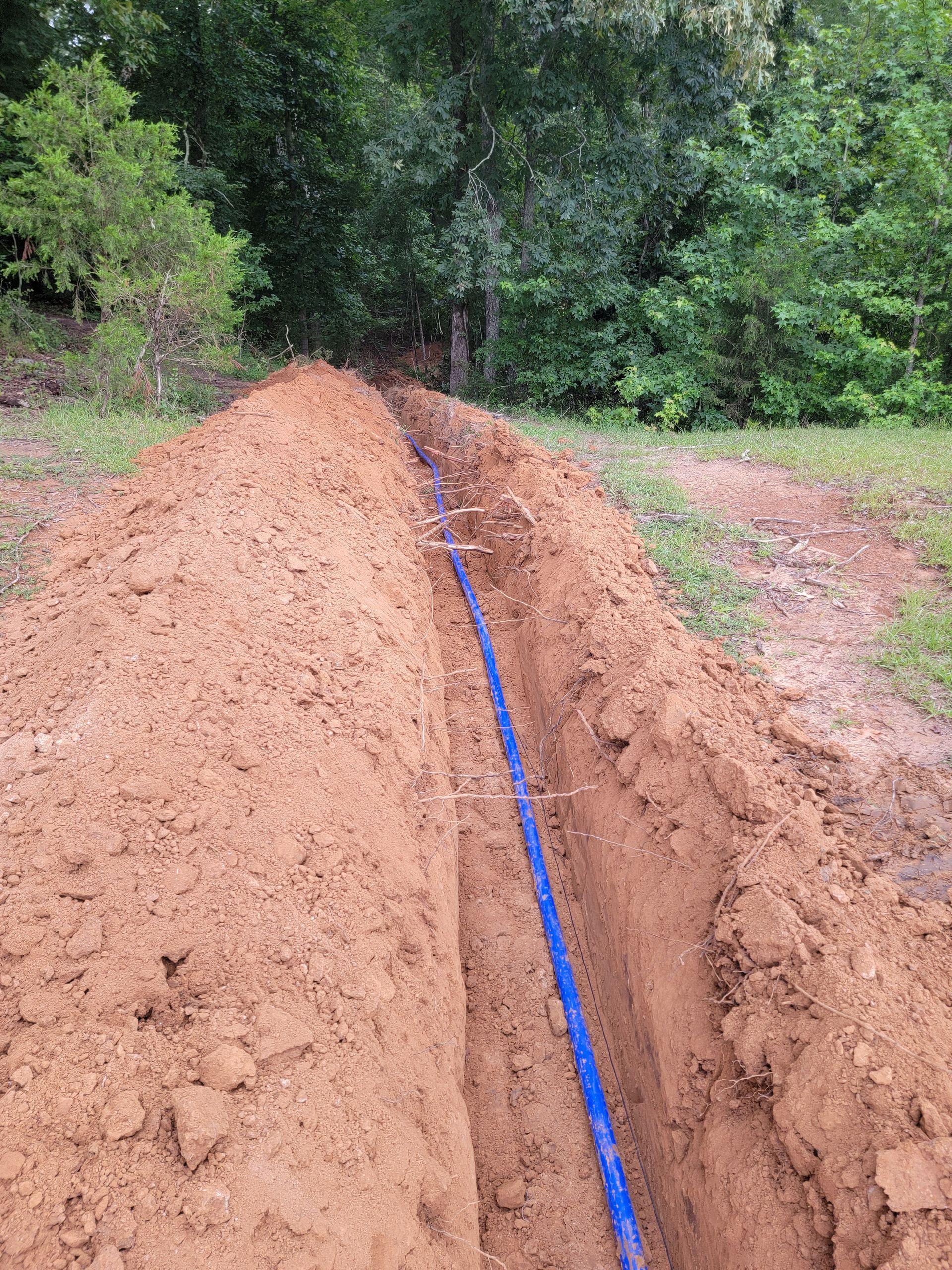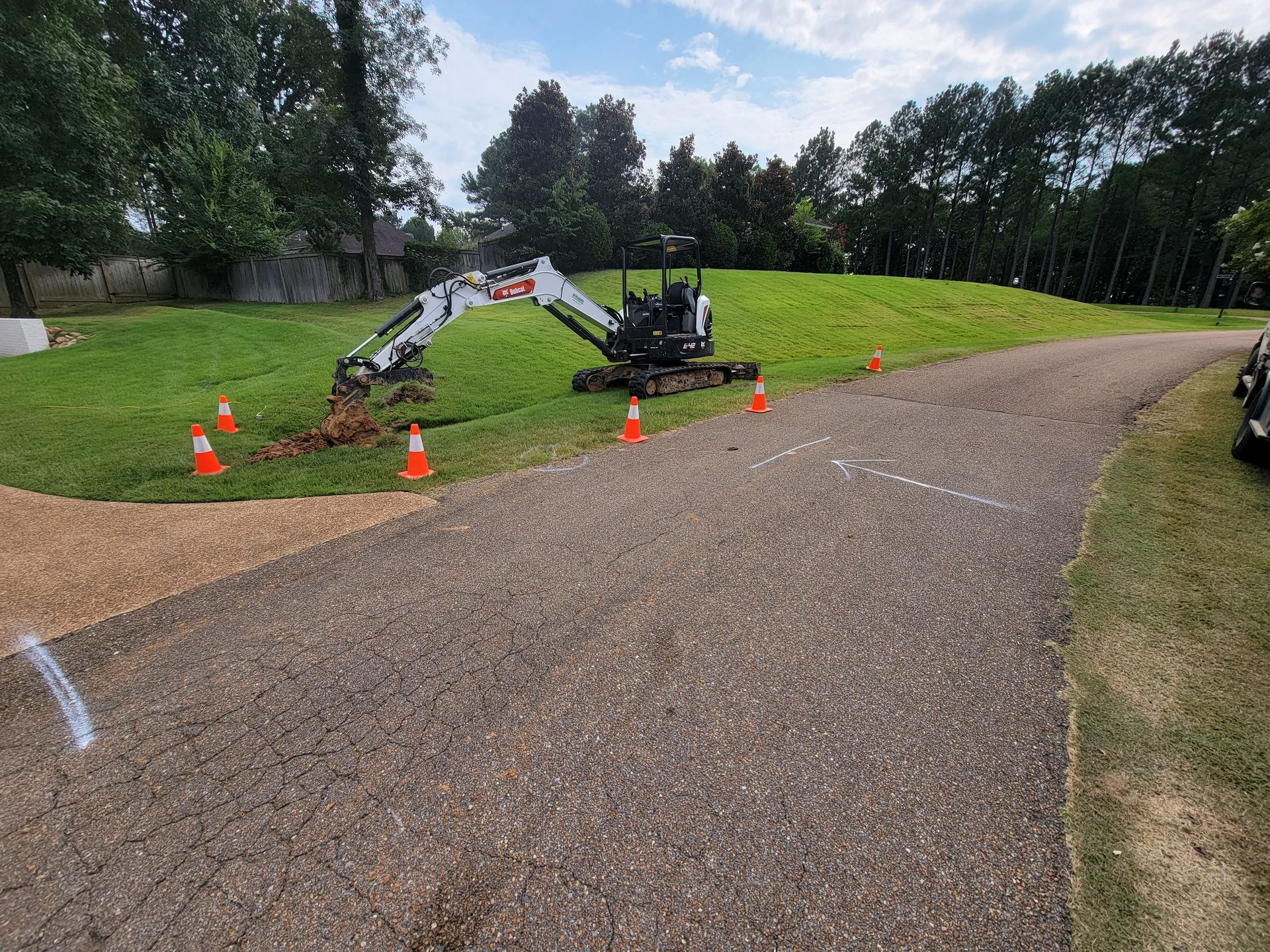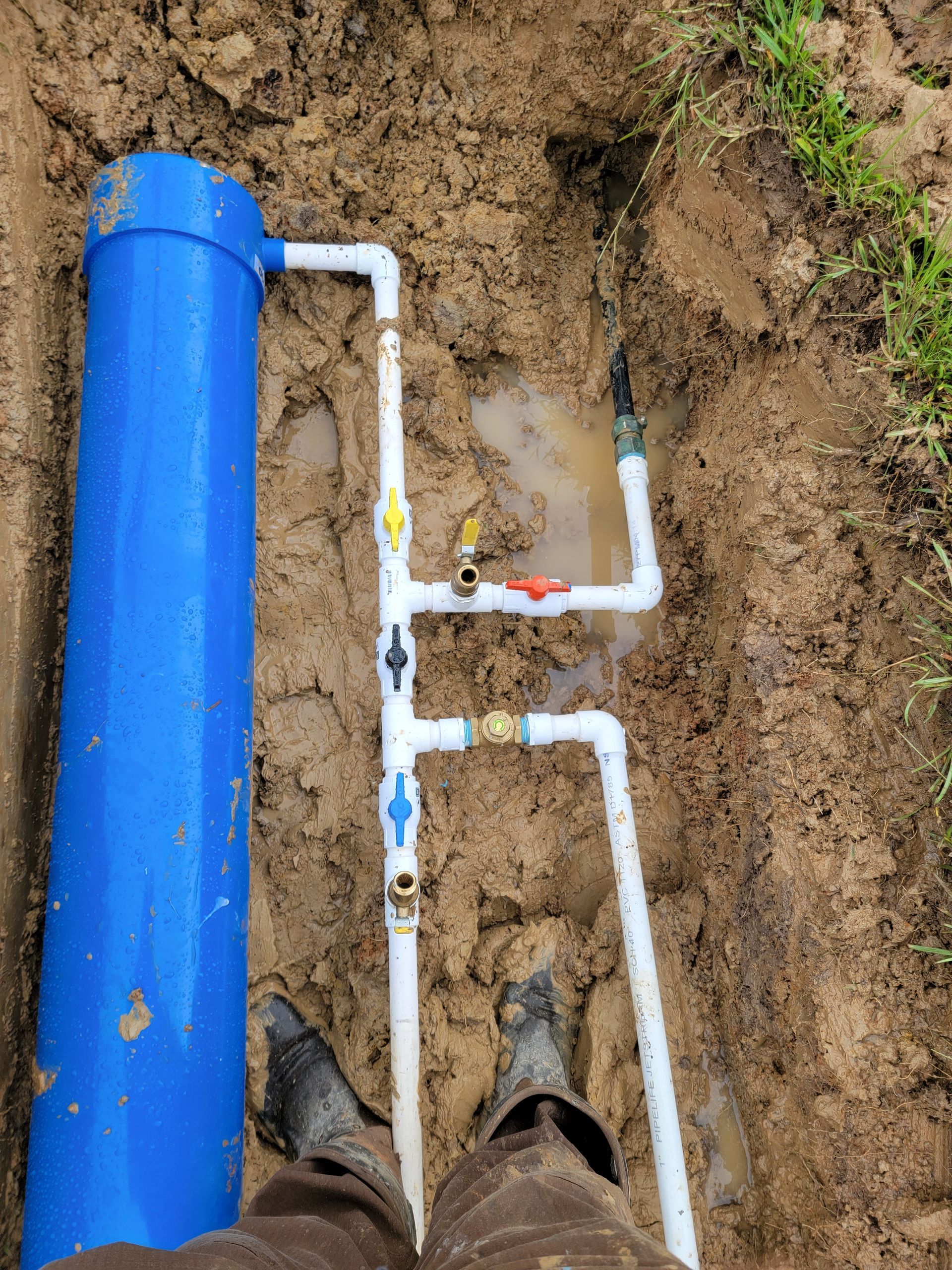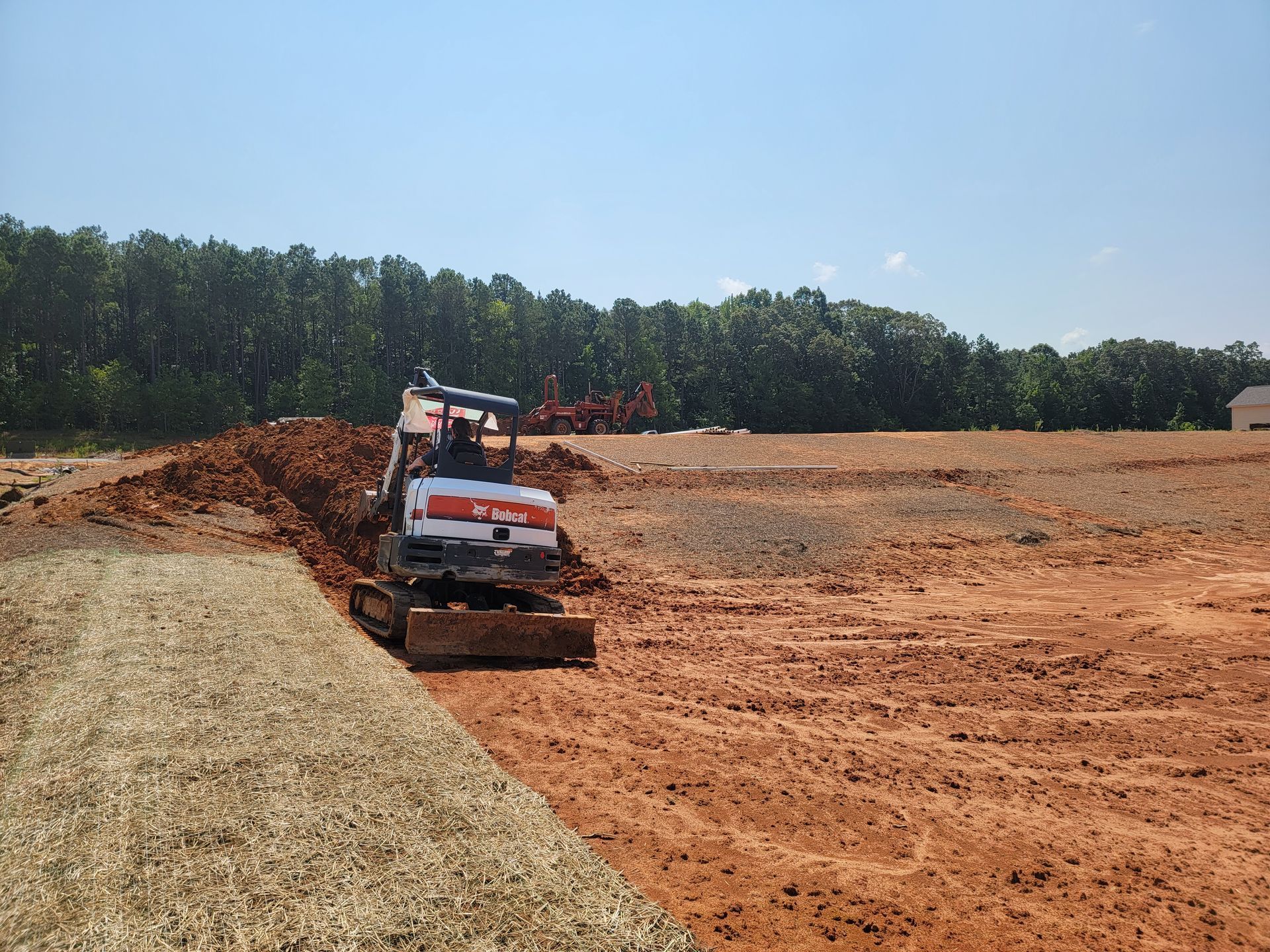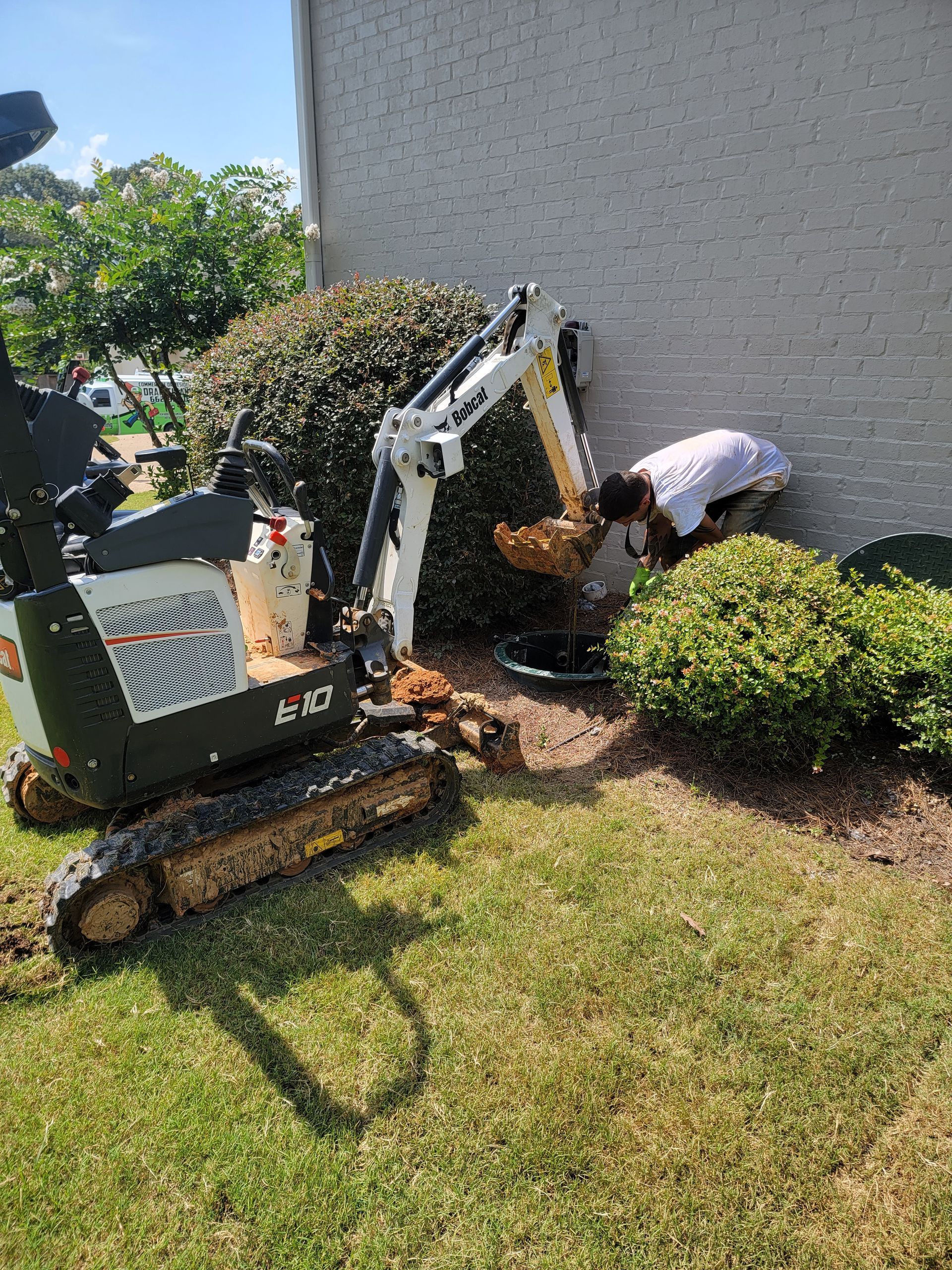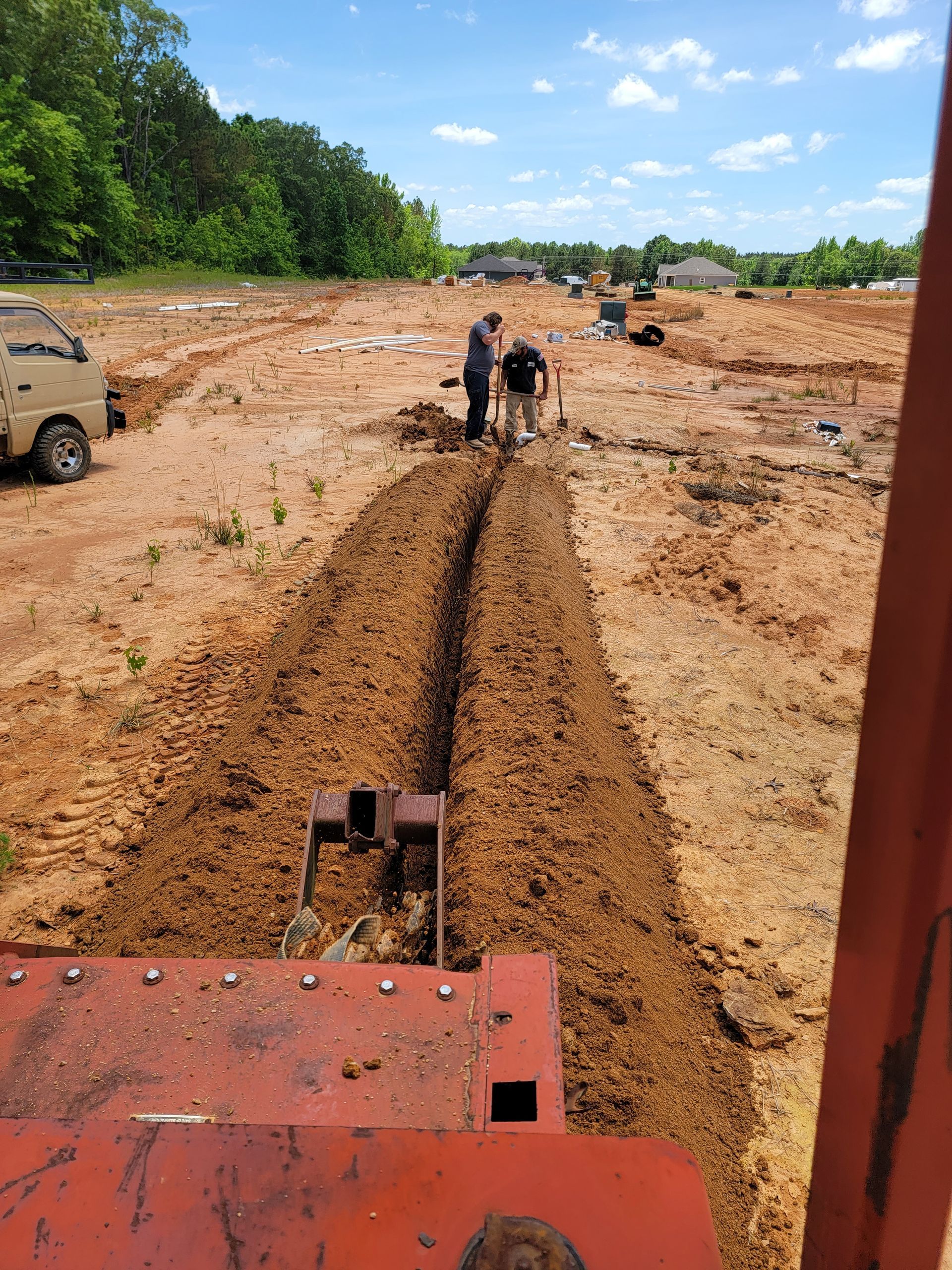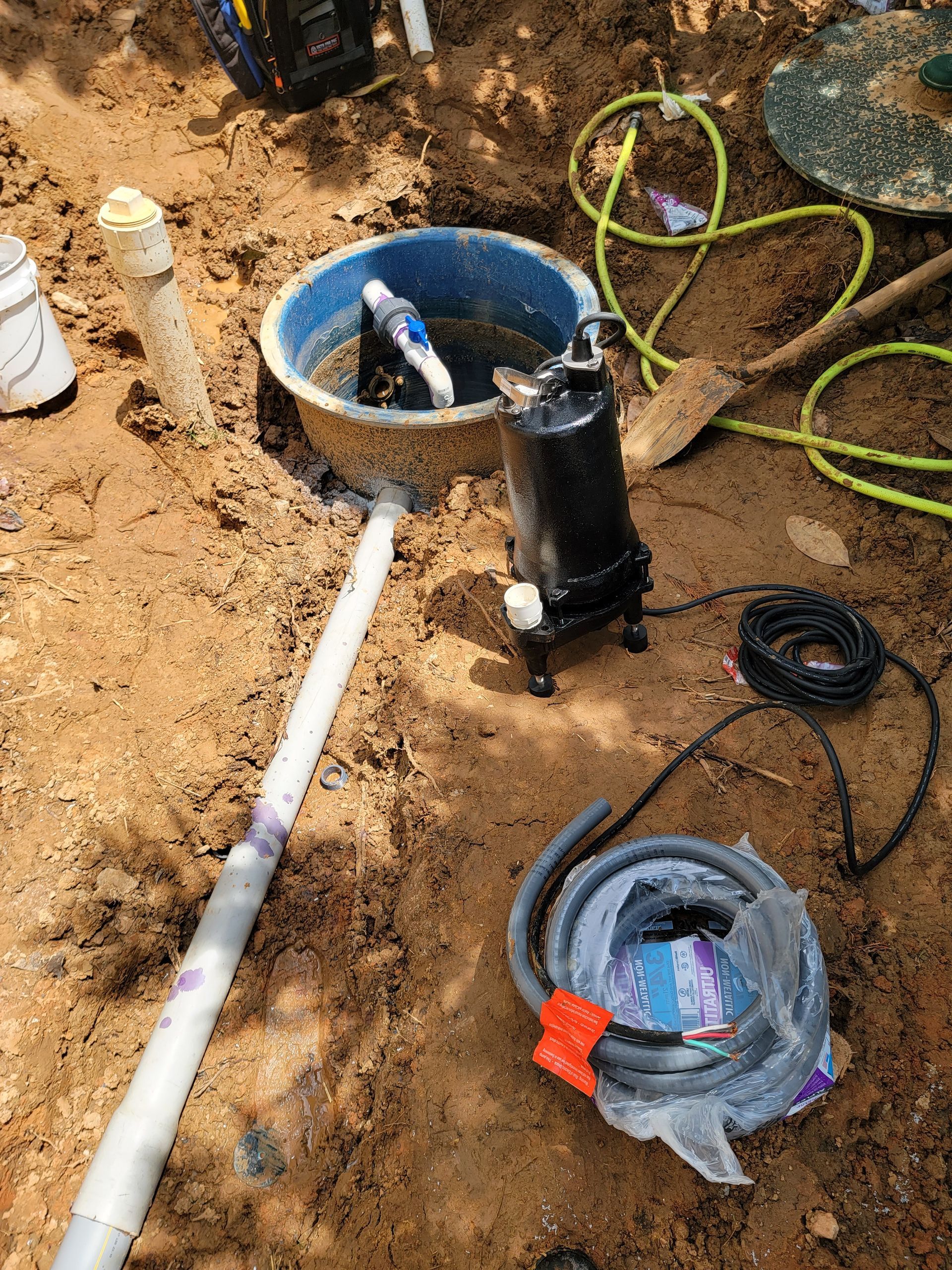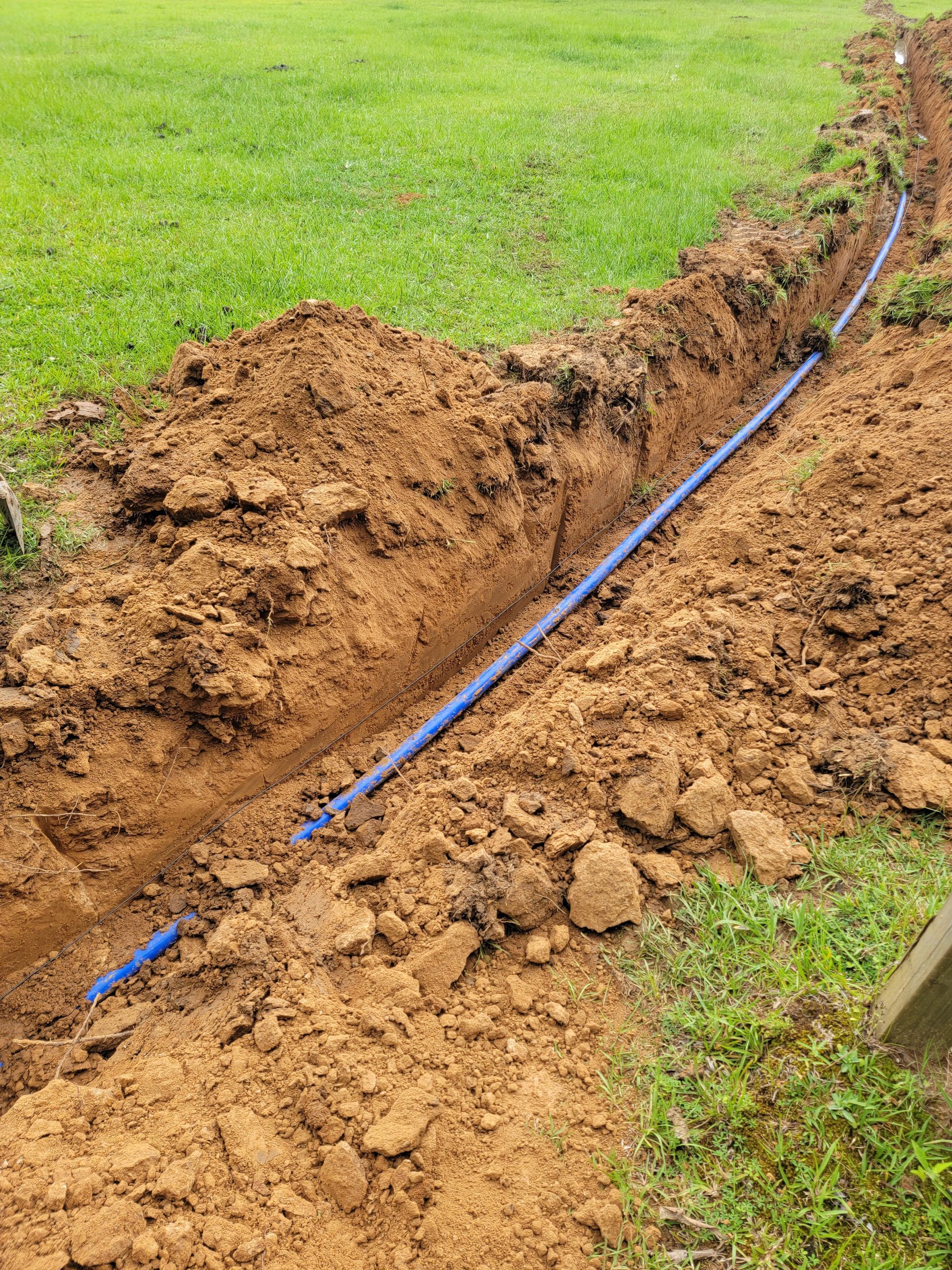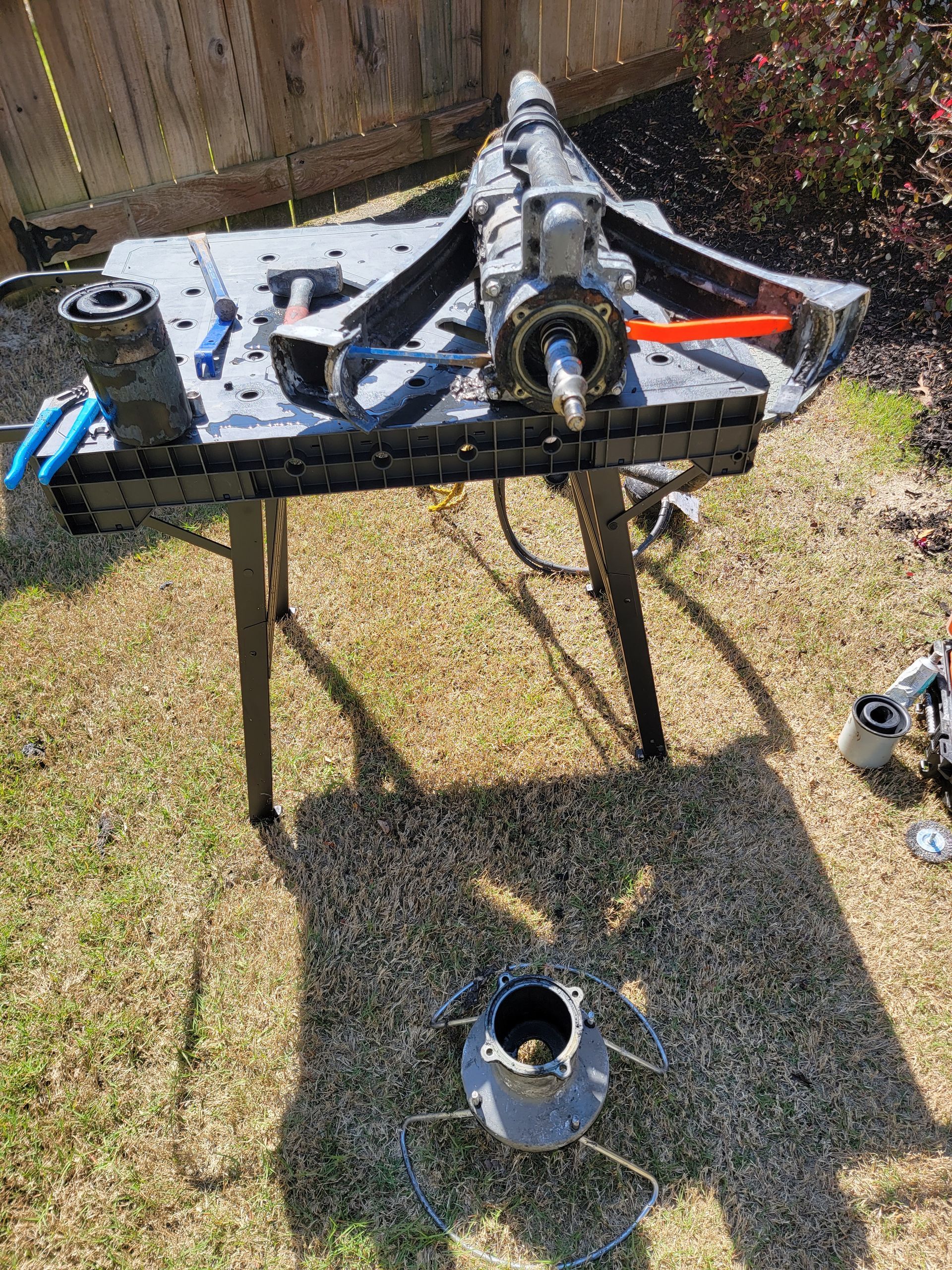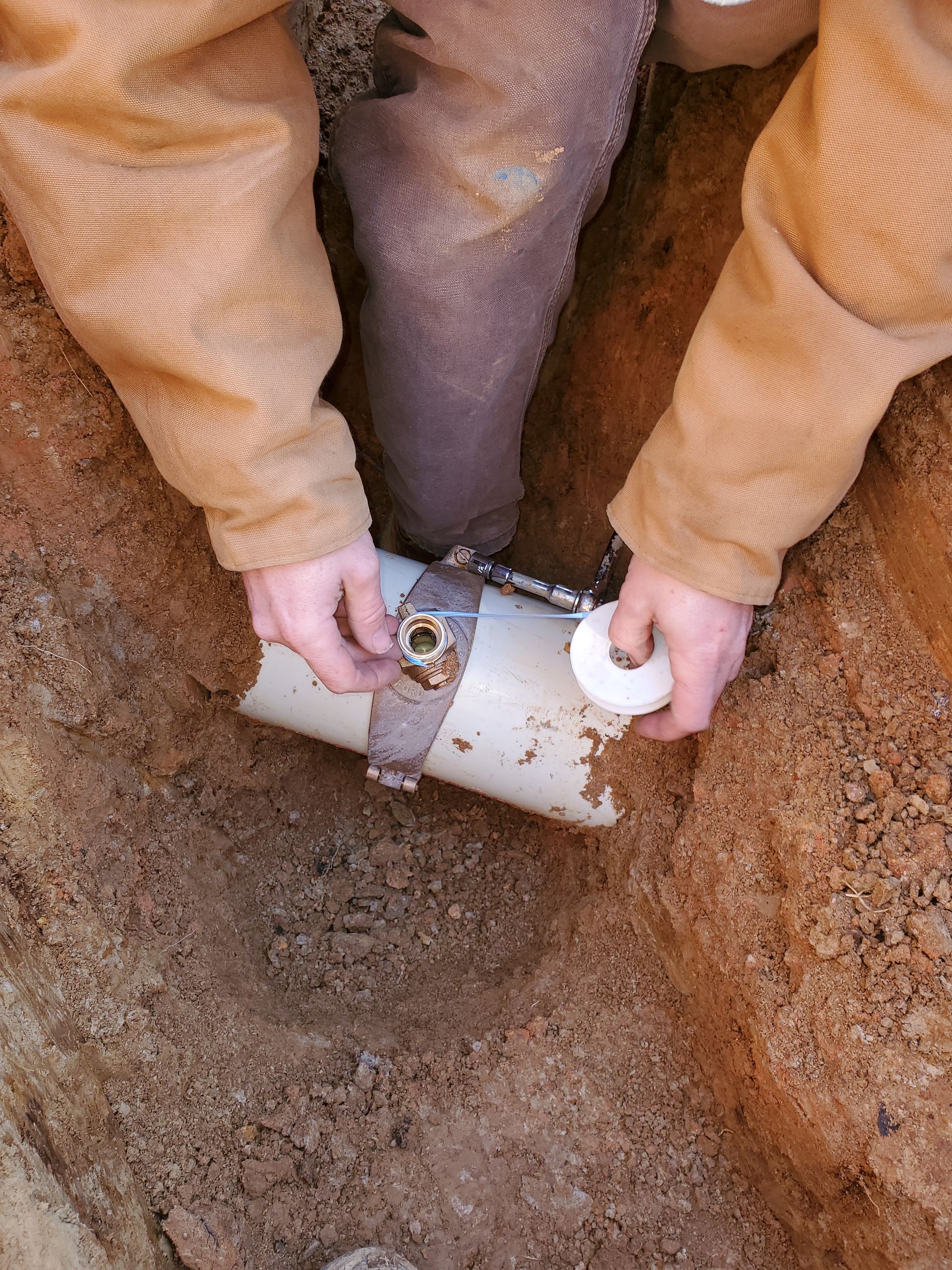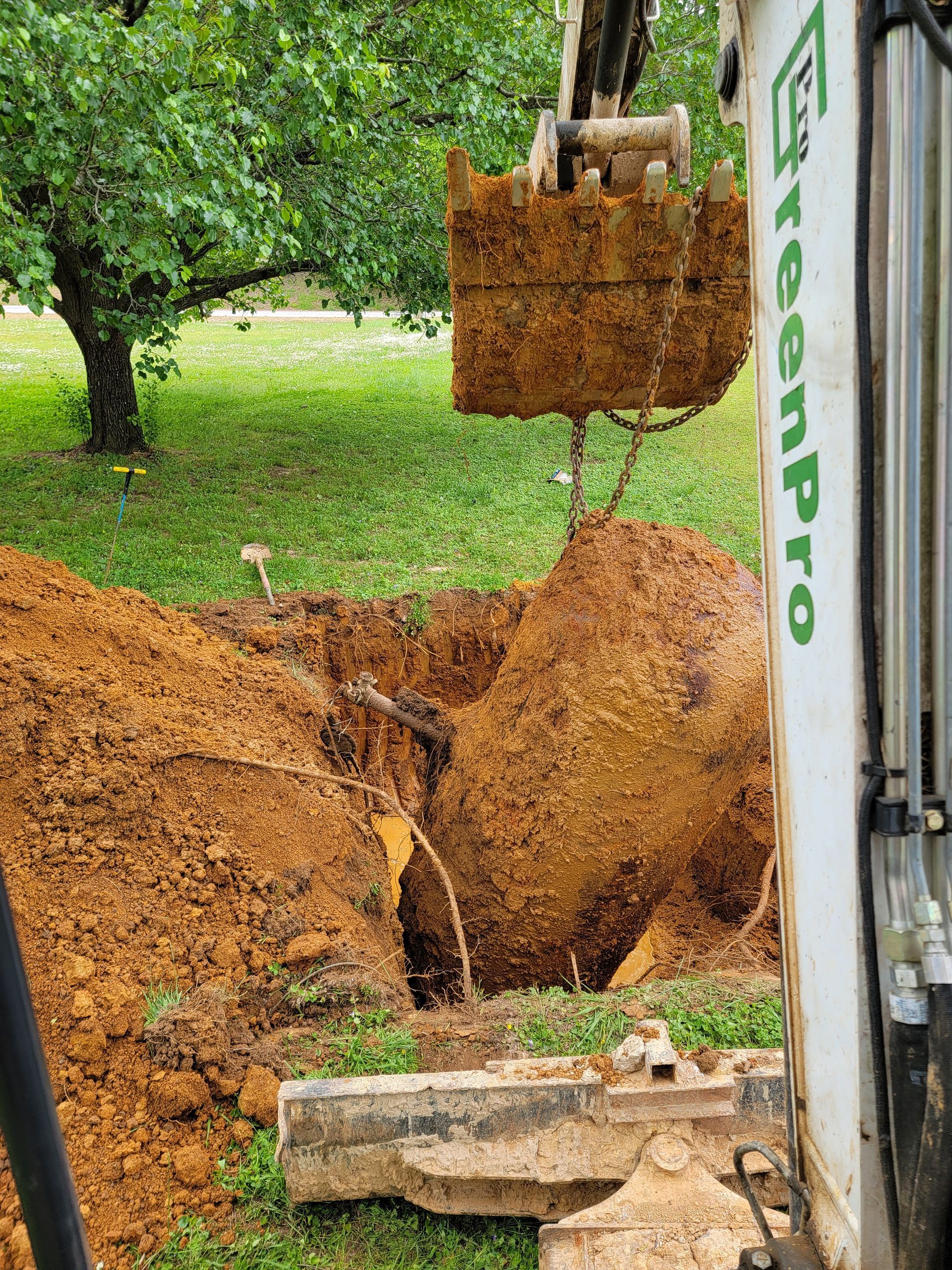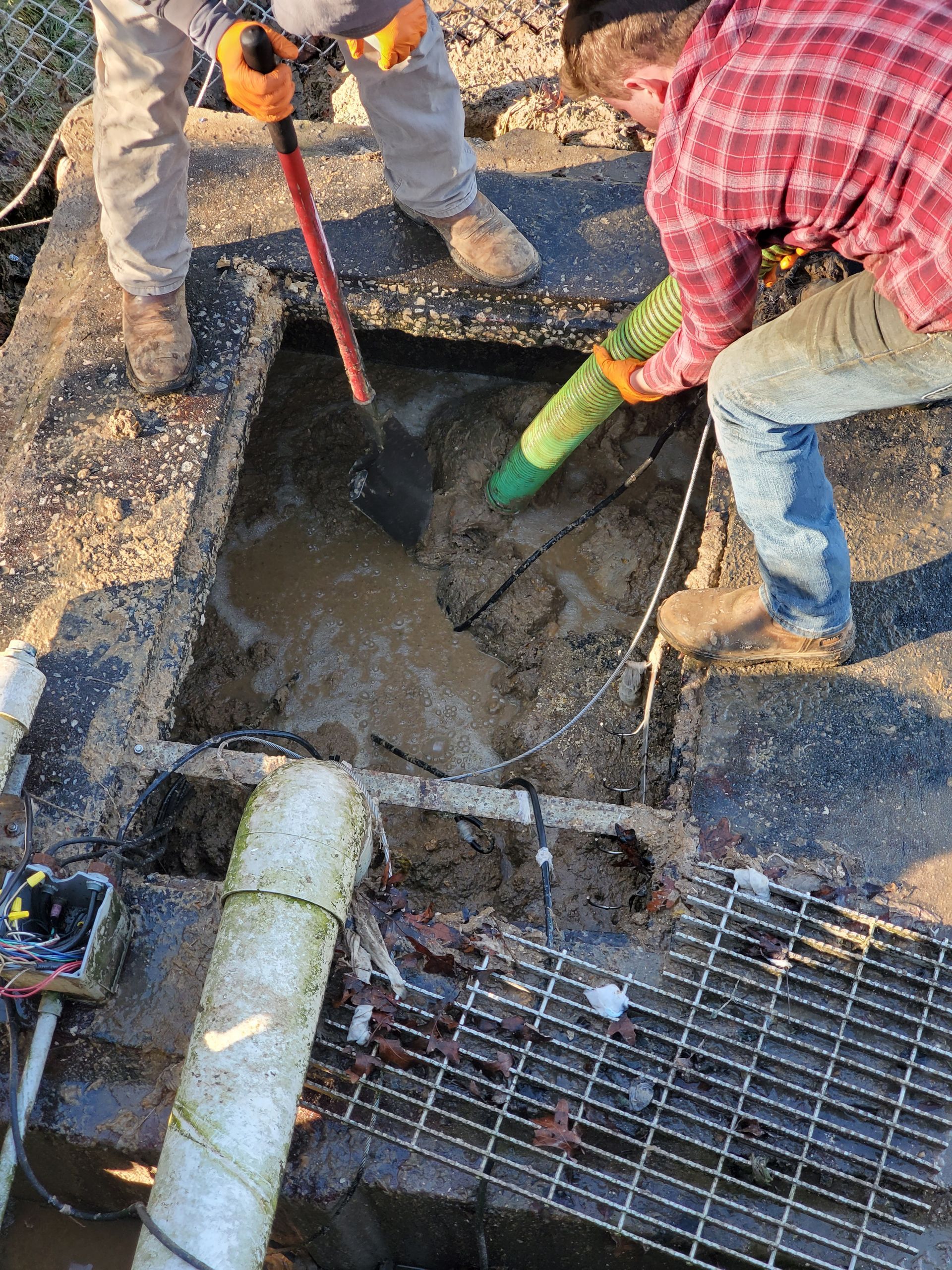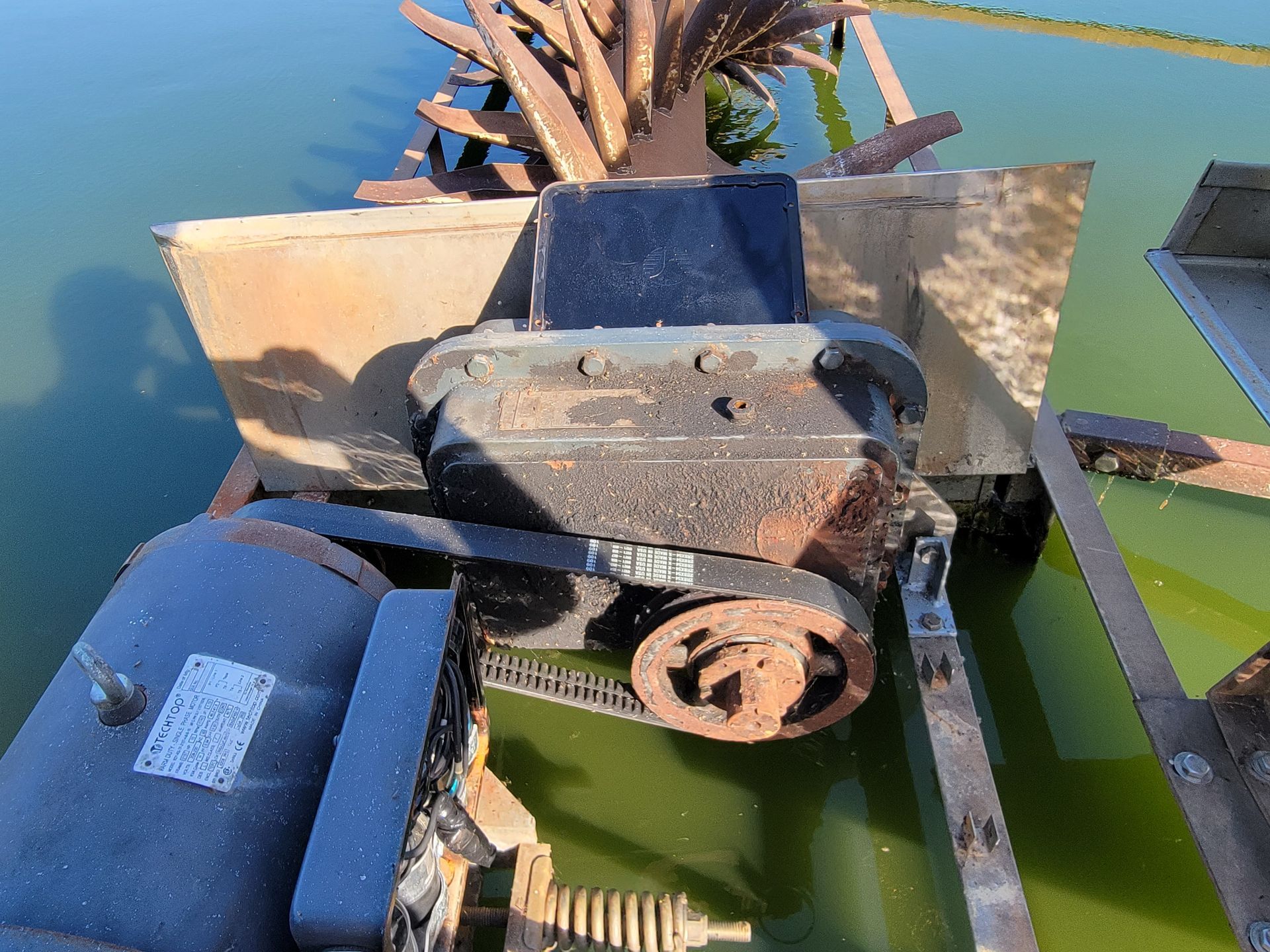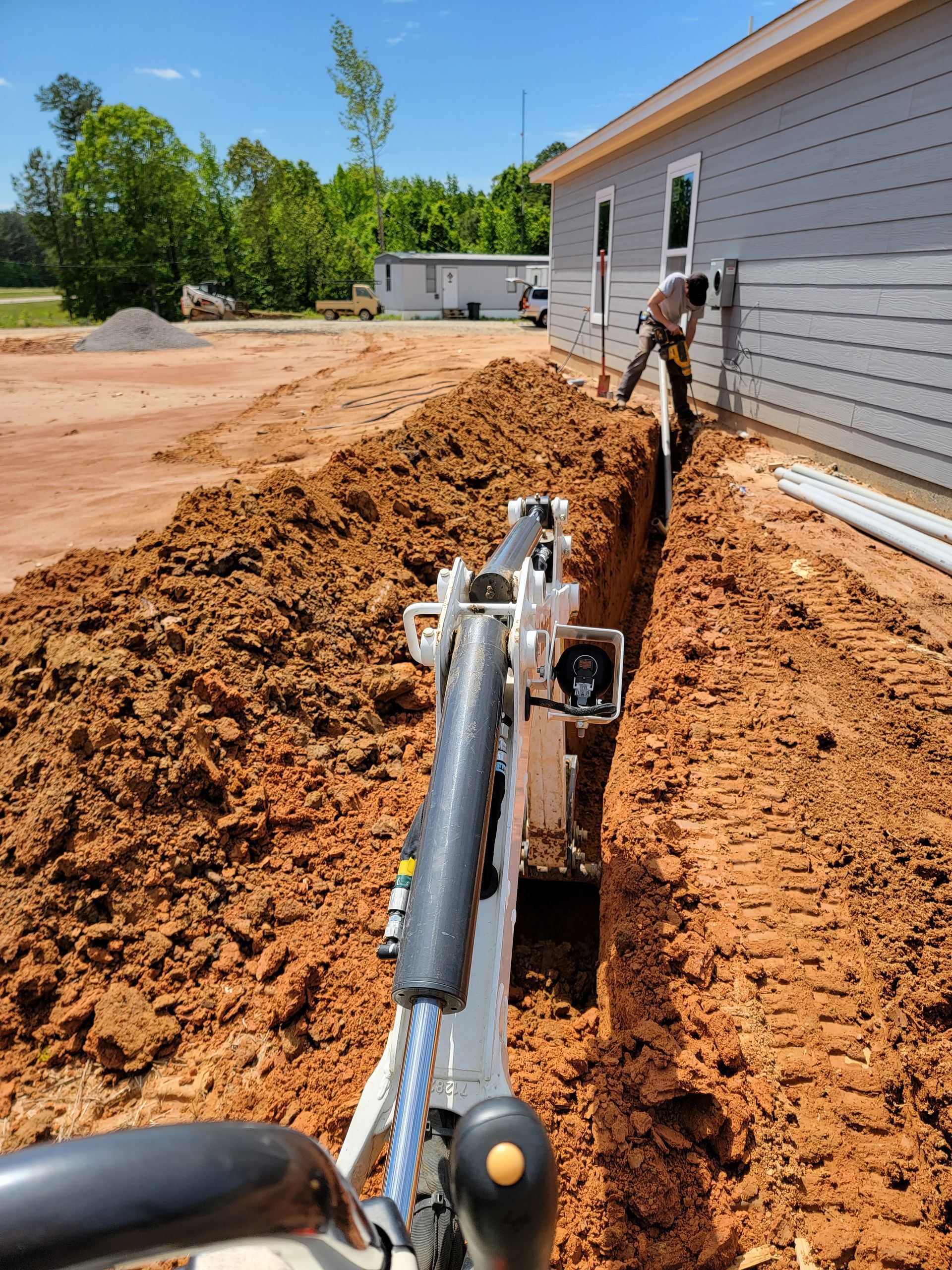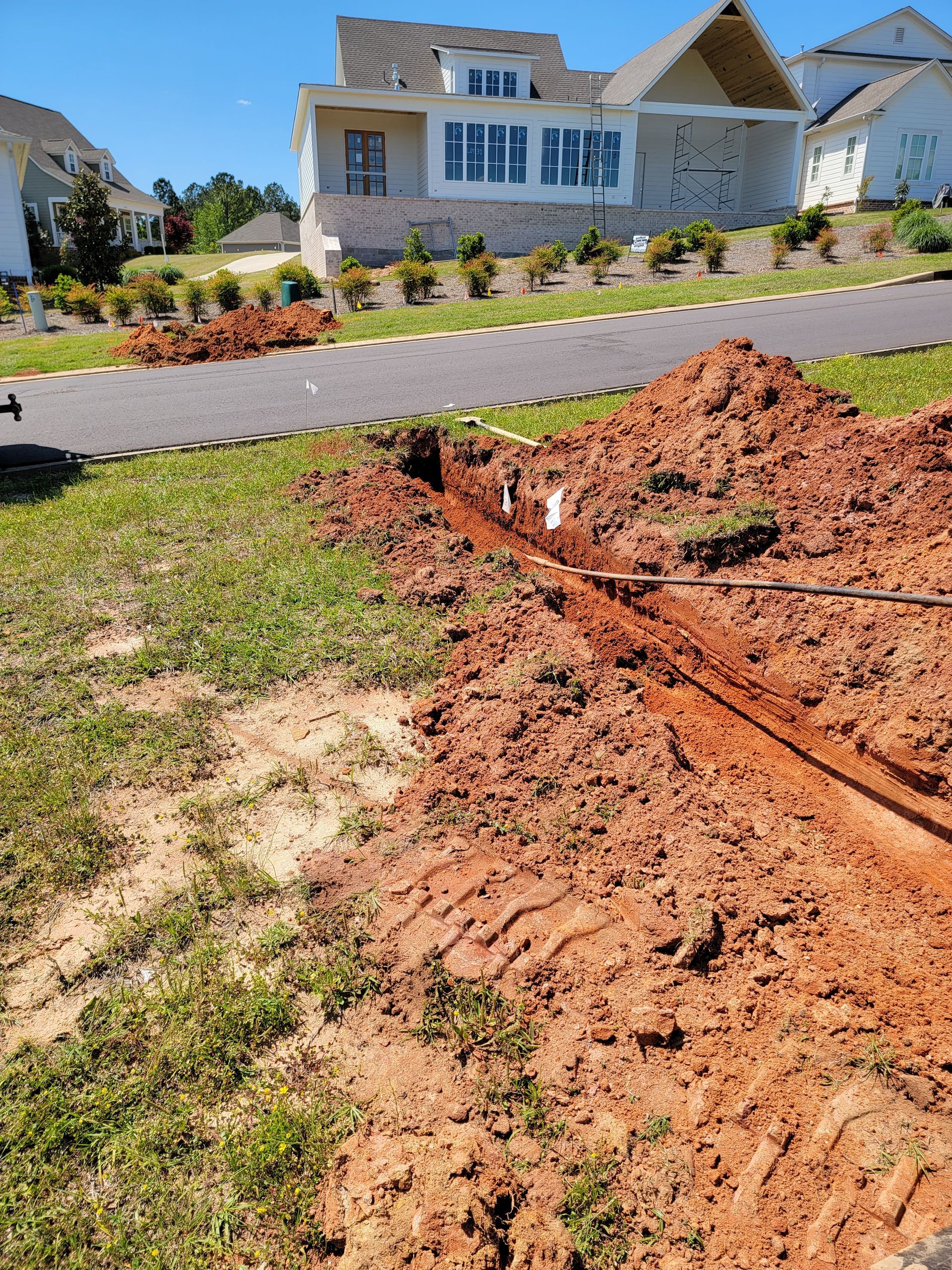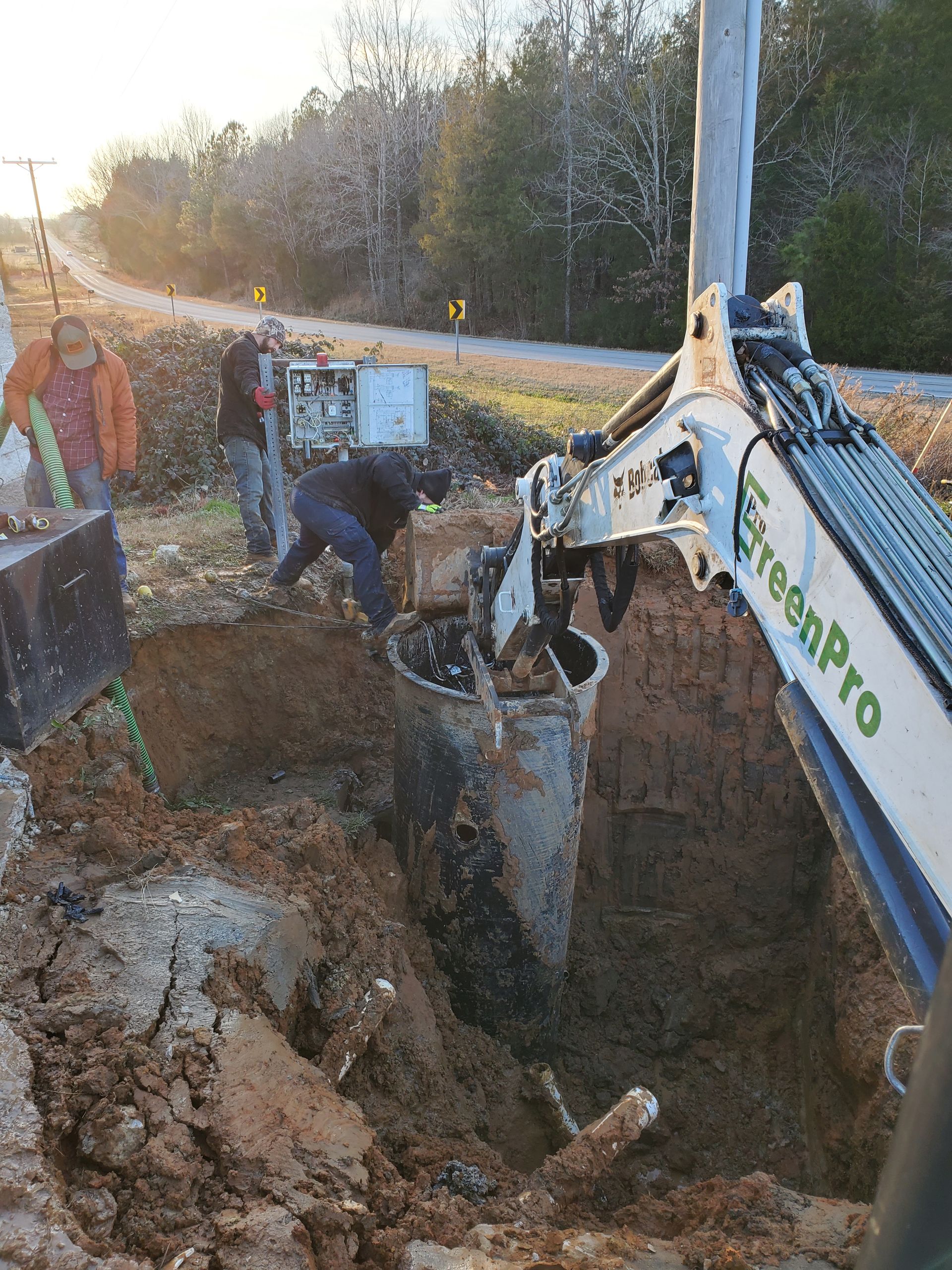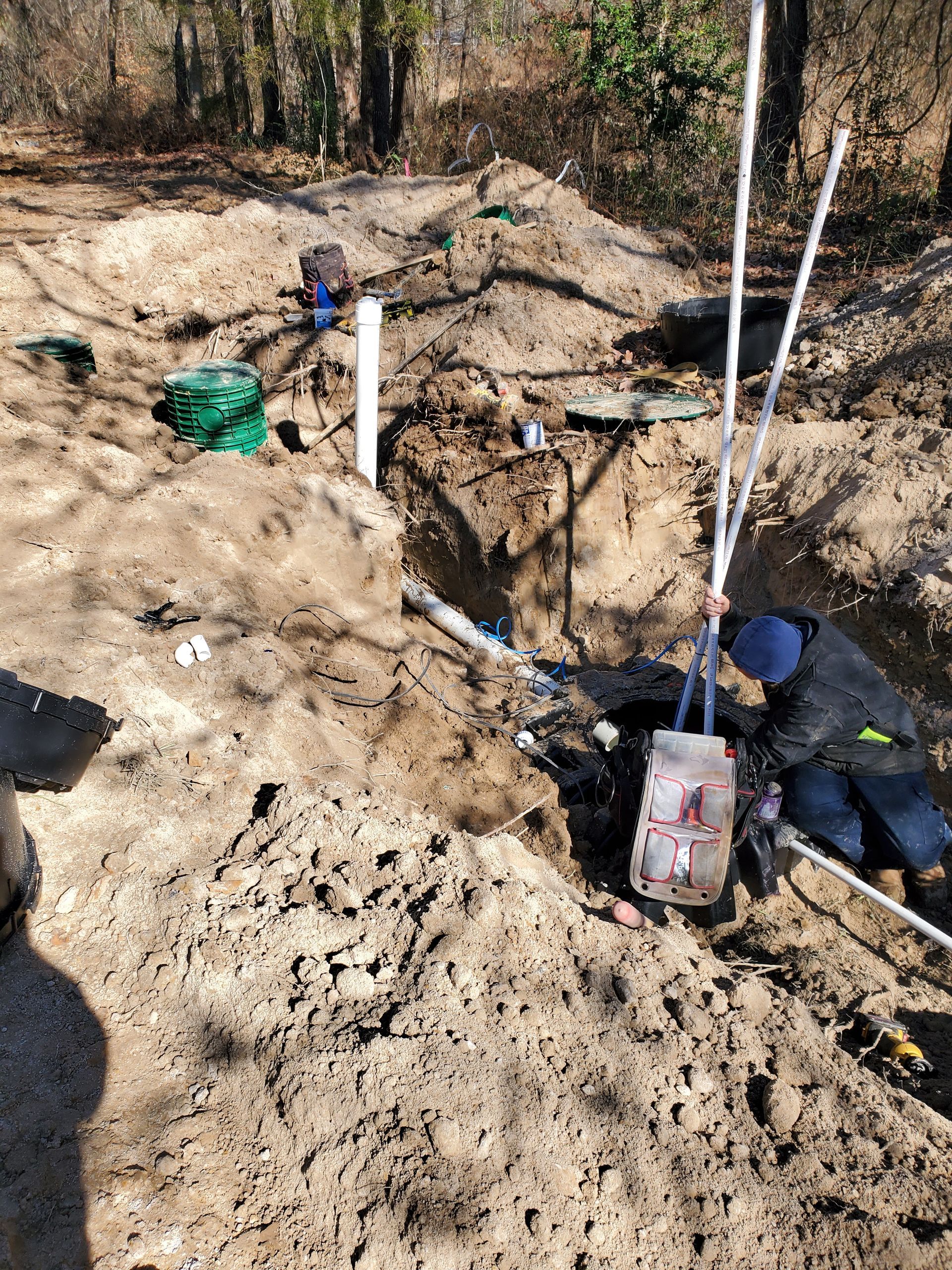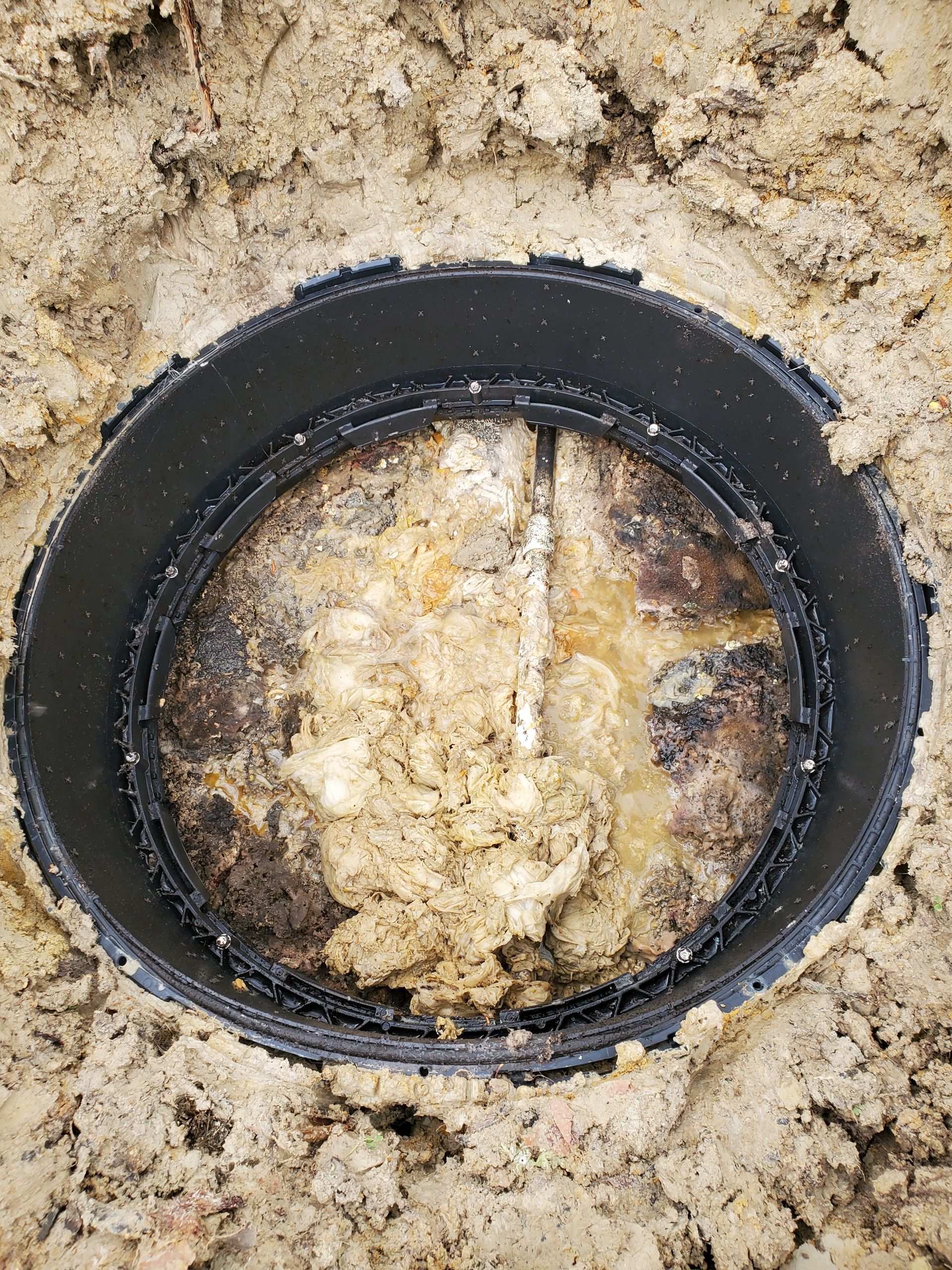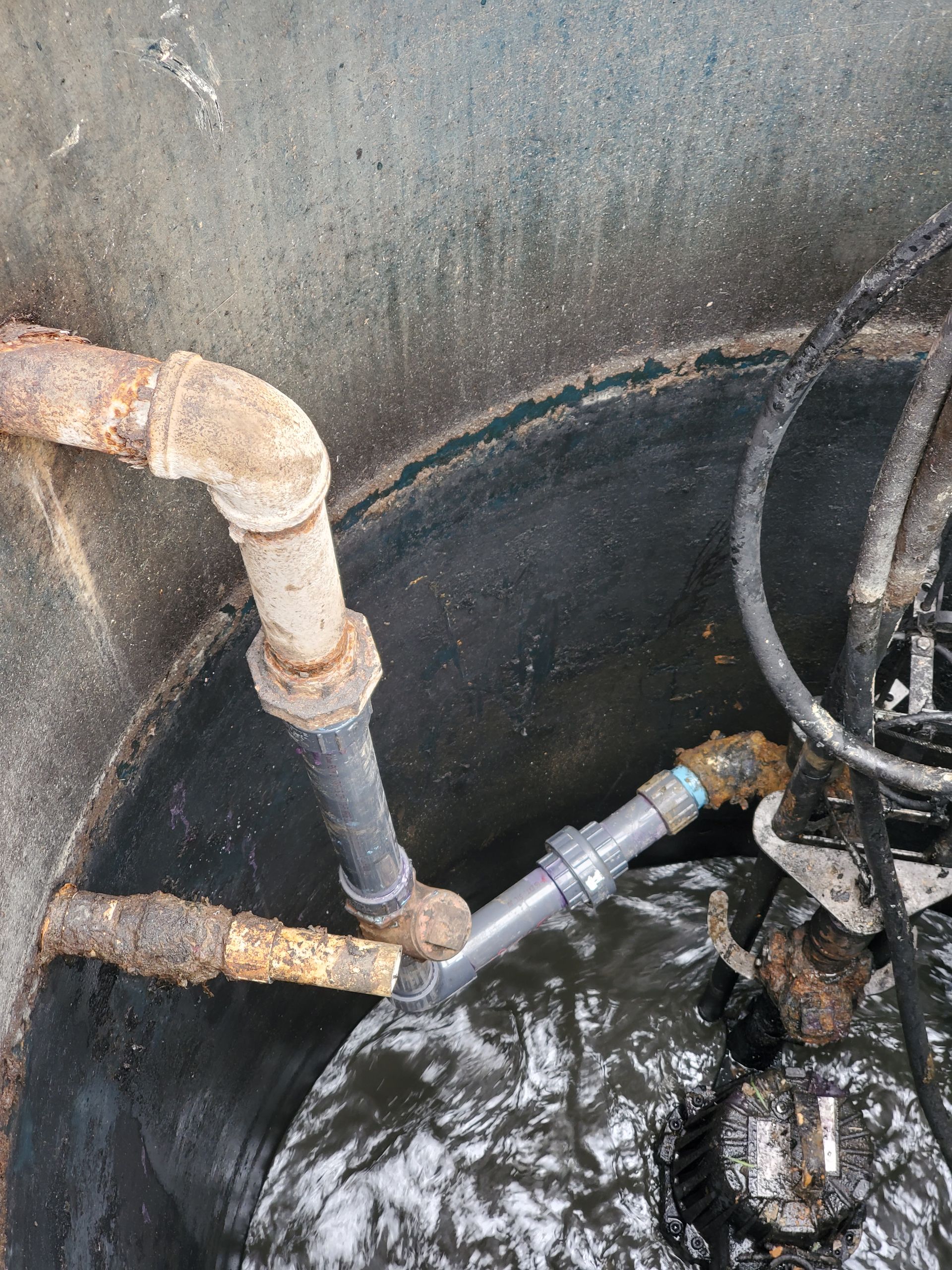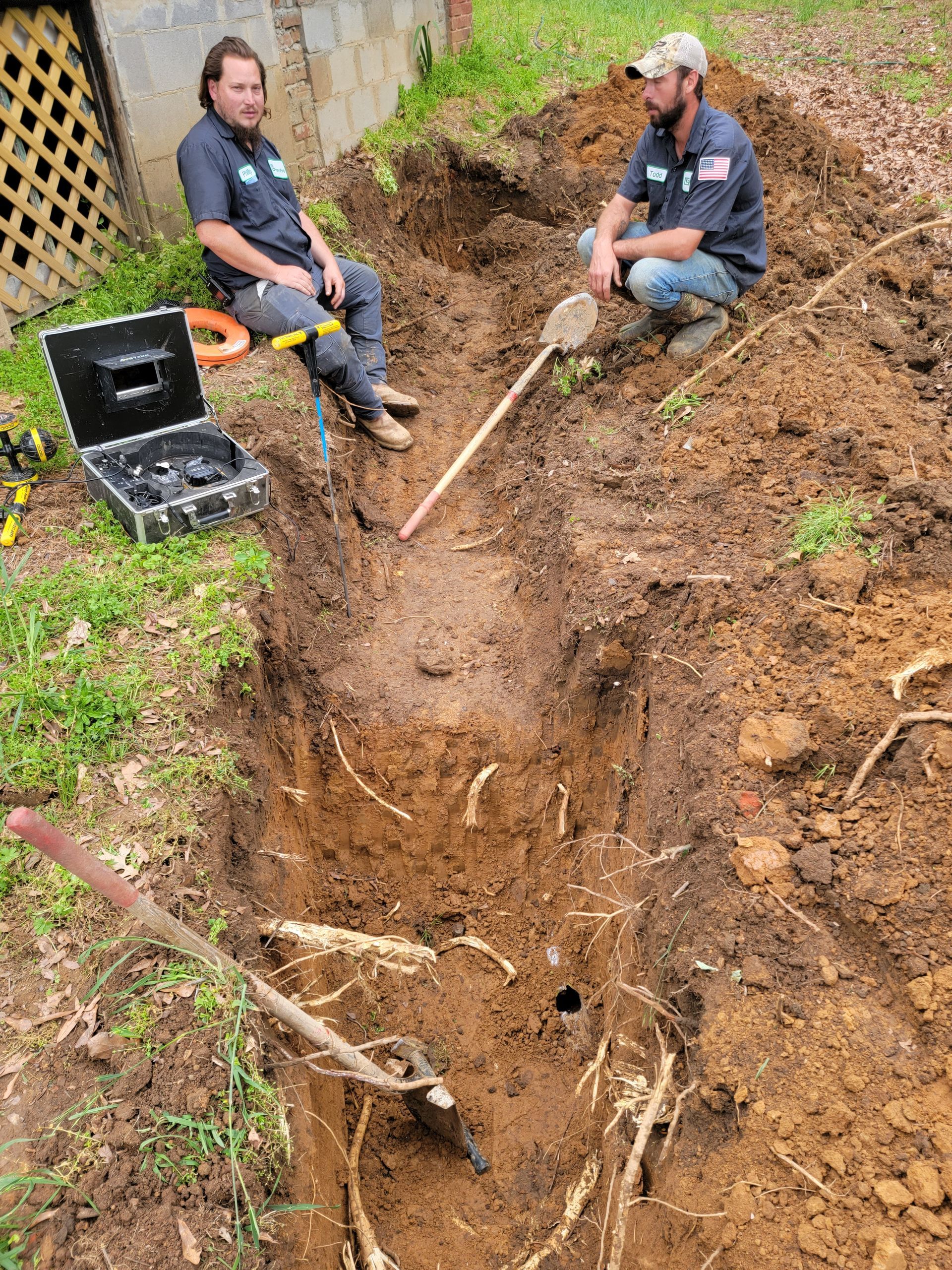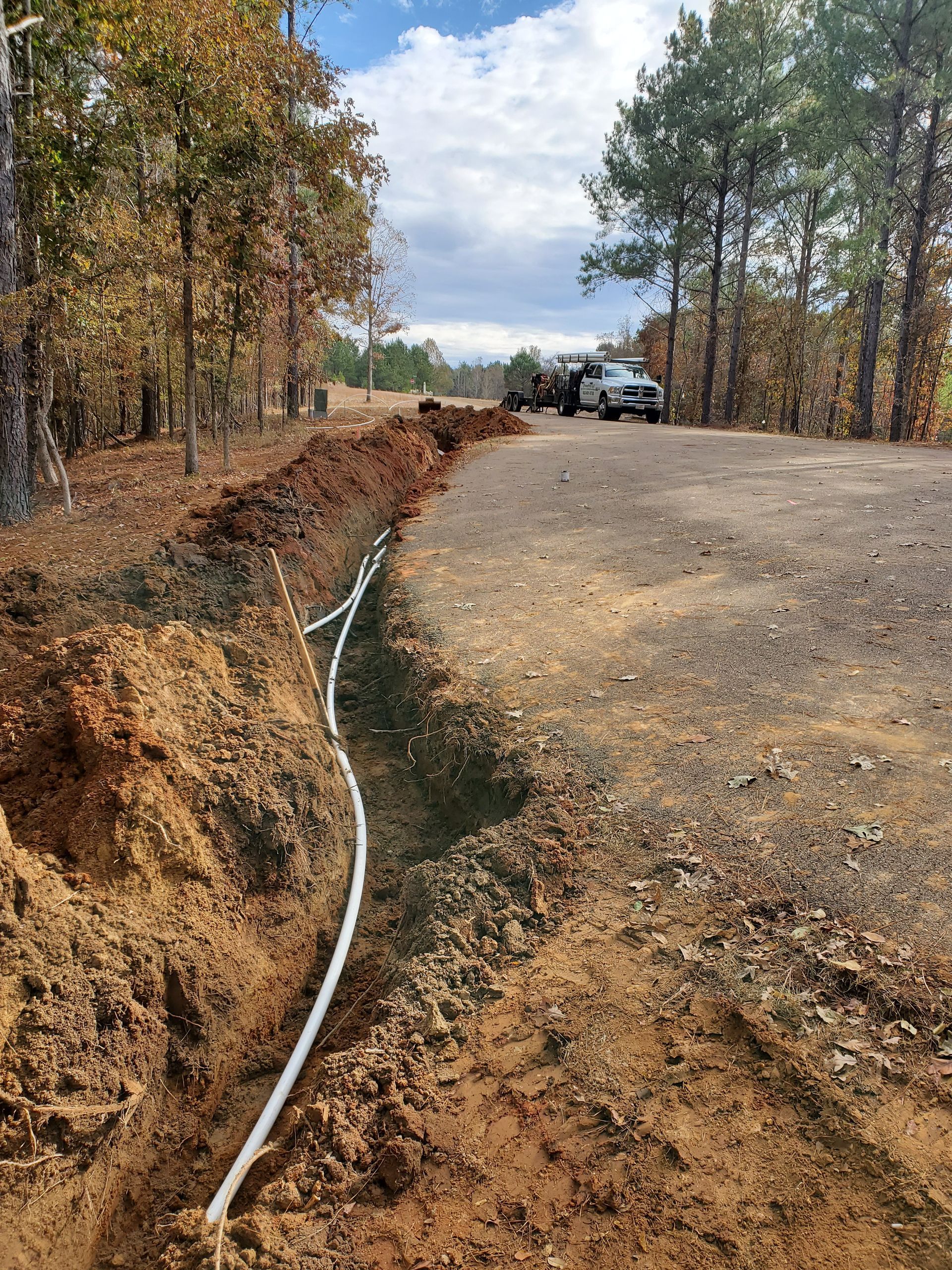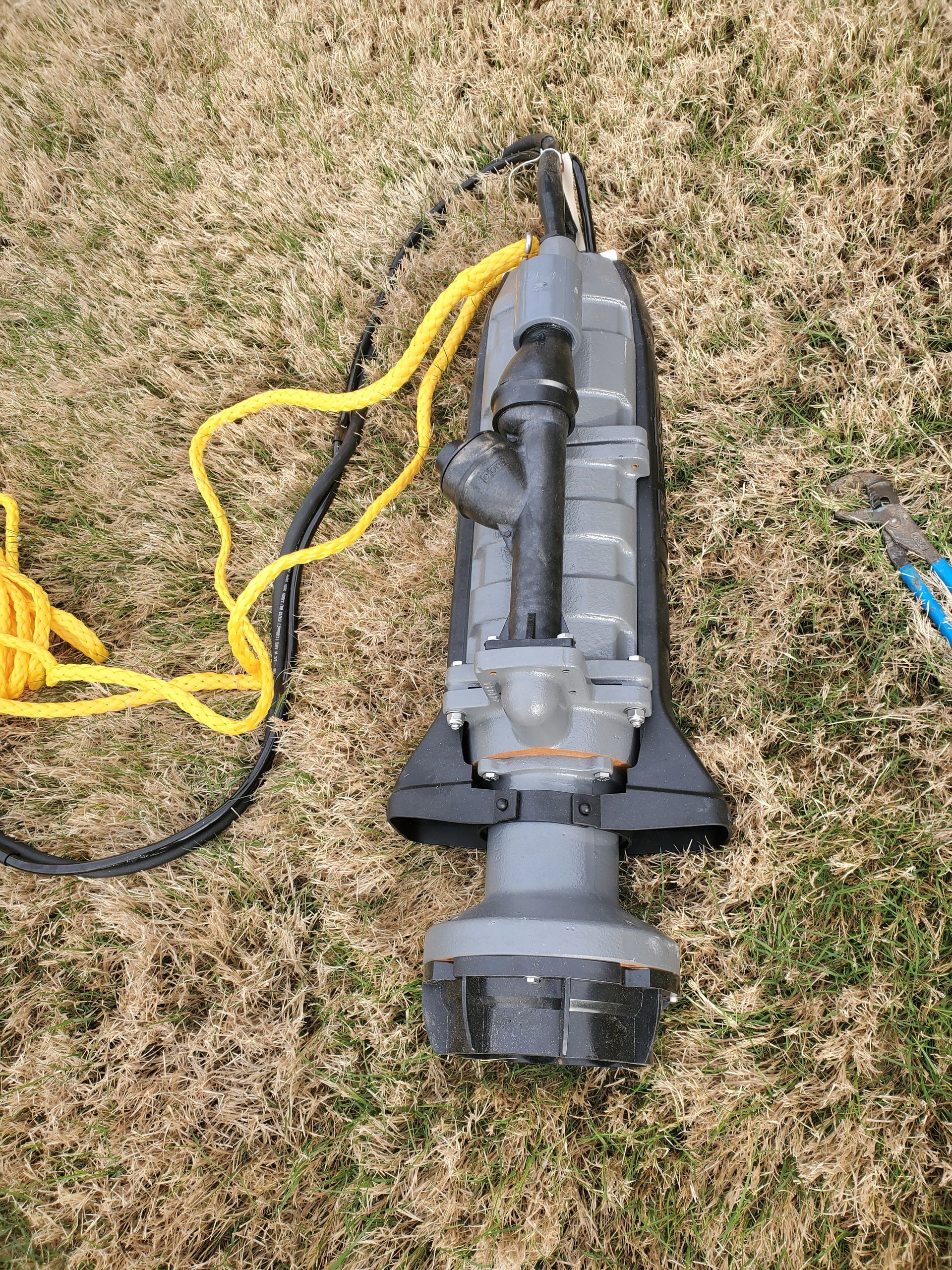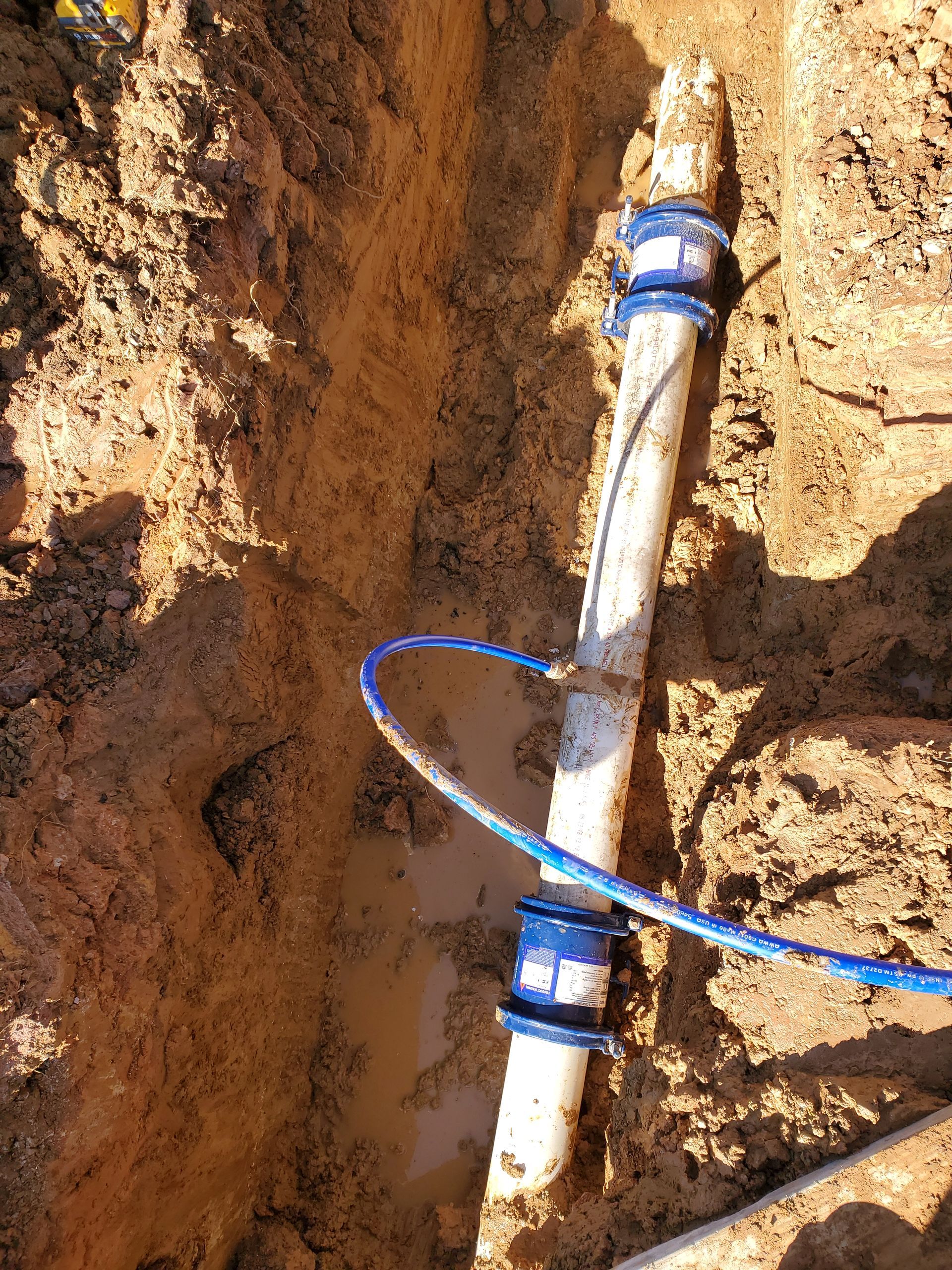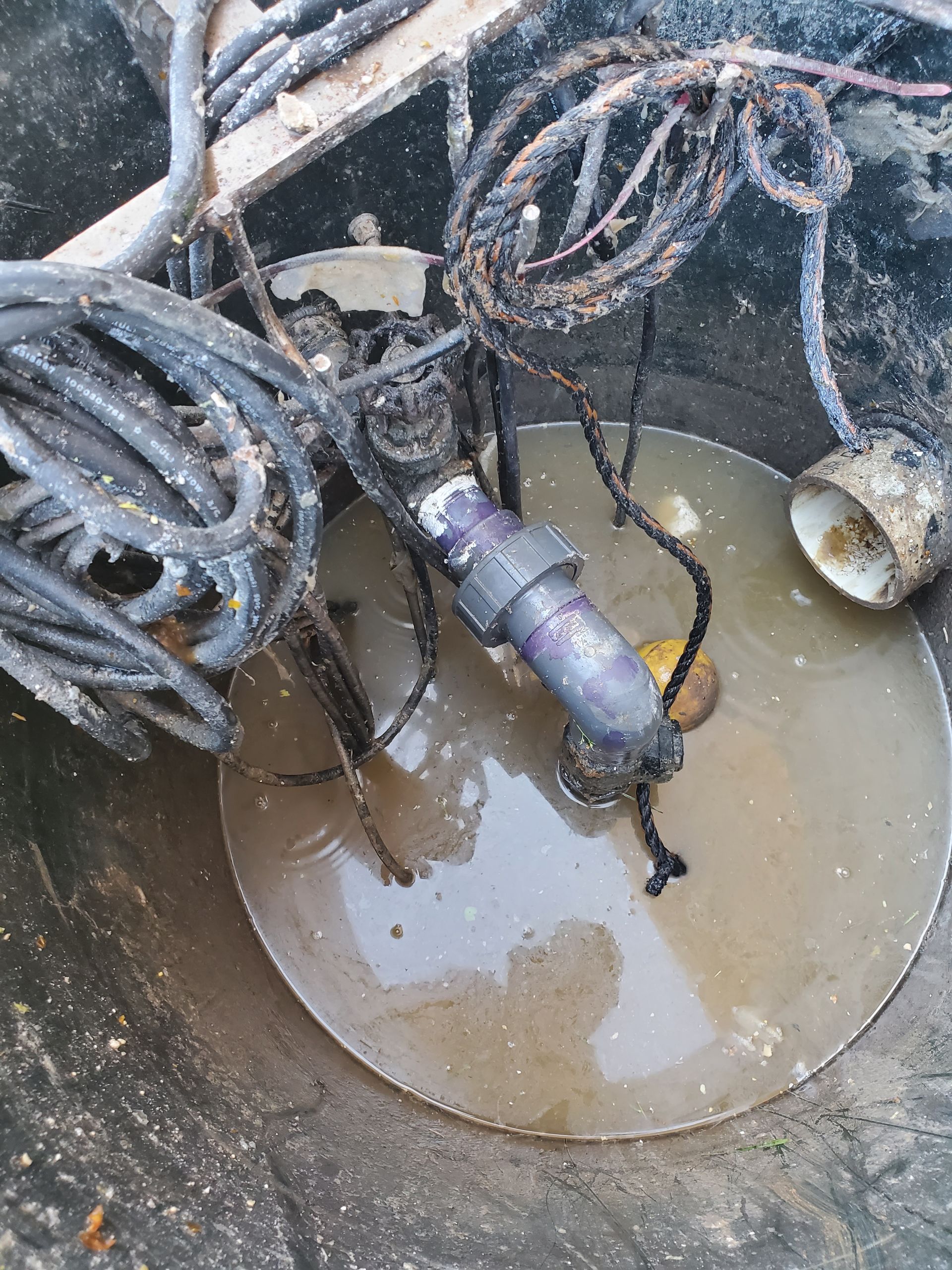Understanding the Importance and Process of Regular Septic Tank Maintenance
Septic tank cleaning is a critical aspect of maintaining a functional and efficient septic system in Mississippi. The purpose of a septic tank is to collect, treat, and dispose of wastewater from a home or building that is not connected to a centralized sewer system. The septic tank is designed to hold the wastewater long enough to allow for the separation of solids and liquids, with the solids sinking to the bottom and forming a layer of sludge, while lighter materials, such as oils and grease, float to the top and form a layer of scum. The liquid portion of the wastewater, called effluent, is released into the drain field, where it is naturally filtered and purified by the soil.
Over time, the sludge and scum layers in the septic tank can build up, reducing the tank's capacity and potentially leading to clogs and backups. That's why it's important to have your septic tank cleaned regularly, typically every 3-5 years, to remove the accumulated solids and scum.
The septic tank cleaning process typically involves the following steps:
- Inspection: A professional septic service provider will first inspect the tank to determine its size, condition, and the level of solids and scum buildup.
- Pumping: Using specialized equipment, the service provider will pump out the solids and scum from the tank. The waste is transported to a treatment facility for disposal.
- Cleaning: After pumping out the waste, the service provider will clean the interior of the tank, removing any remaining debris or buildup.
- Inspection: Once the cleaning is complete, the service provider will inspect the tank again to ensure that it is in good condition and functioning properly.
Regular septic tank cleaning is essential to maintain a healthy and functional septic system. Neglecting septic tank cleaning can lead to several problems, including:
- Clogs and backups: If the sludge and scum layers in the tank build up too much, they can clog the pipes and cause wastewater to back up into your home or building.
- Tank damage: If the sludge and scum layers are not removed regularly, they can cause damage to the tank walls and other components, leading to leaks and other problems.
- Soil and groundwater contamination: If the septic system is not functioning properly, wastewater can leak into the surrounding soil, contaminating the groundwater and potentially spreading harmful bacteria and viruses.
To avoid these problems, it's important to have your septic tank cleaned regularly by a professional septic service provider such as GreenPro in Northern Mississippi. In addition to regular cleaning, there are several things you can do to maintain a healthy septic system, including:
- Use water efficiently: Minimize water usage by repairing leaks, using water-efficient appliances, and spreading out water use throughout the day.
- Avoid flushing non-biodegradable materials: Only flush toilet paper and human waste down the toilet. Avoid flushing other materials, such as wipes, feminine hygiene products, or medications.
- Be mindful of what you pour down the drain: Avoid pouring grease, oils, and other harsh chemicals down the drain, as these can harm the bacteria in the septic tank.
In conclusion, septic tank cleaning is a critical aspect of maintaining a functional and efficient septic system. Regular cleaning, combined with proper maintenance and care, can help prevent clogs, backups, and other problems, ensuring that your septic system functions properly for years to come.
Fill out our 'soft-pull' finance application (that does not hurt your credit), and we'll be glad to help! After submitting the application, you can expect to hear back from us within 48 hours to discuss your options.

Easy application, get approved in minutes

No-interest, no-payment plans for up to 18 months

Explore financing options without impacting your credit

Easily manage your account and make payments online
